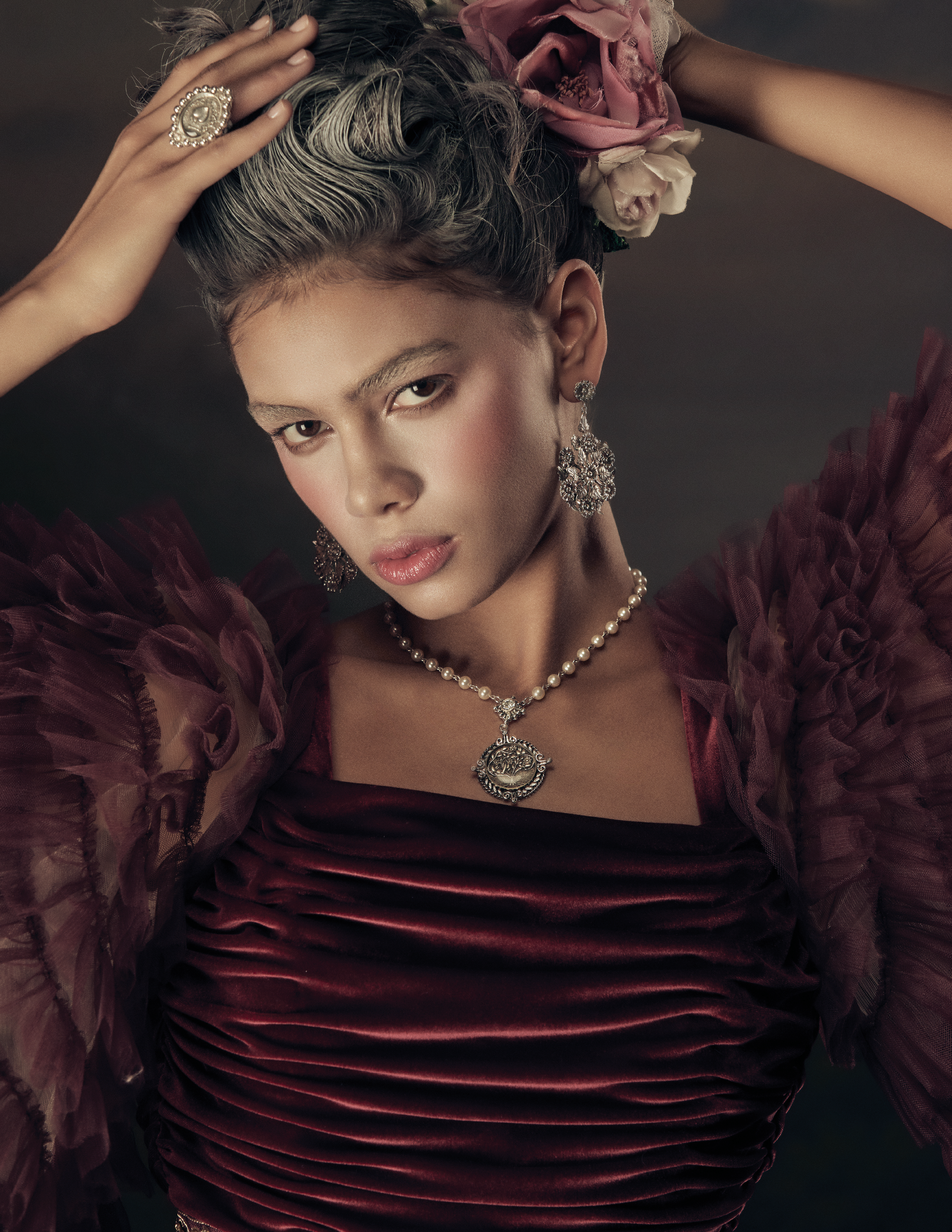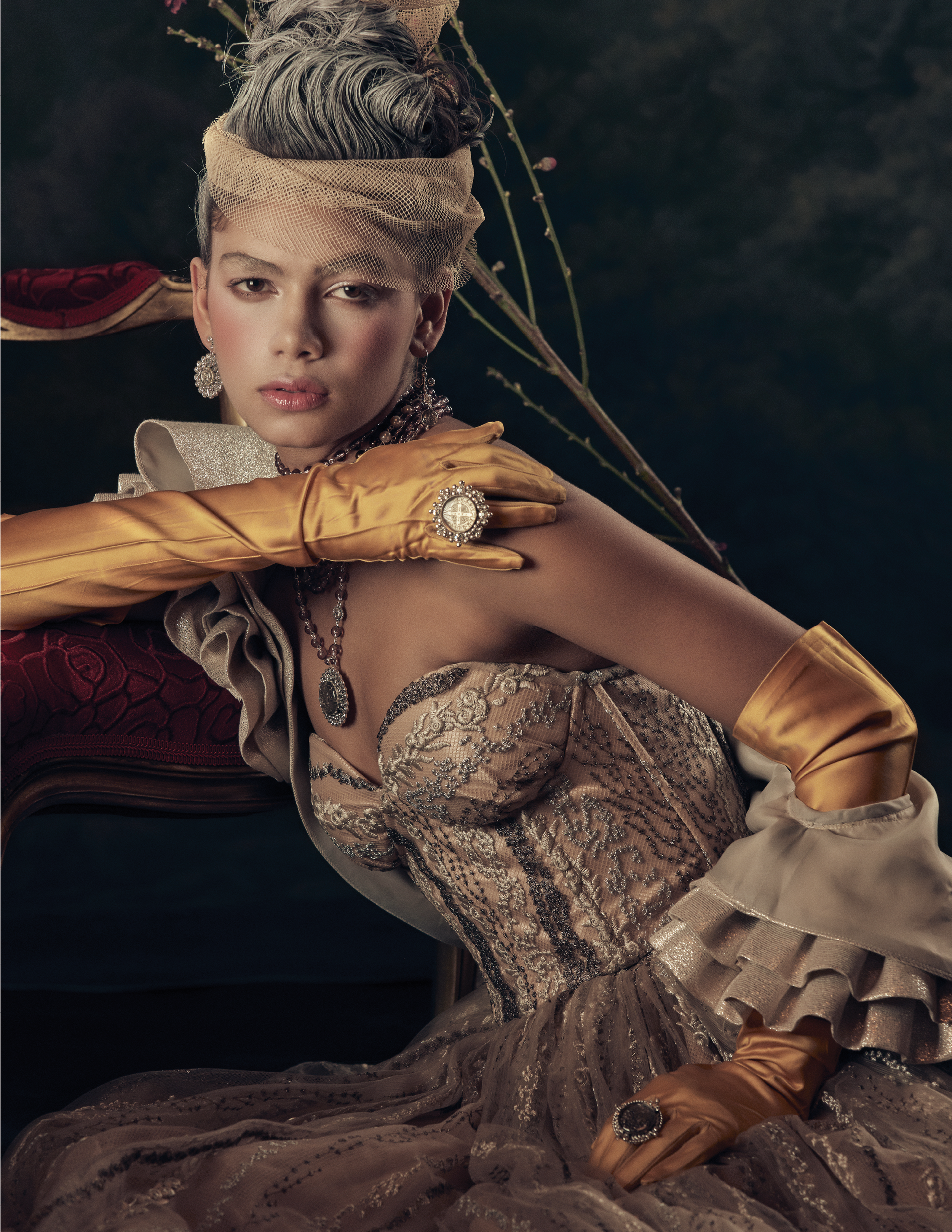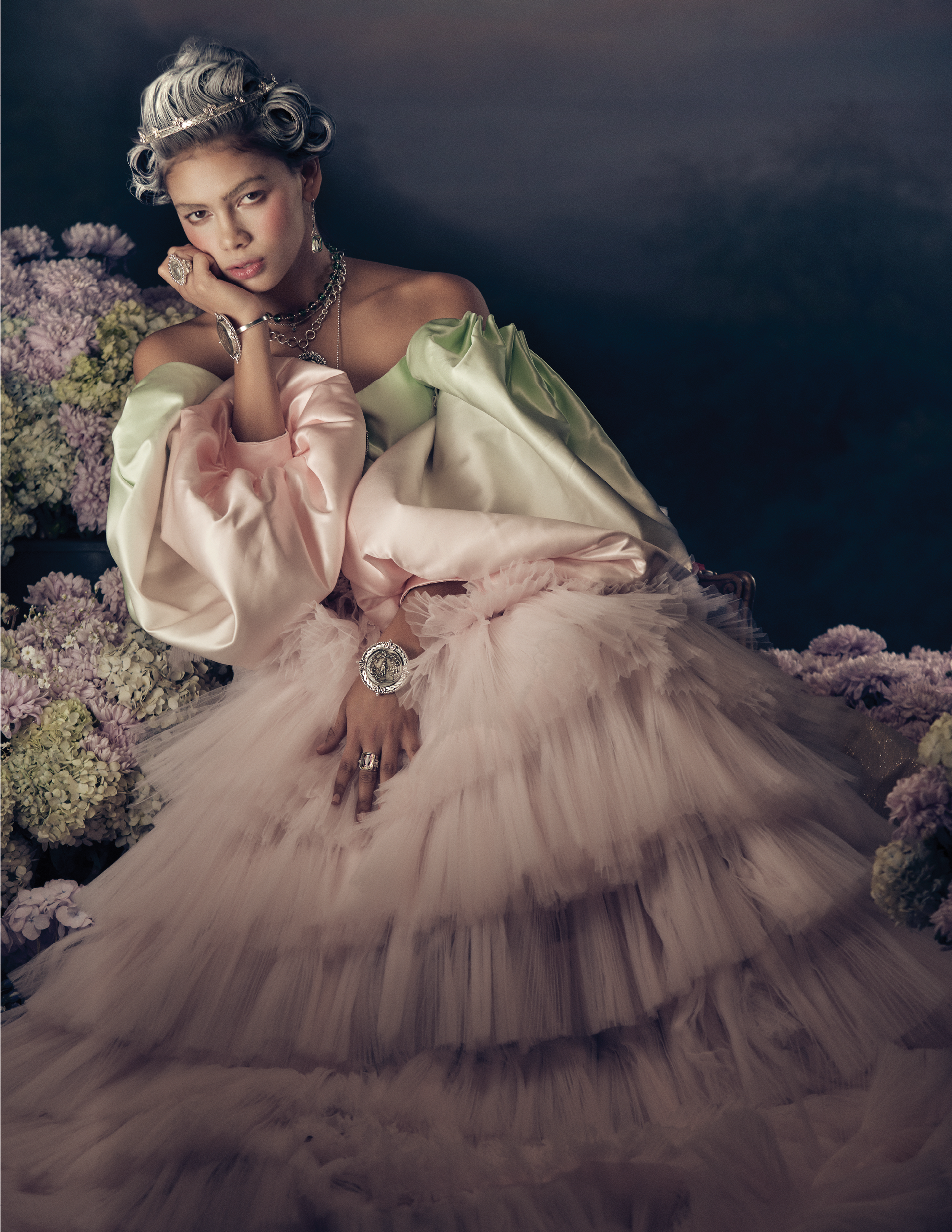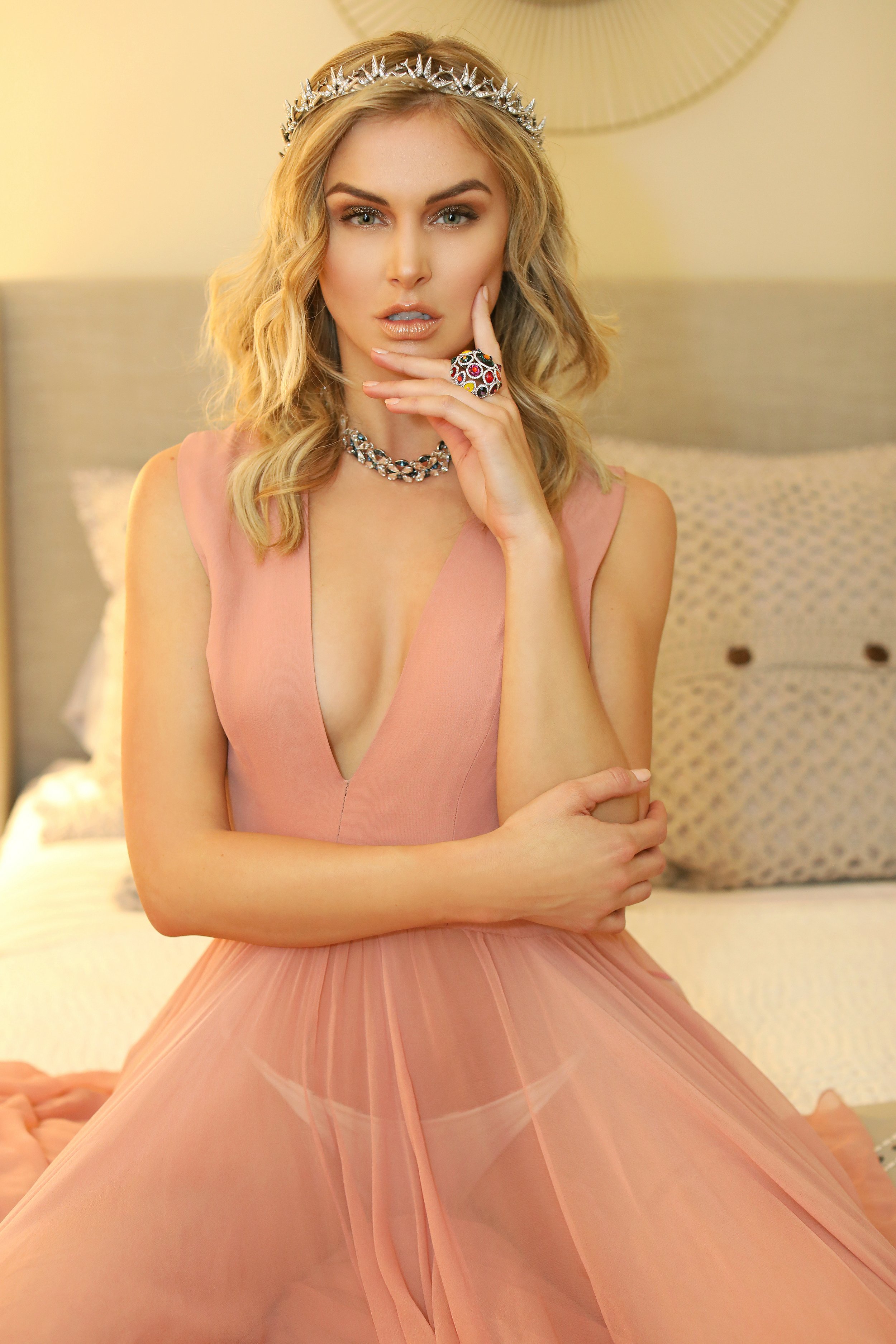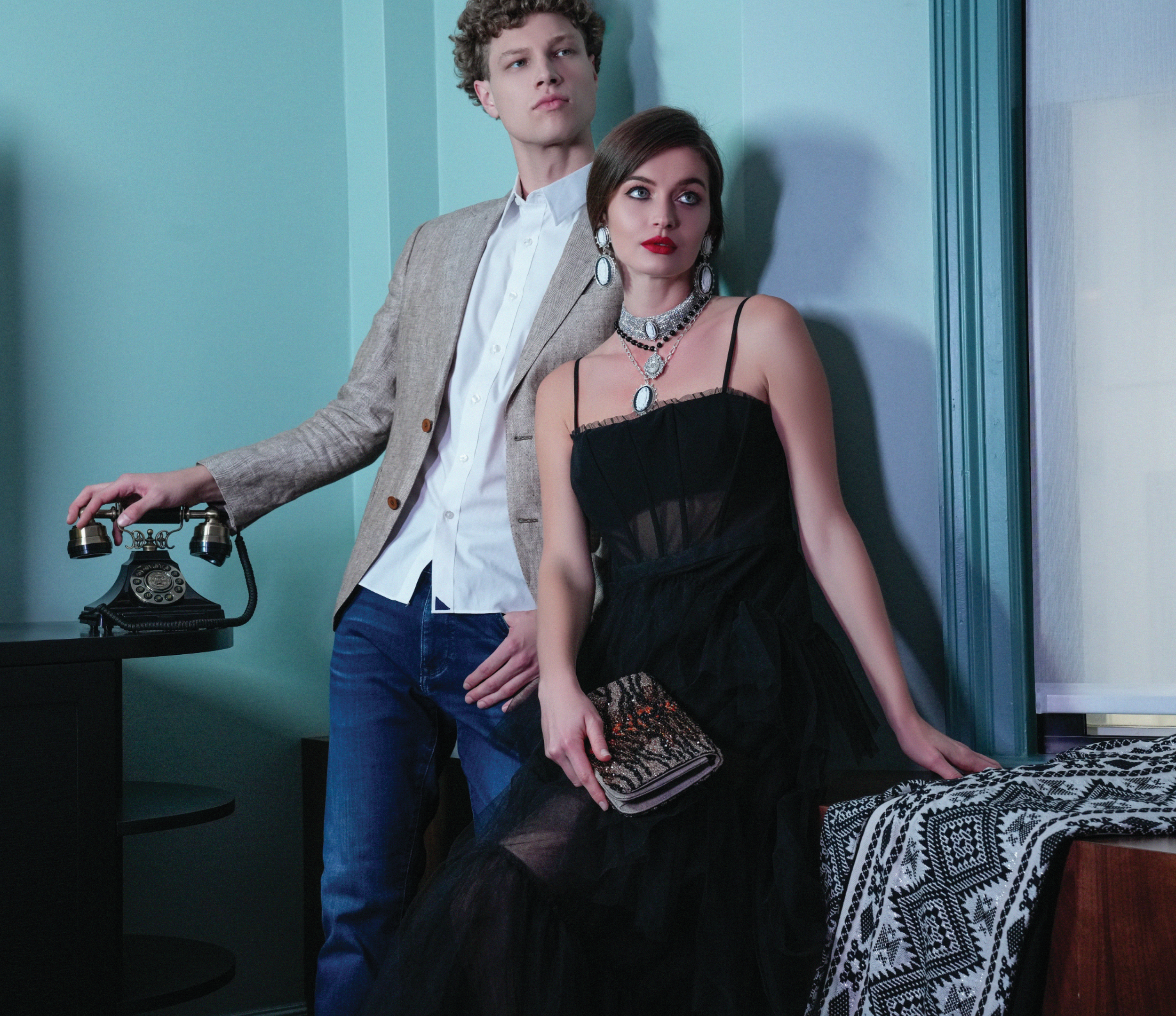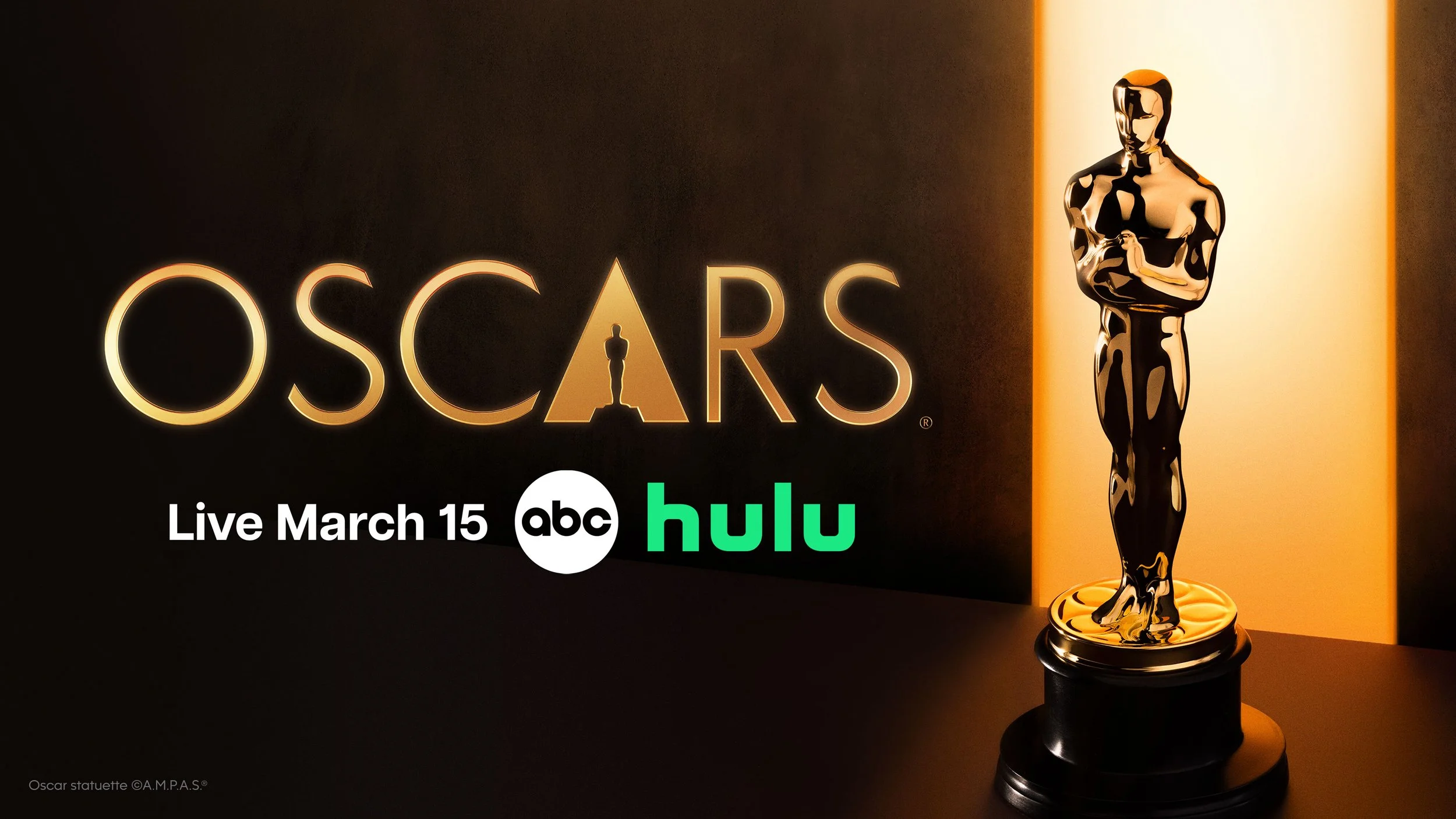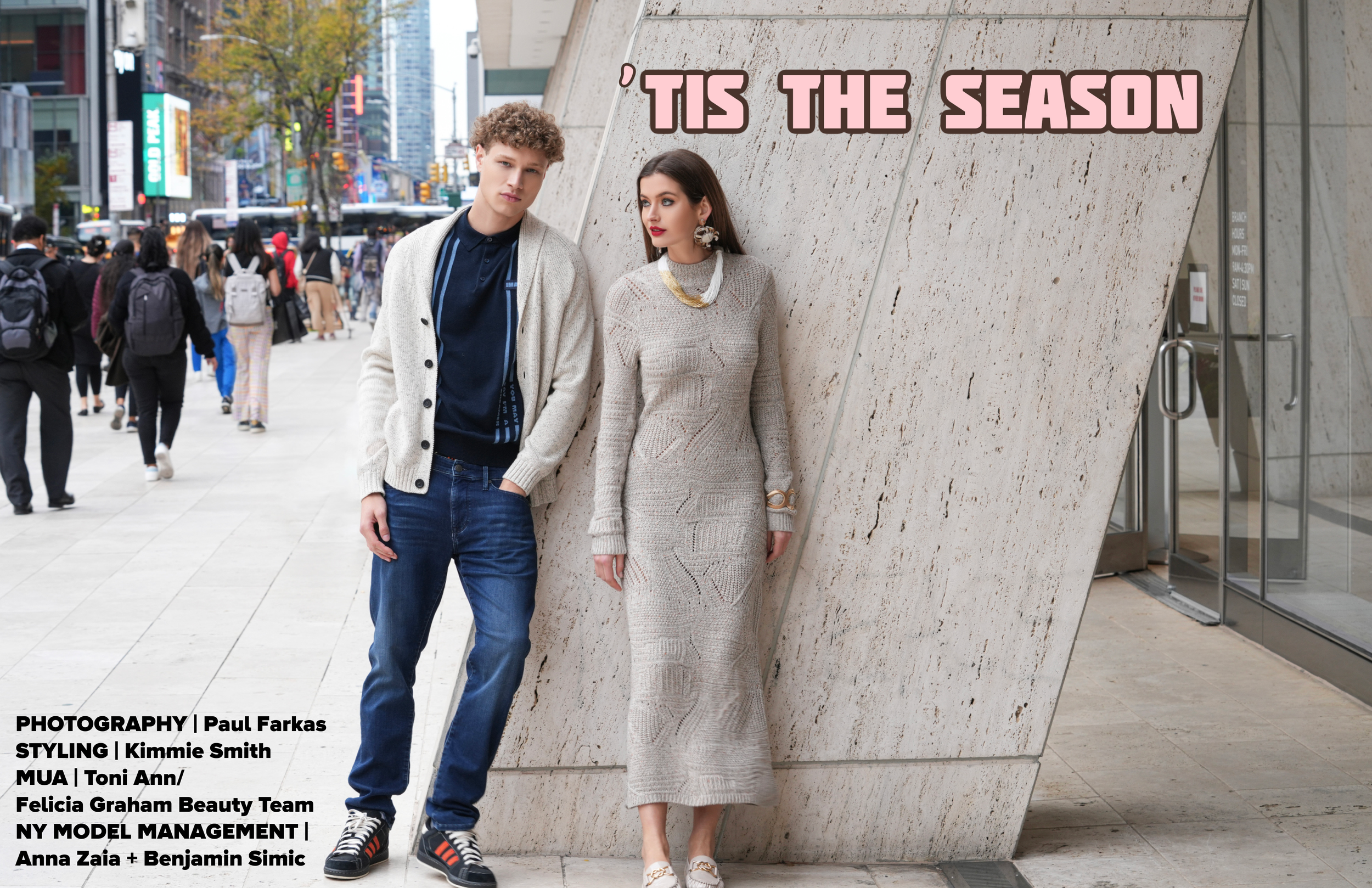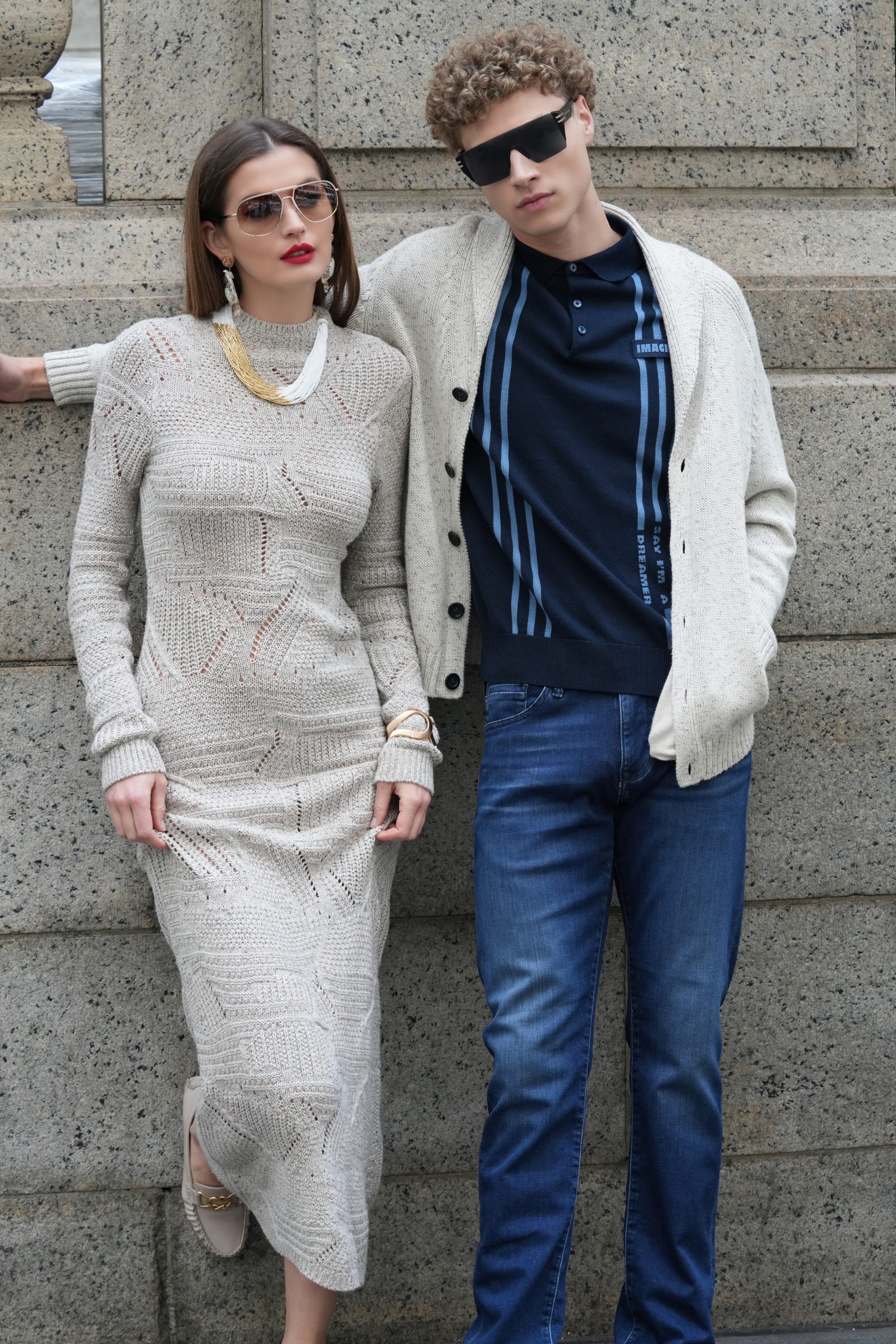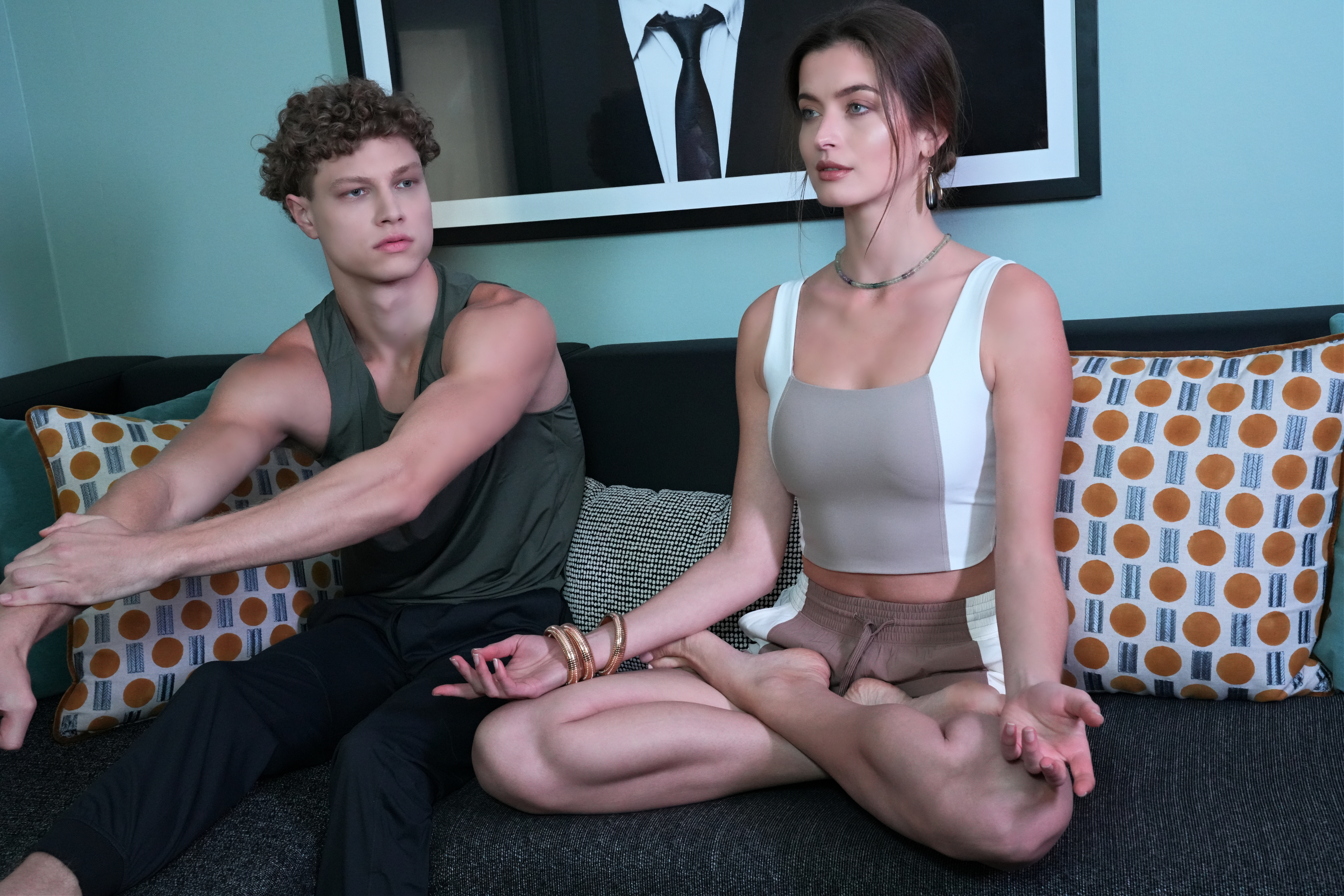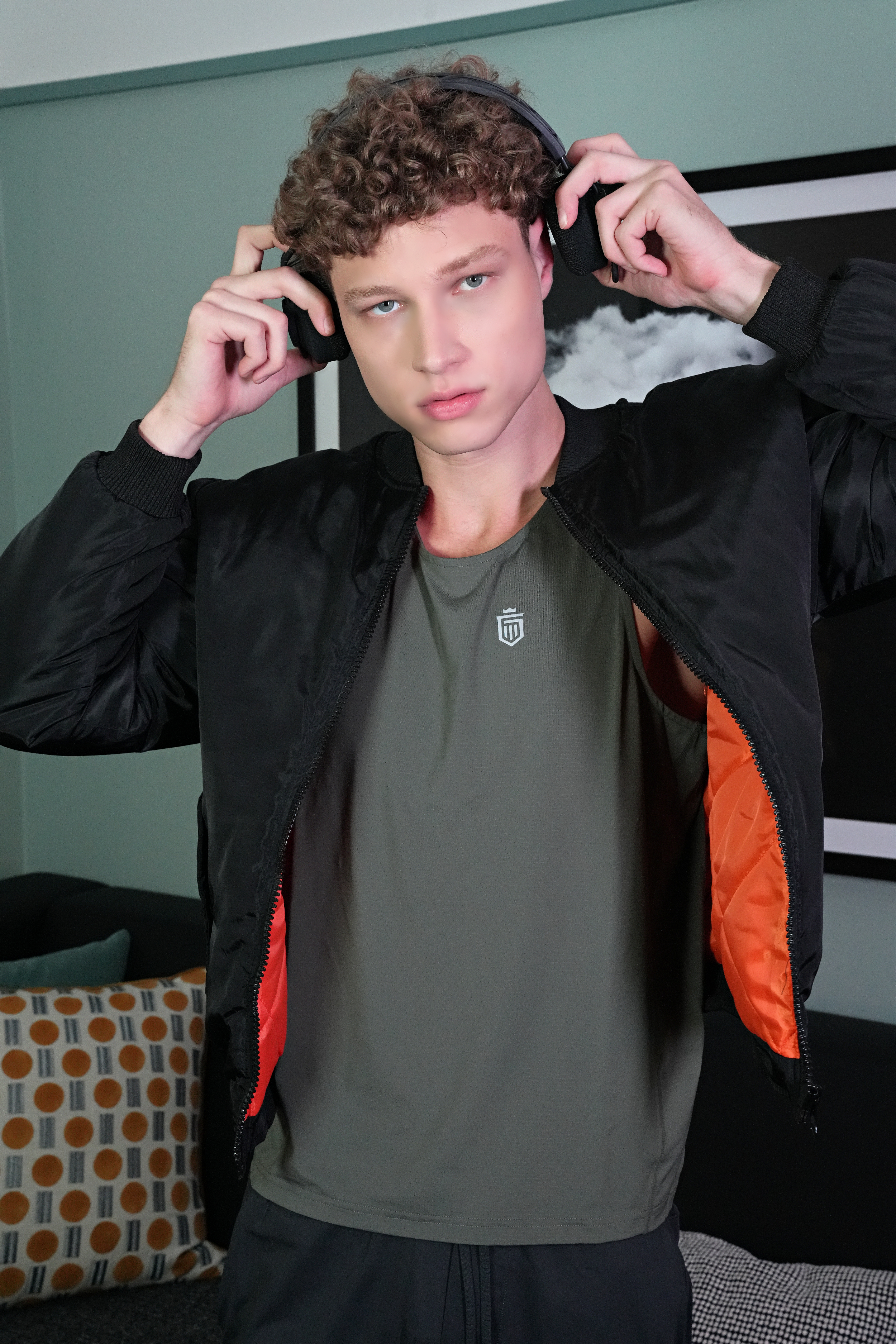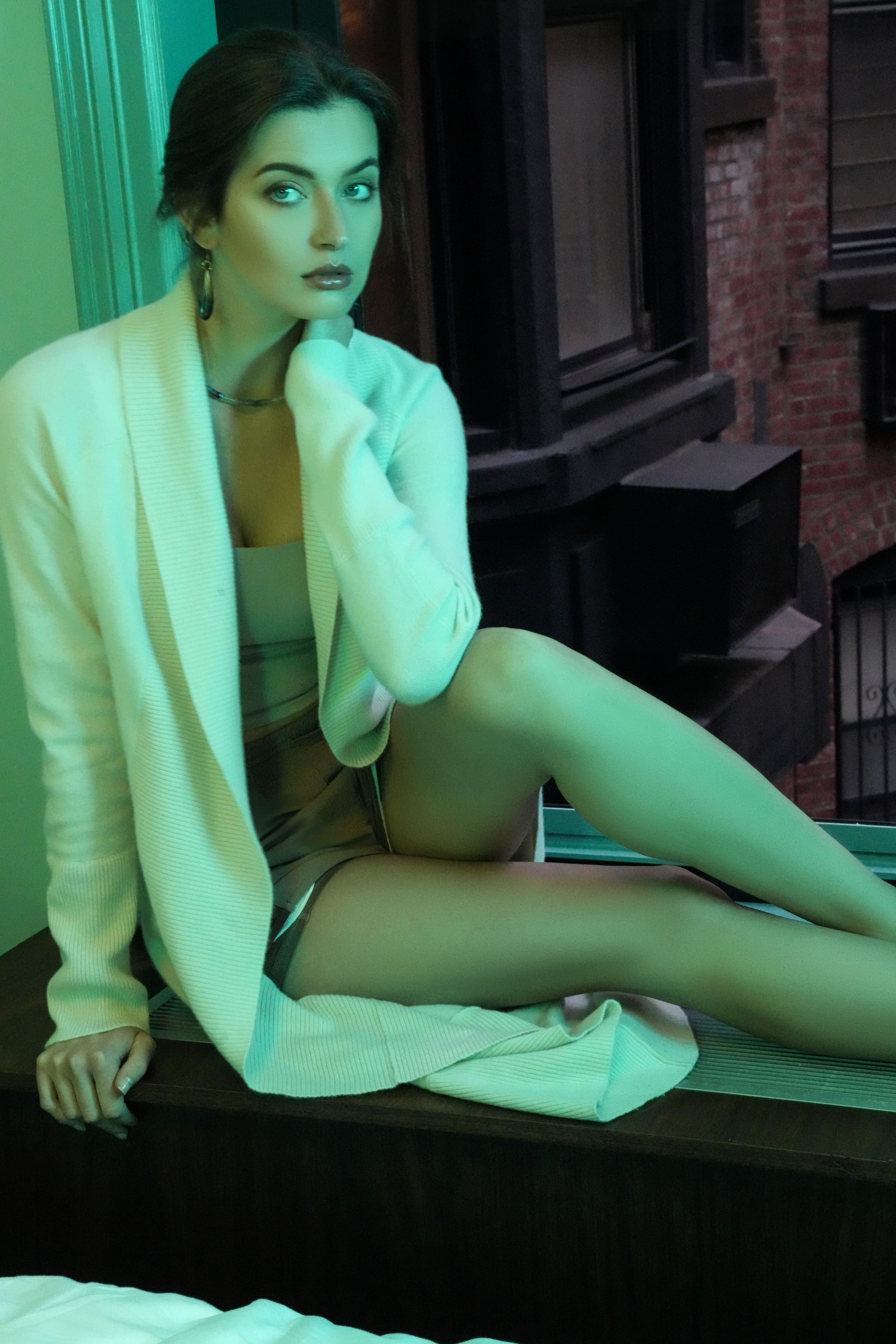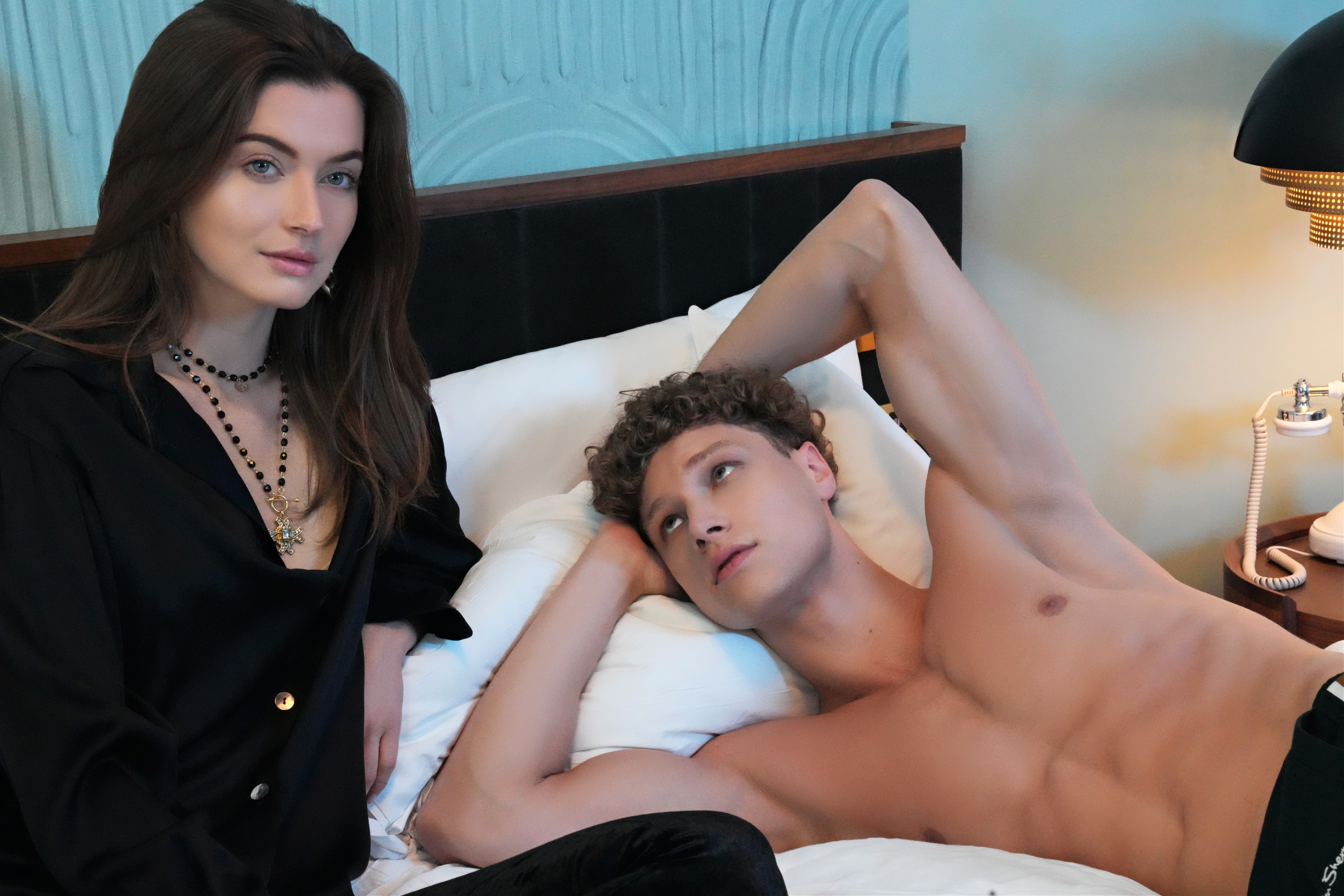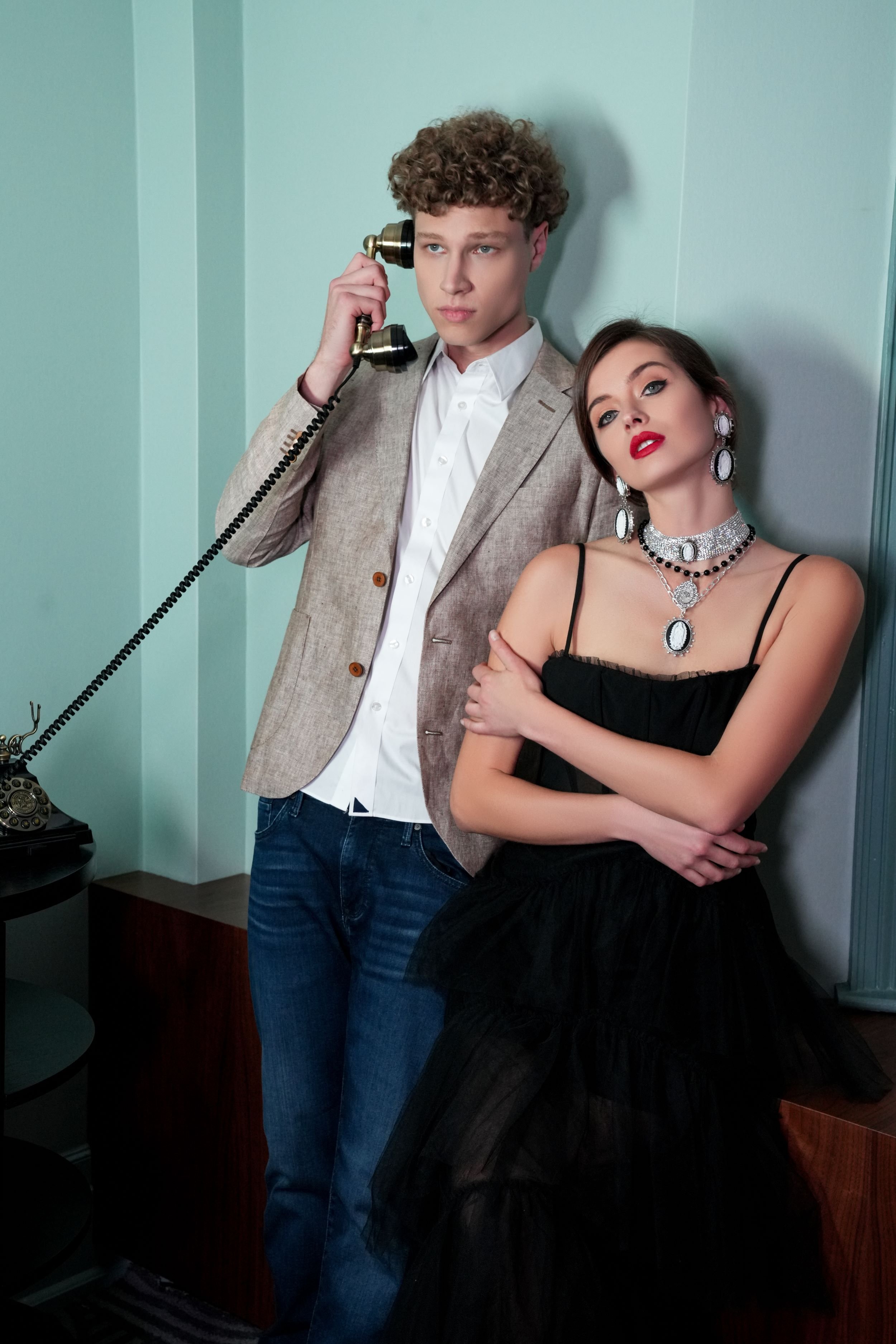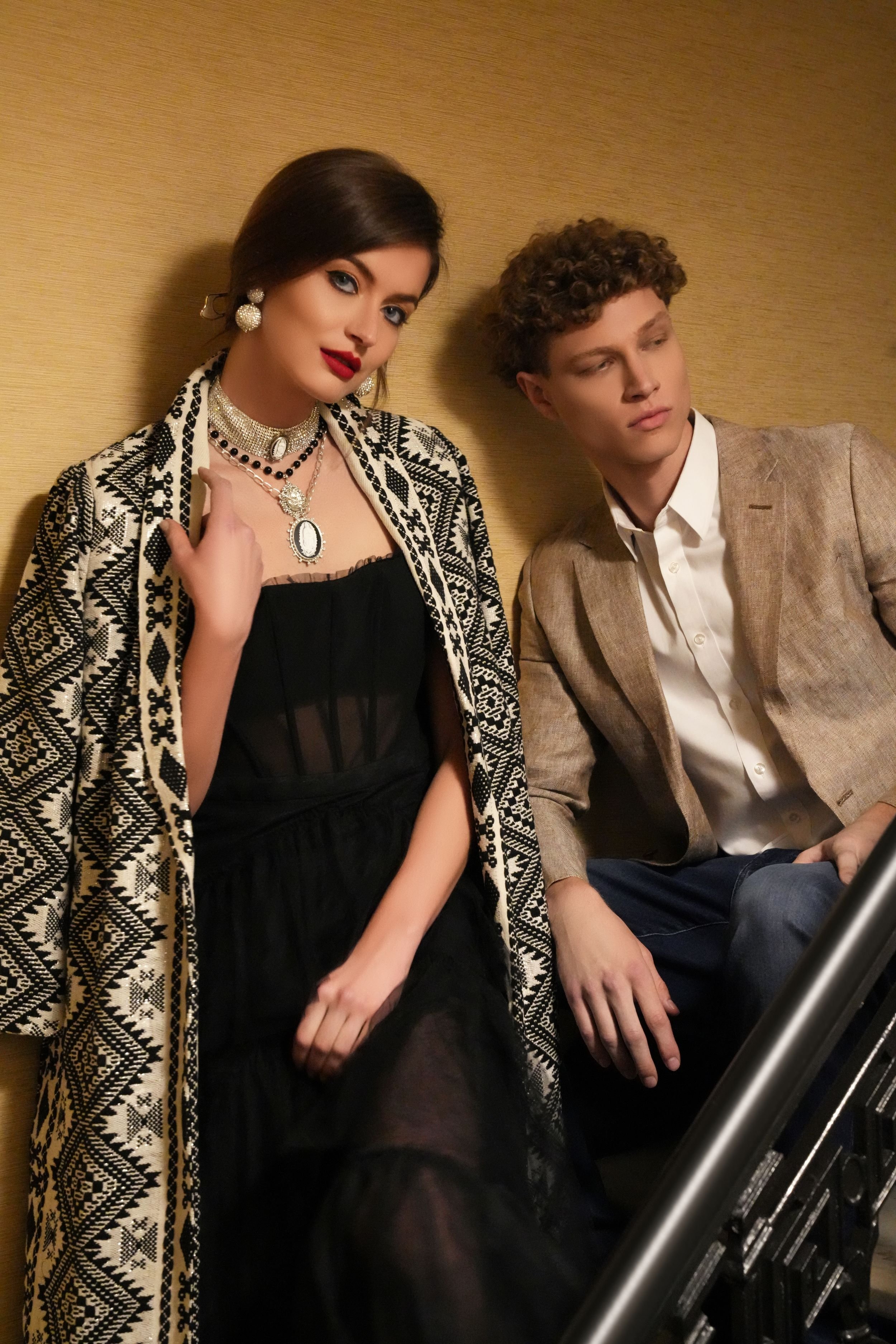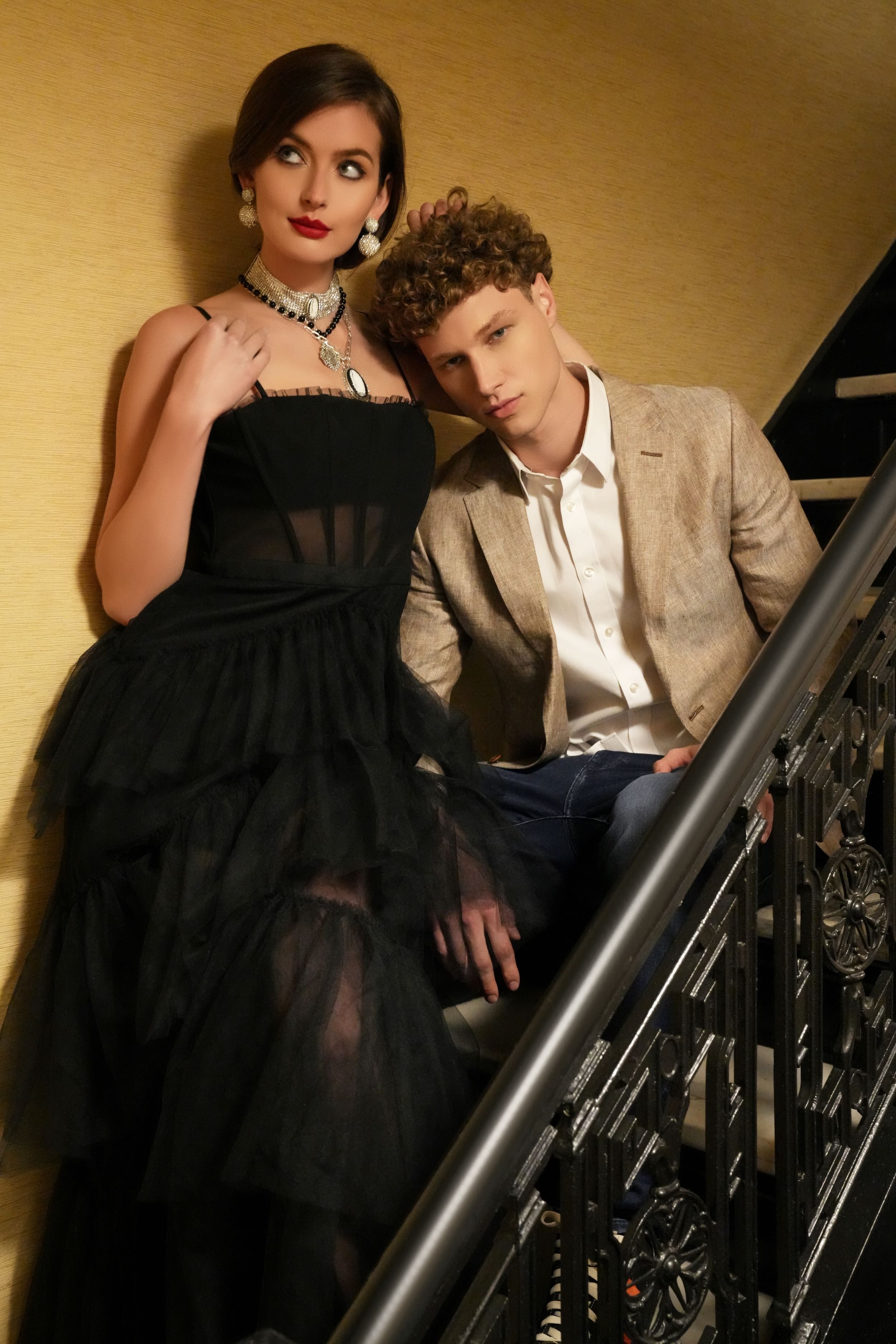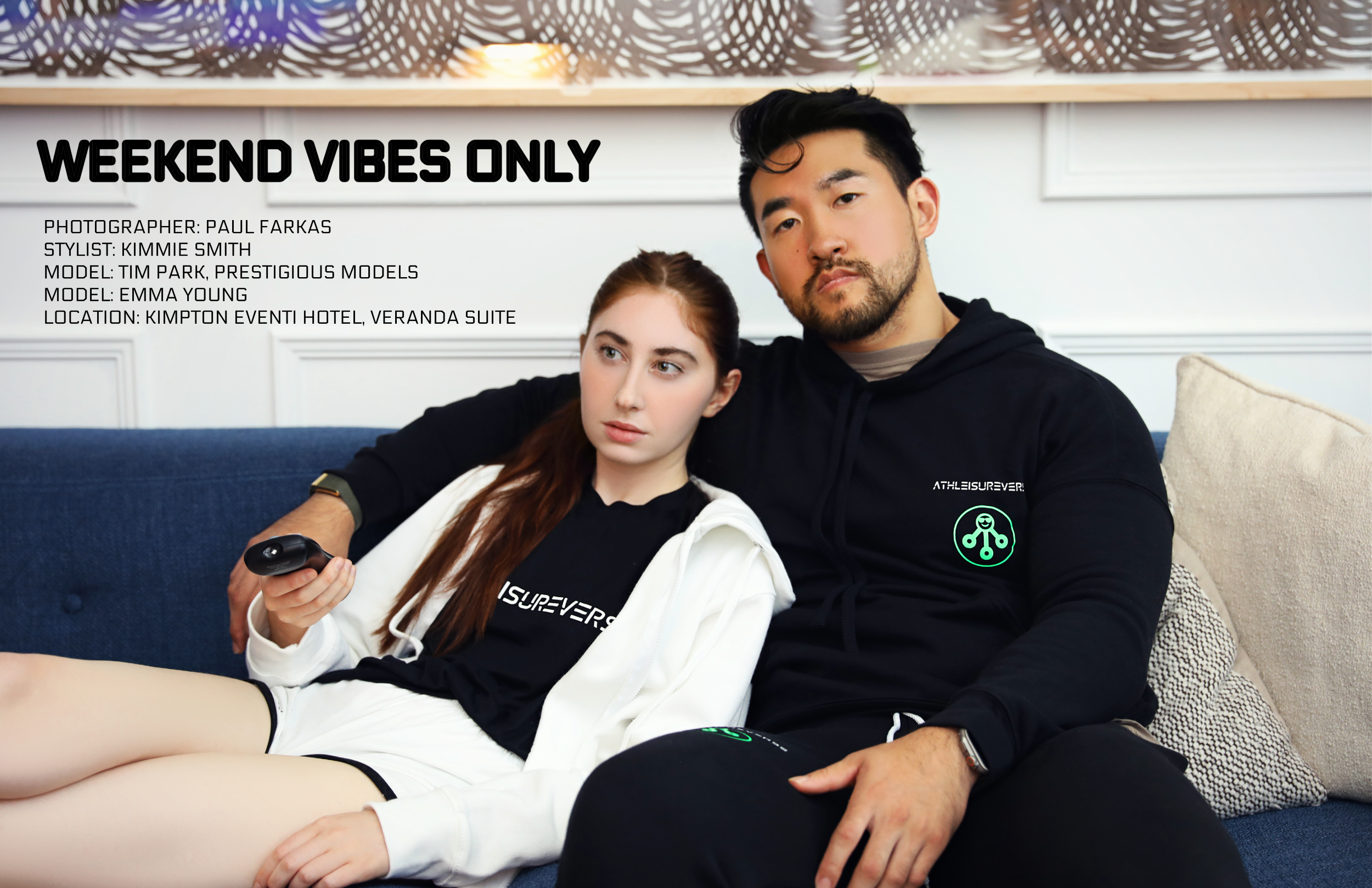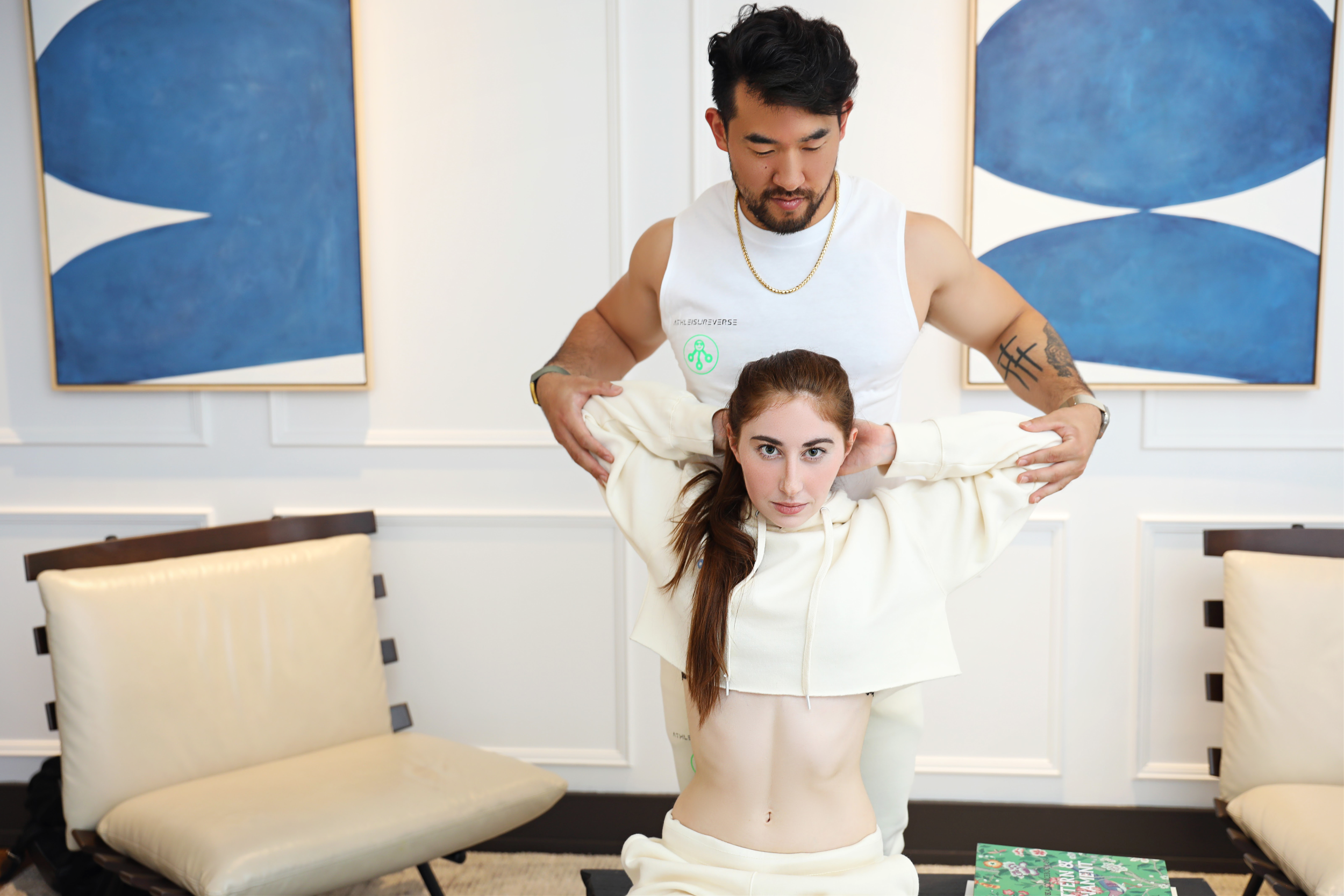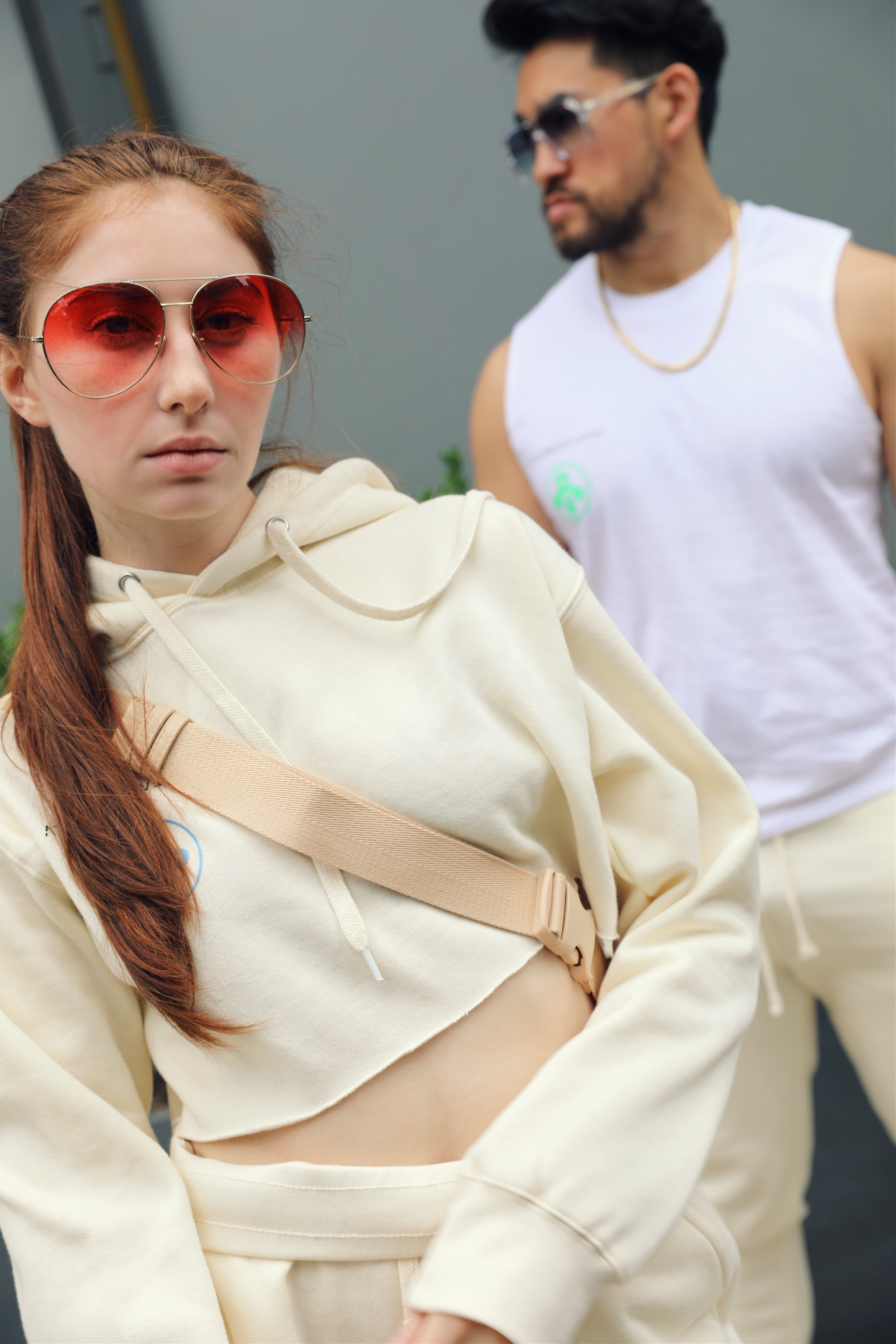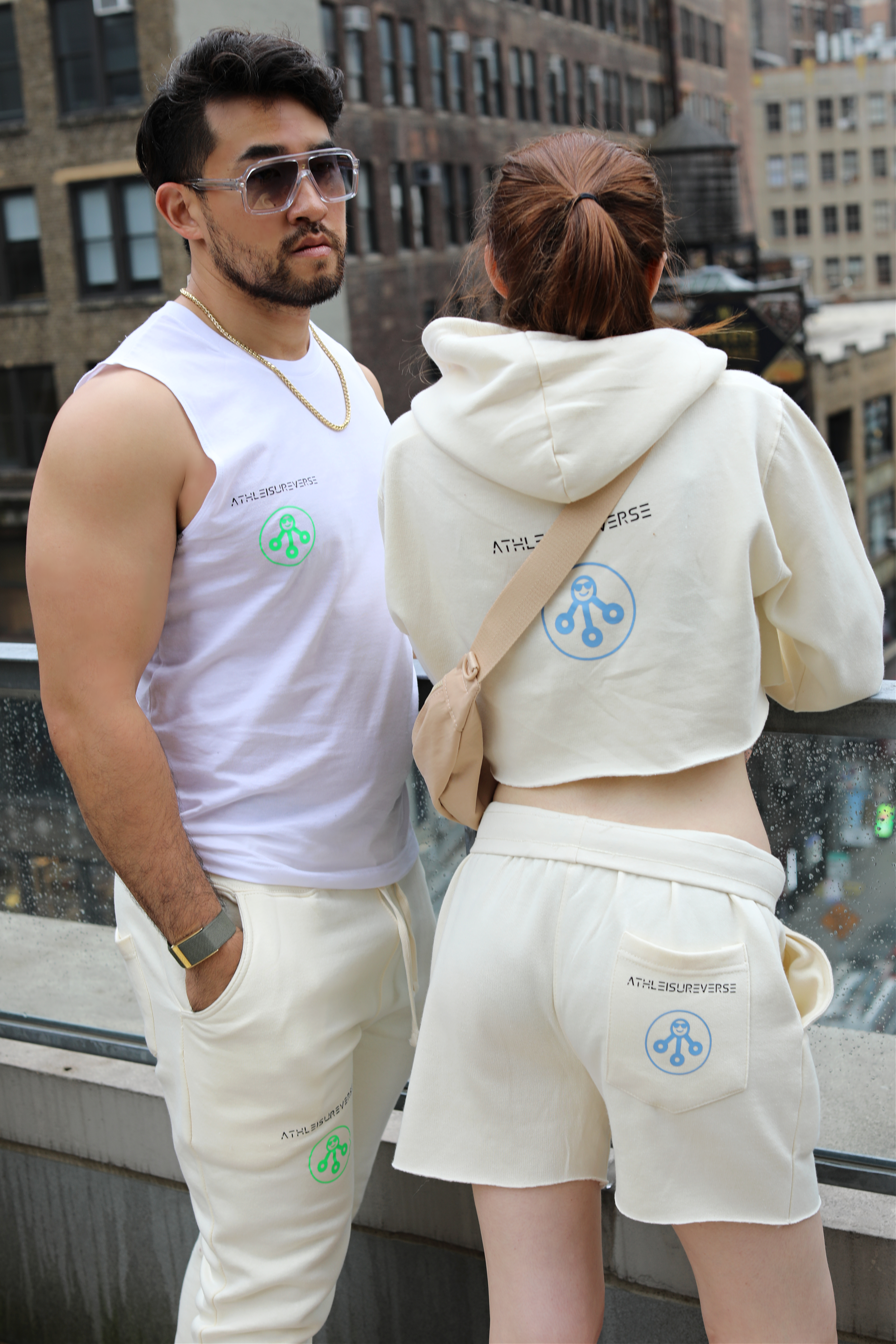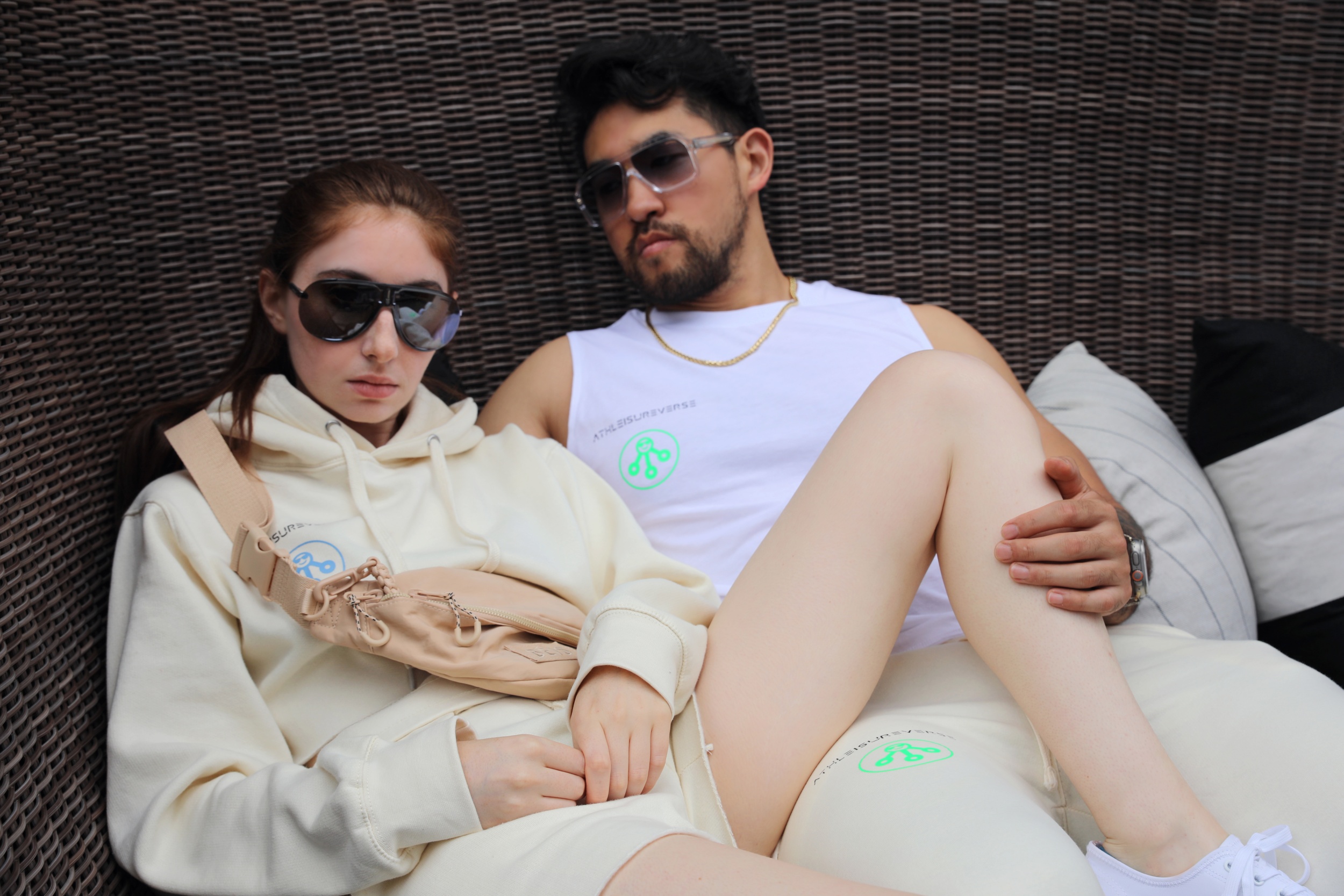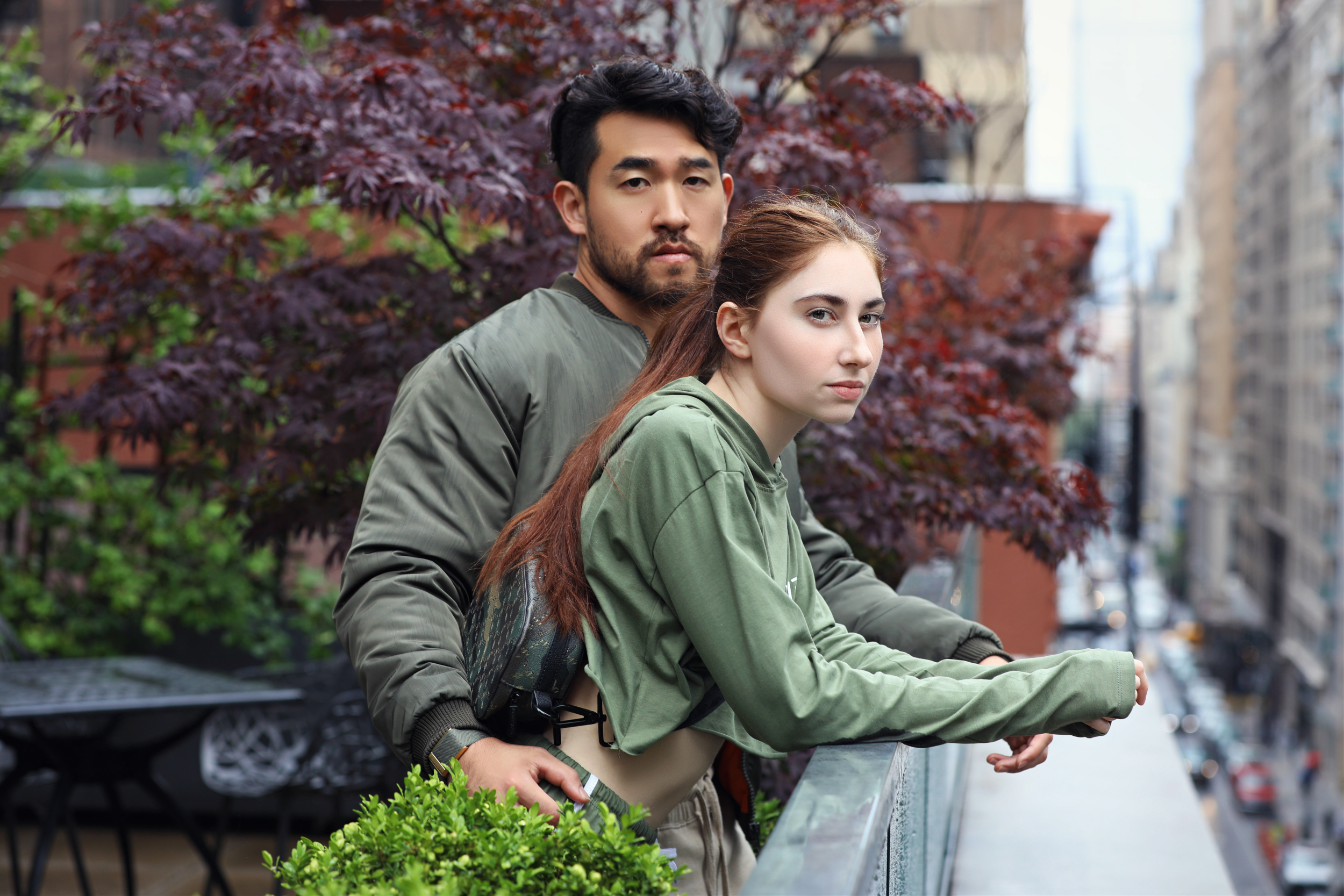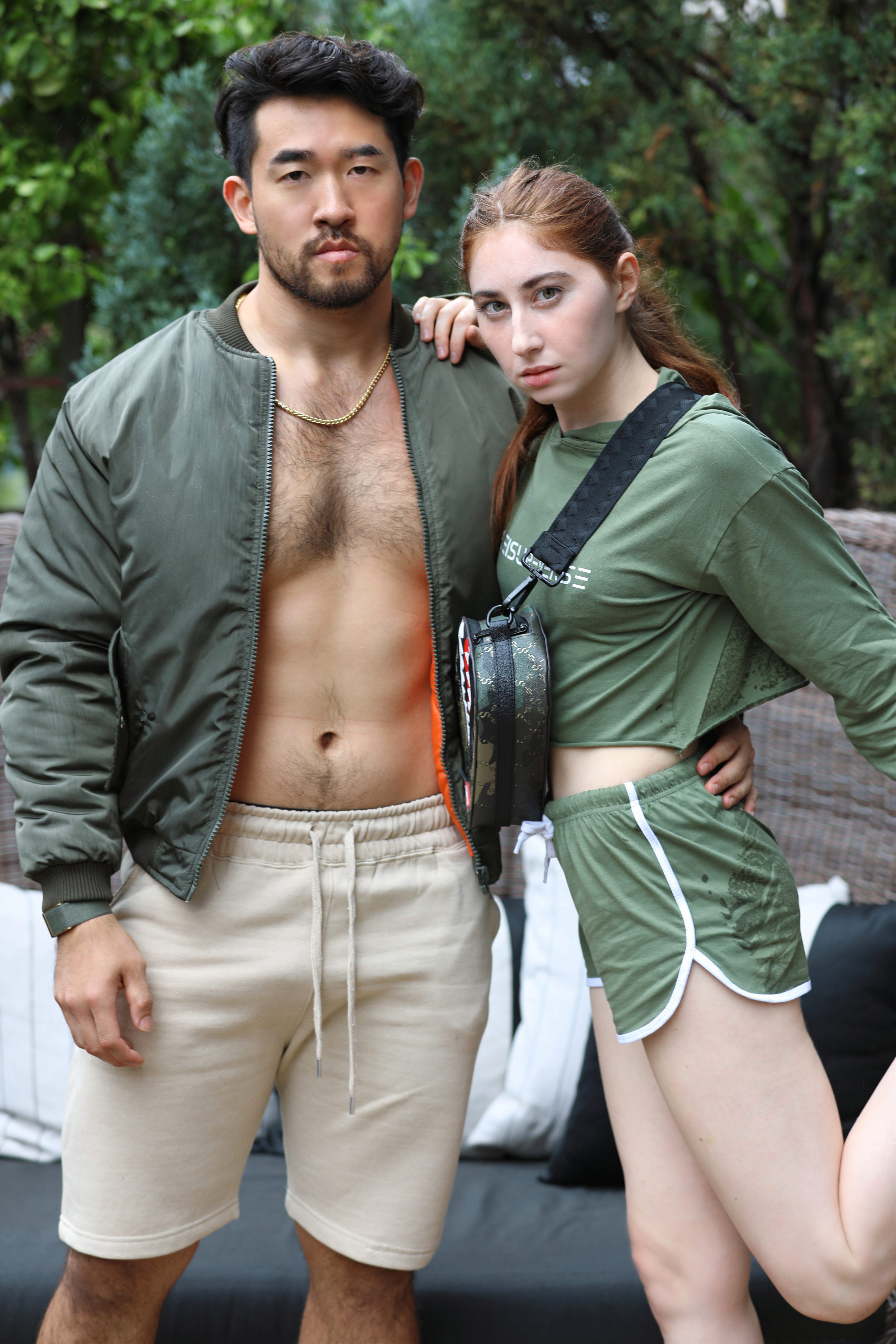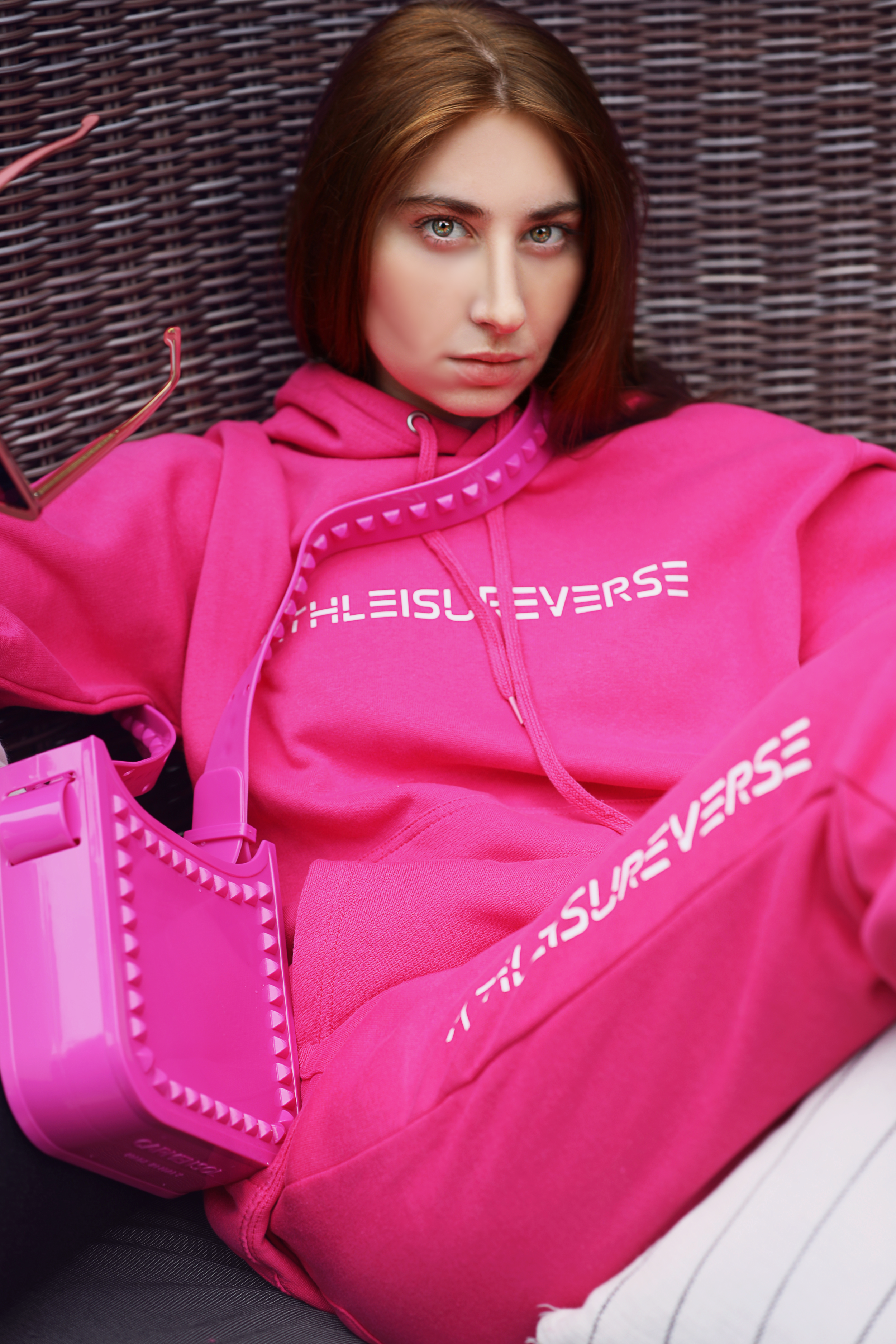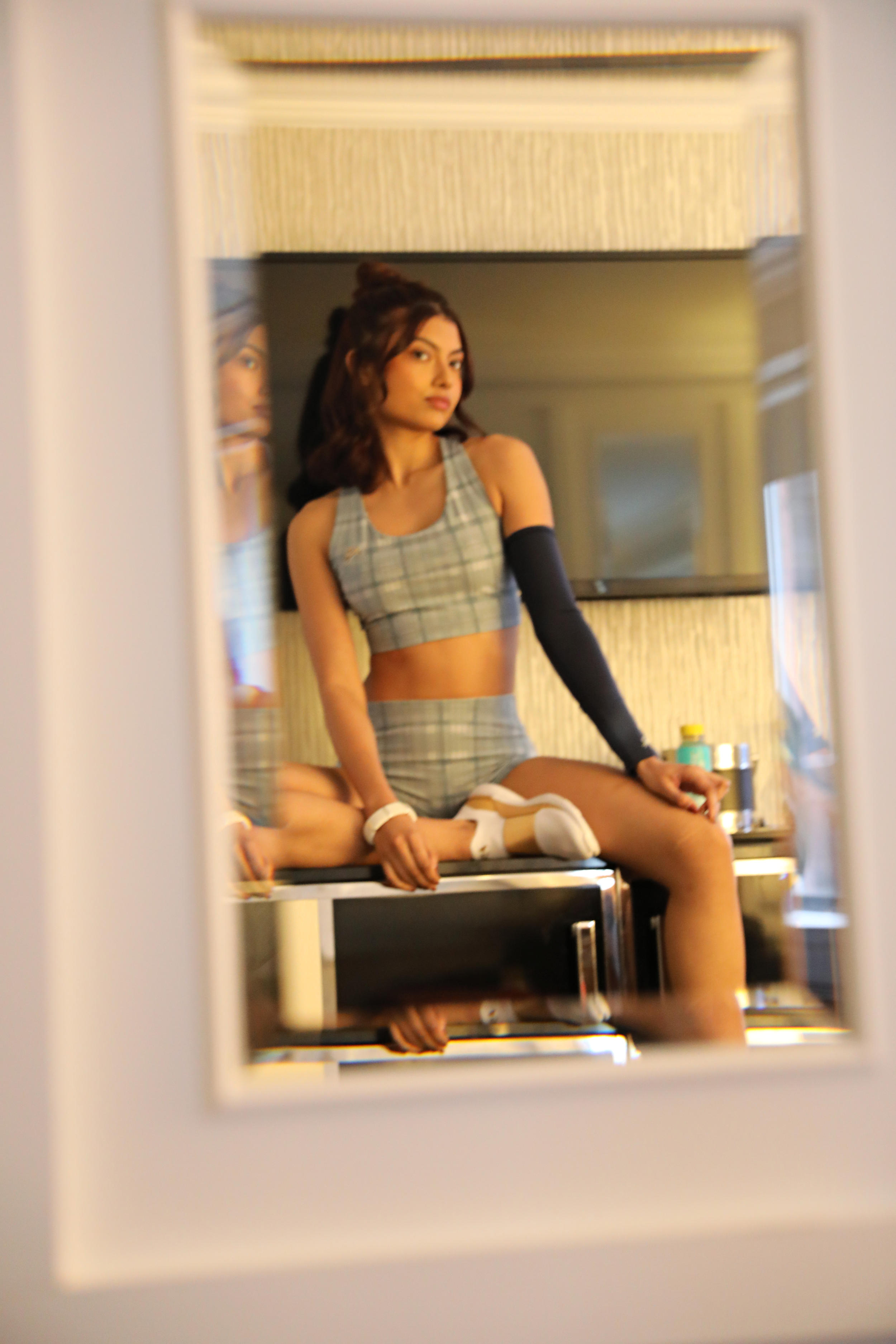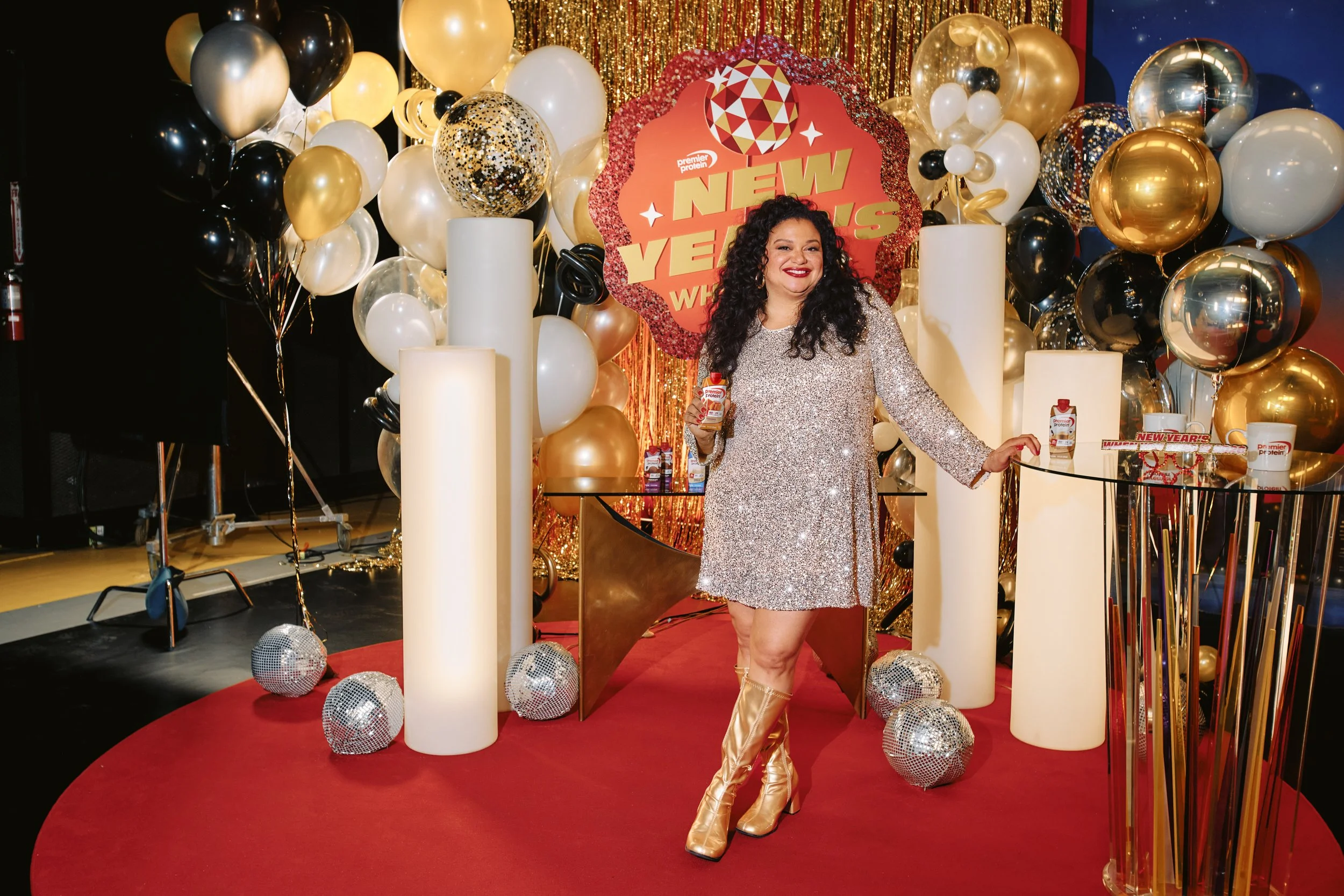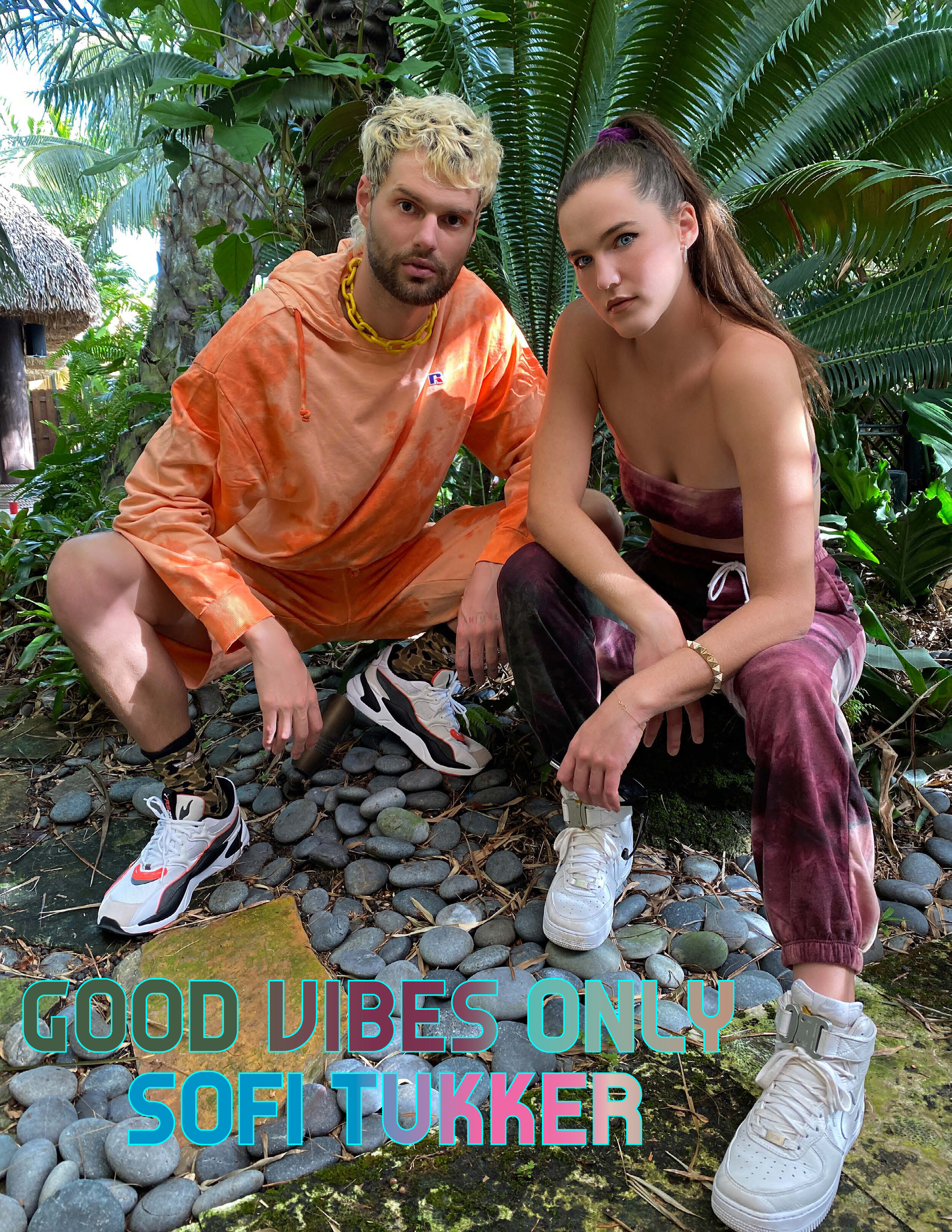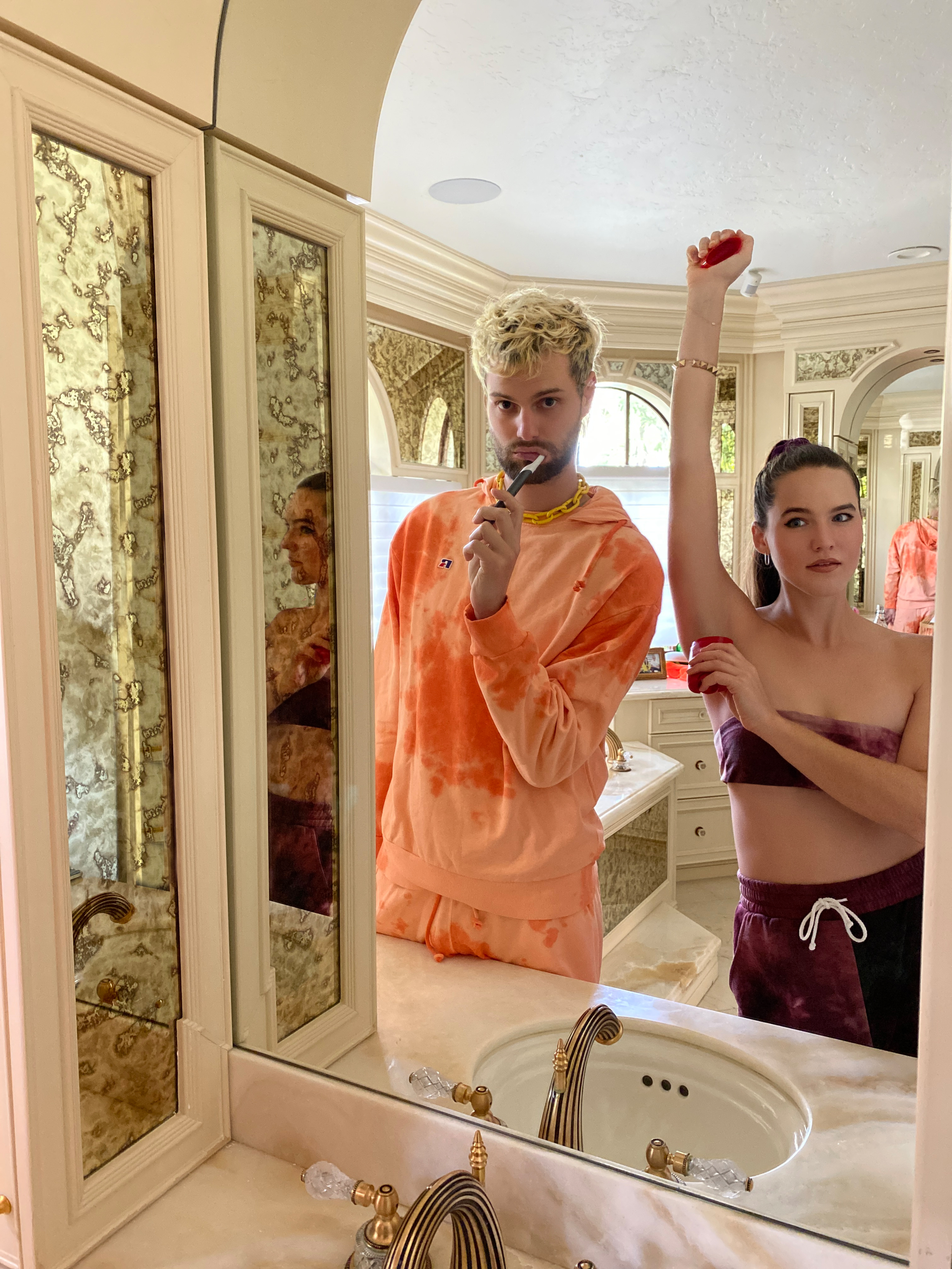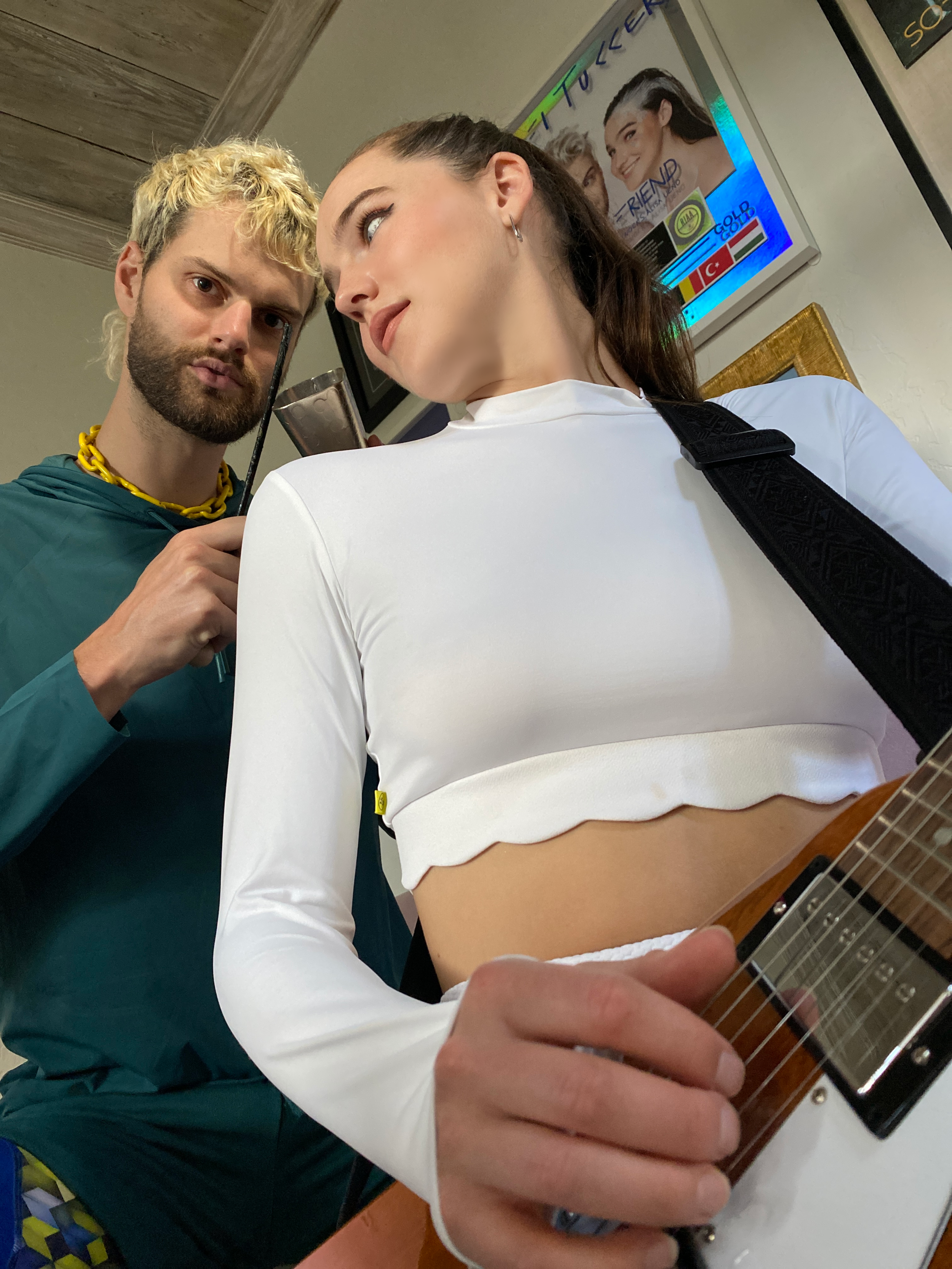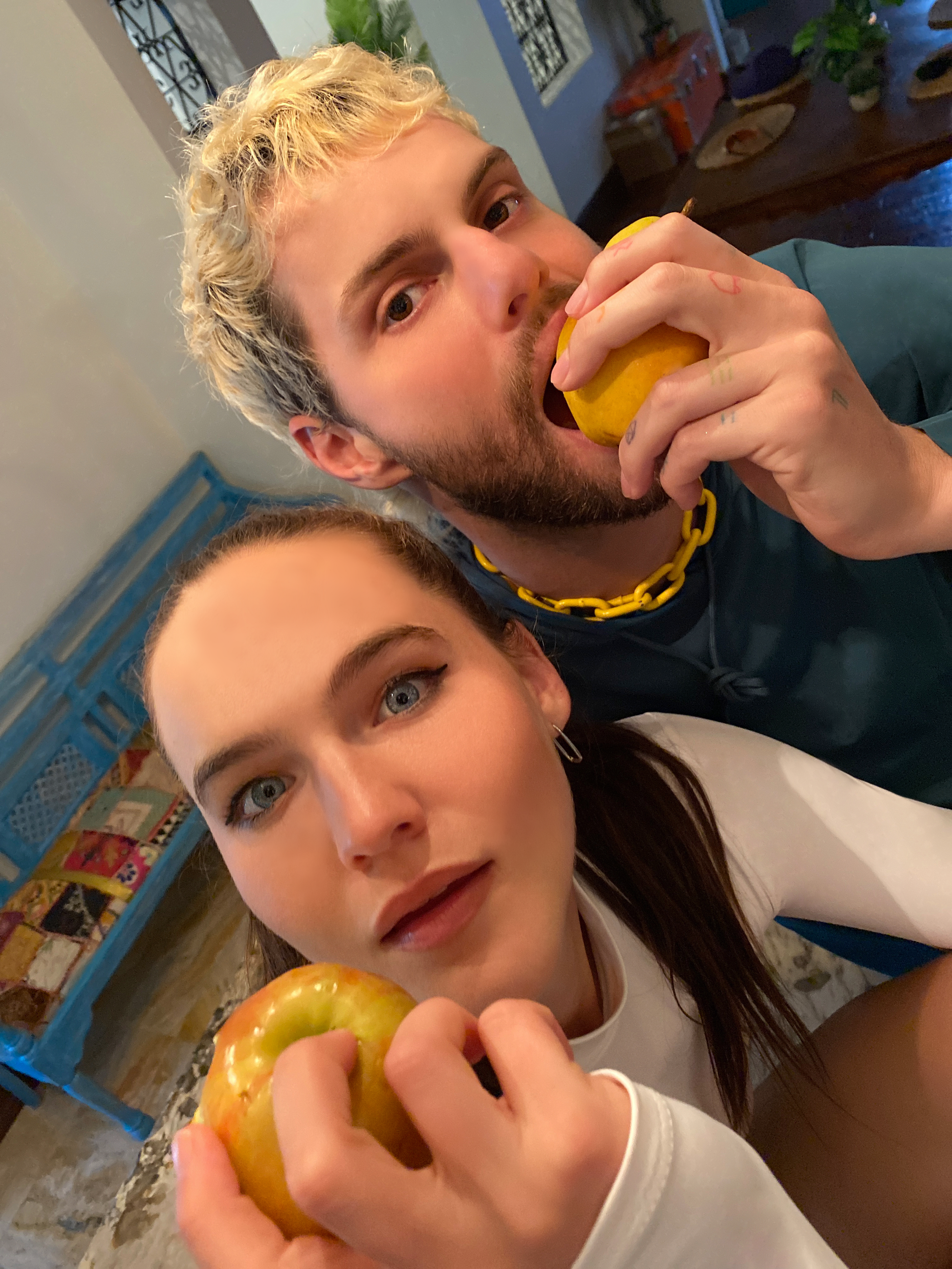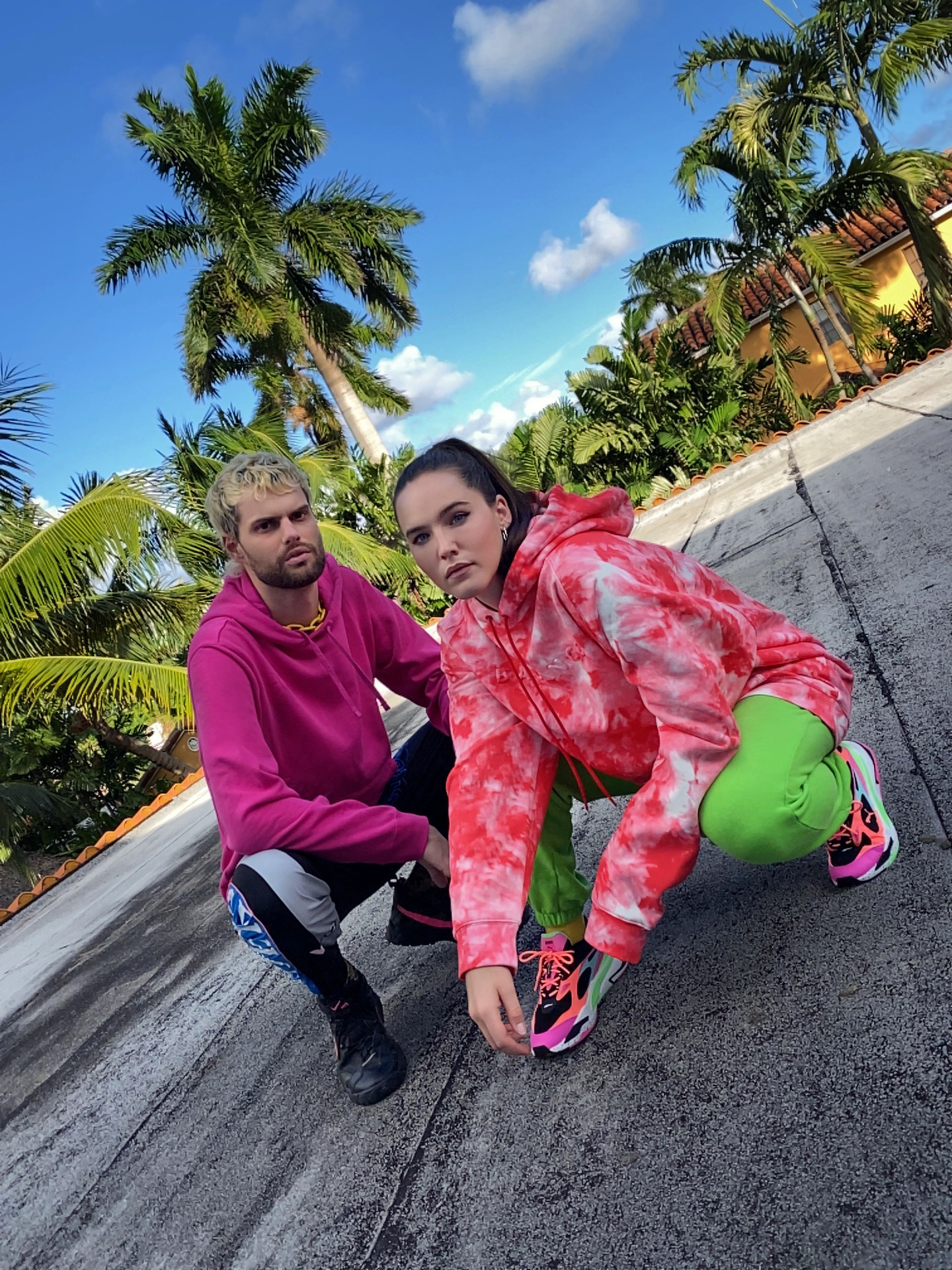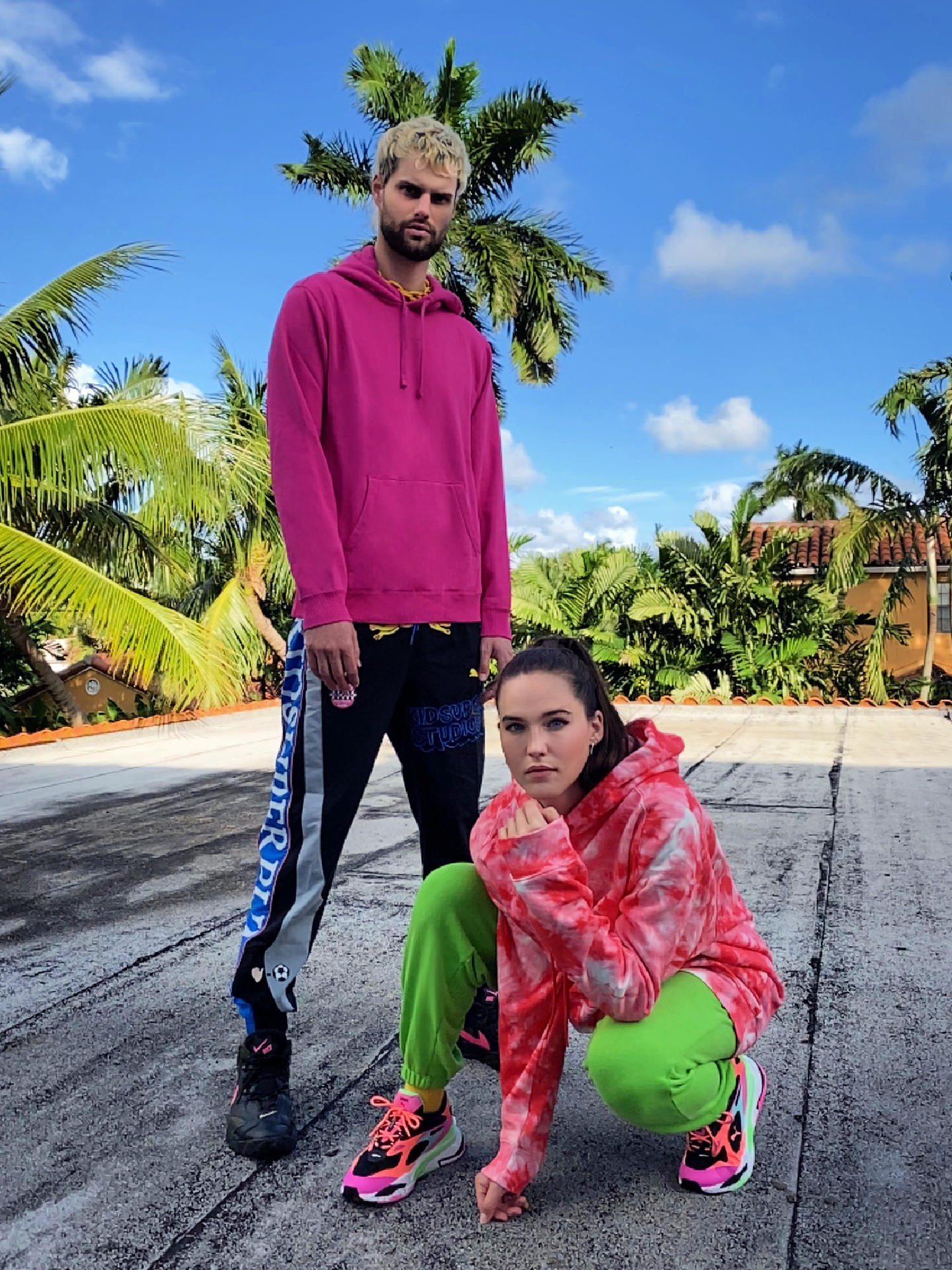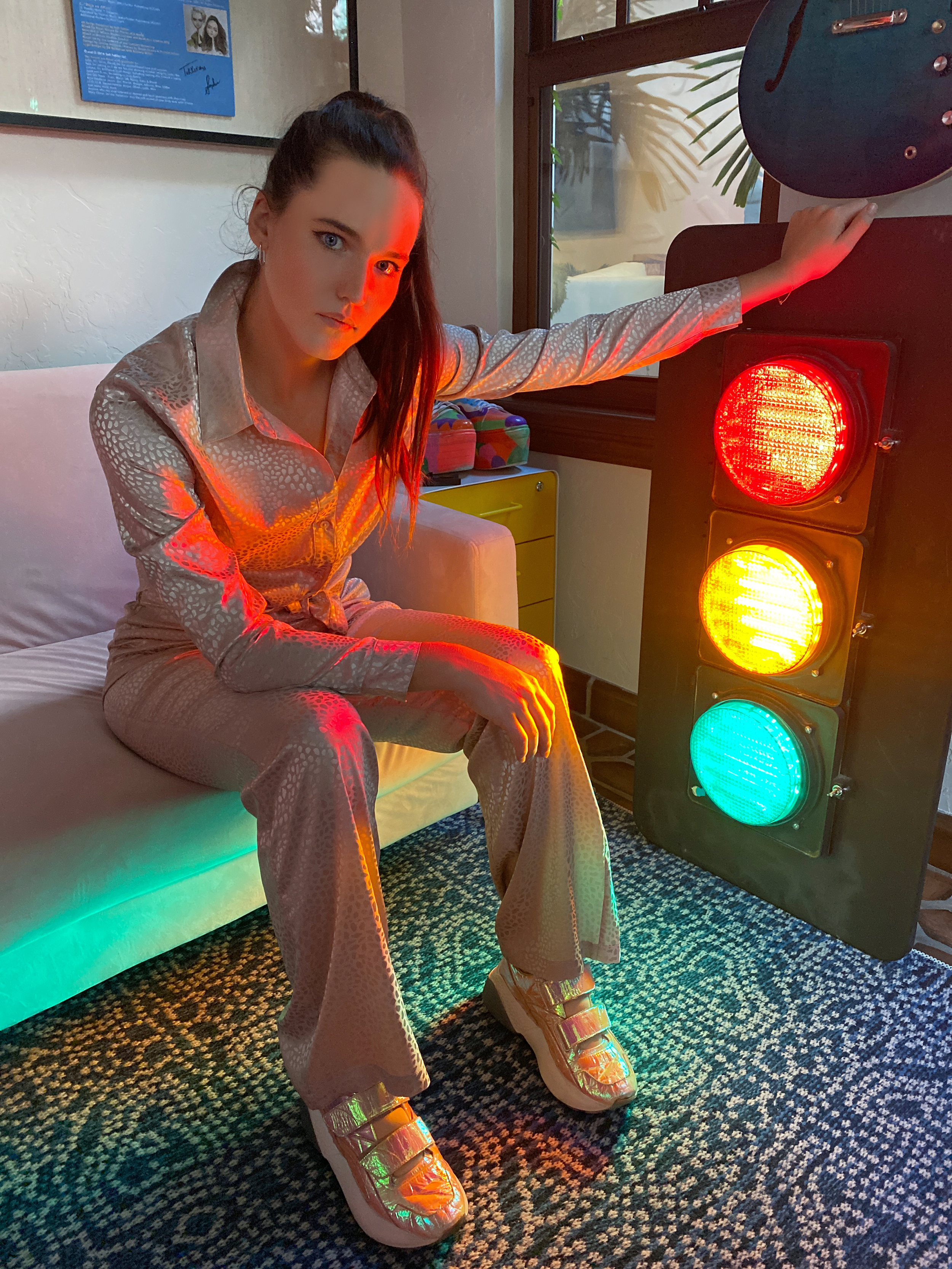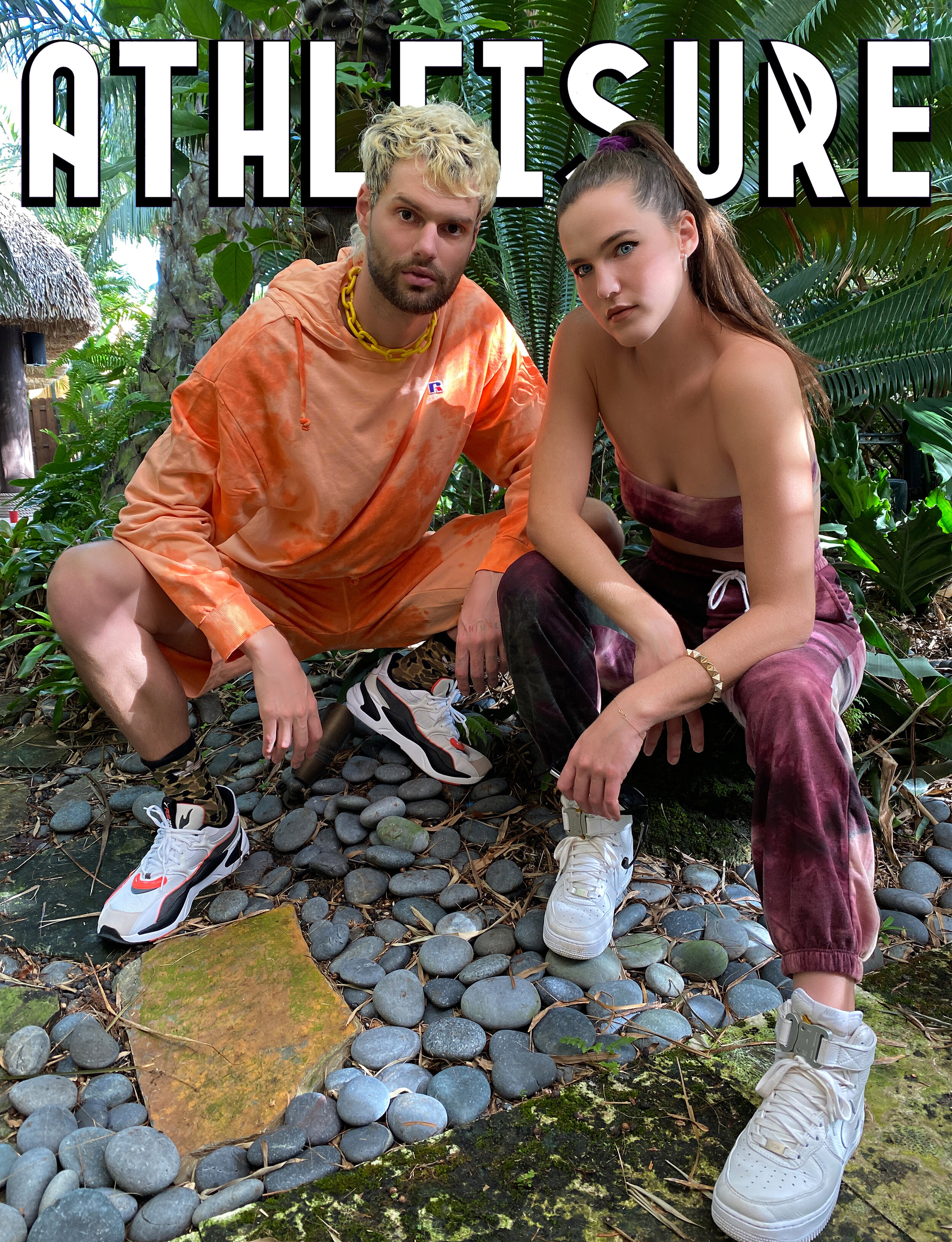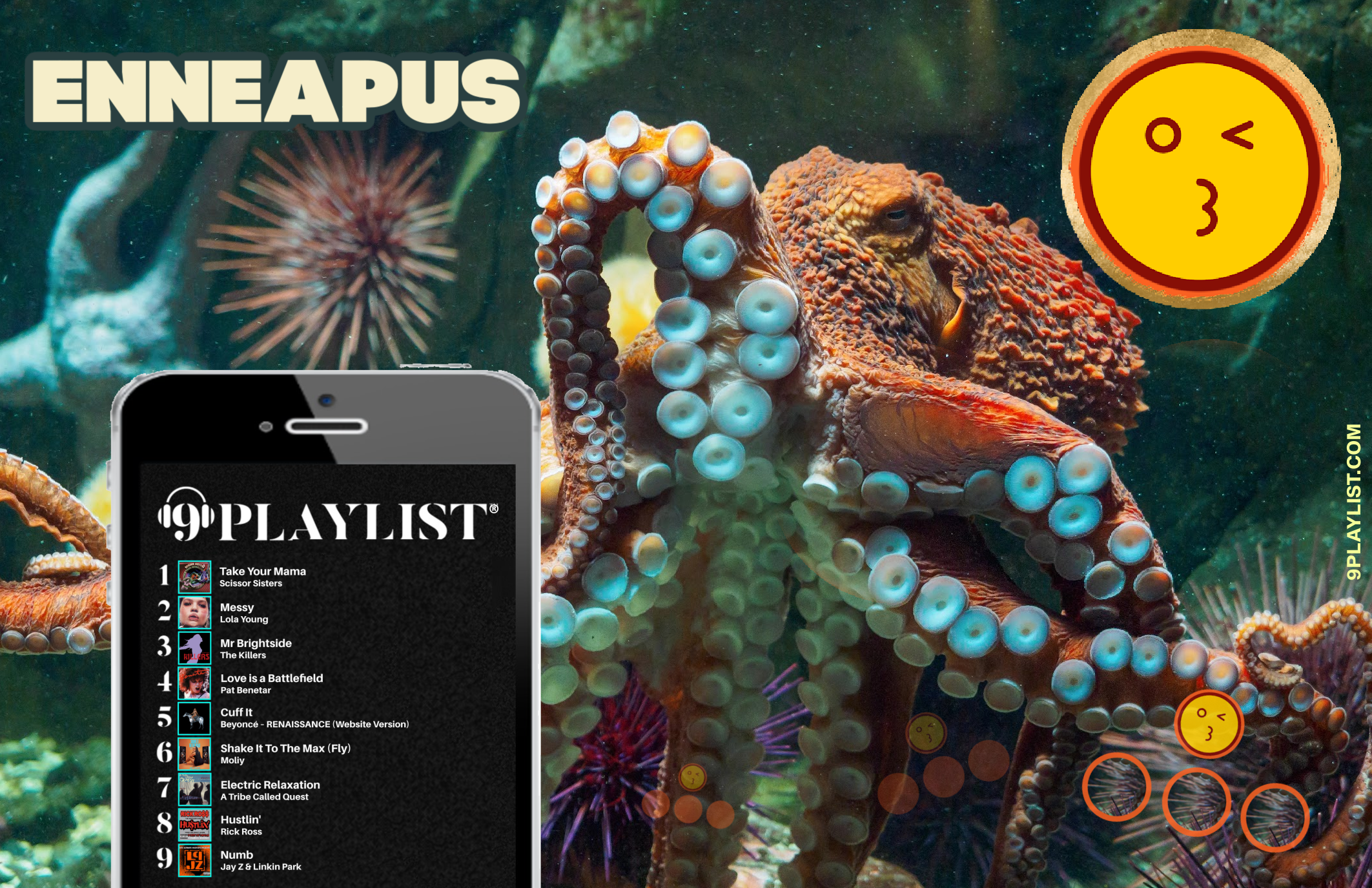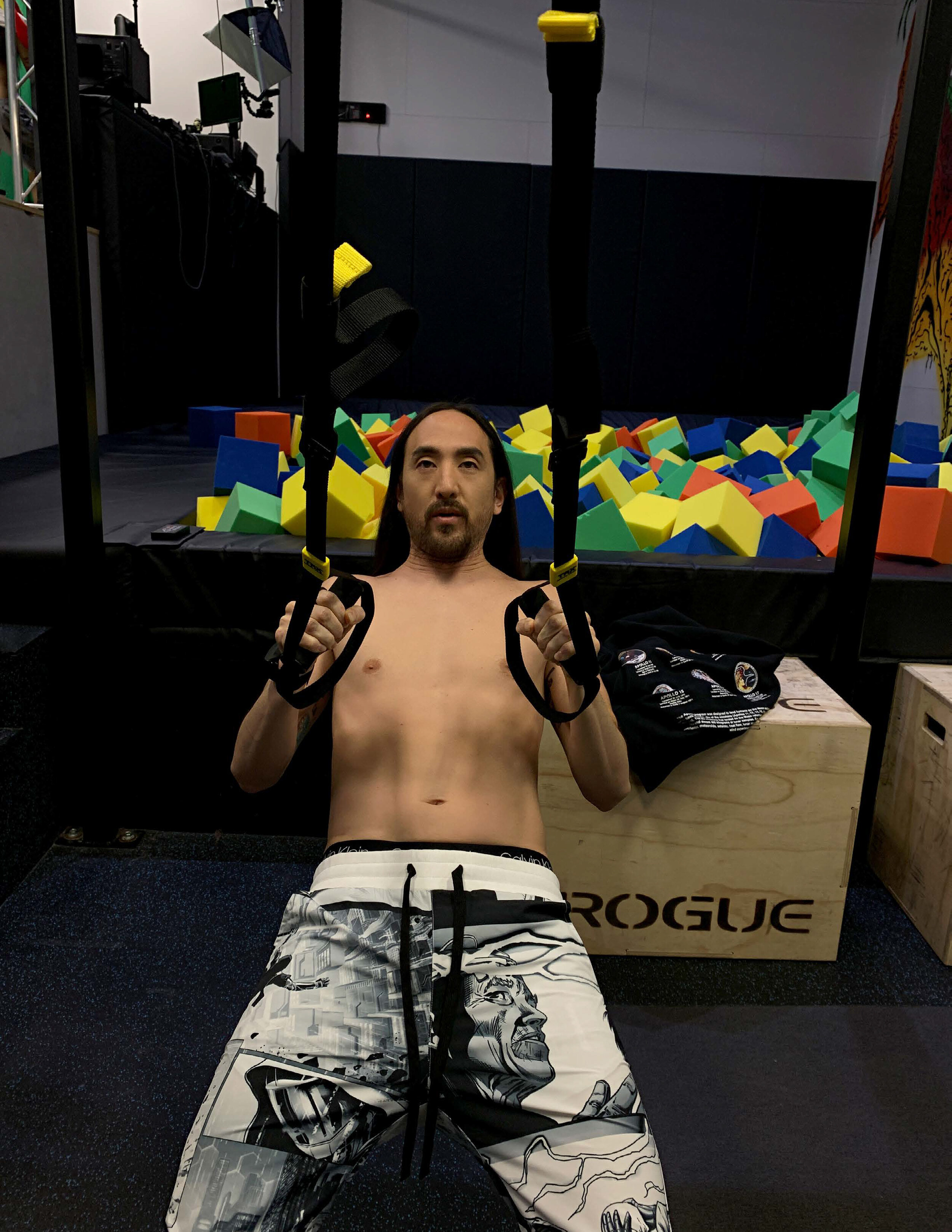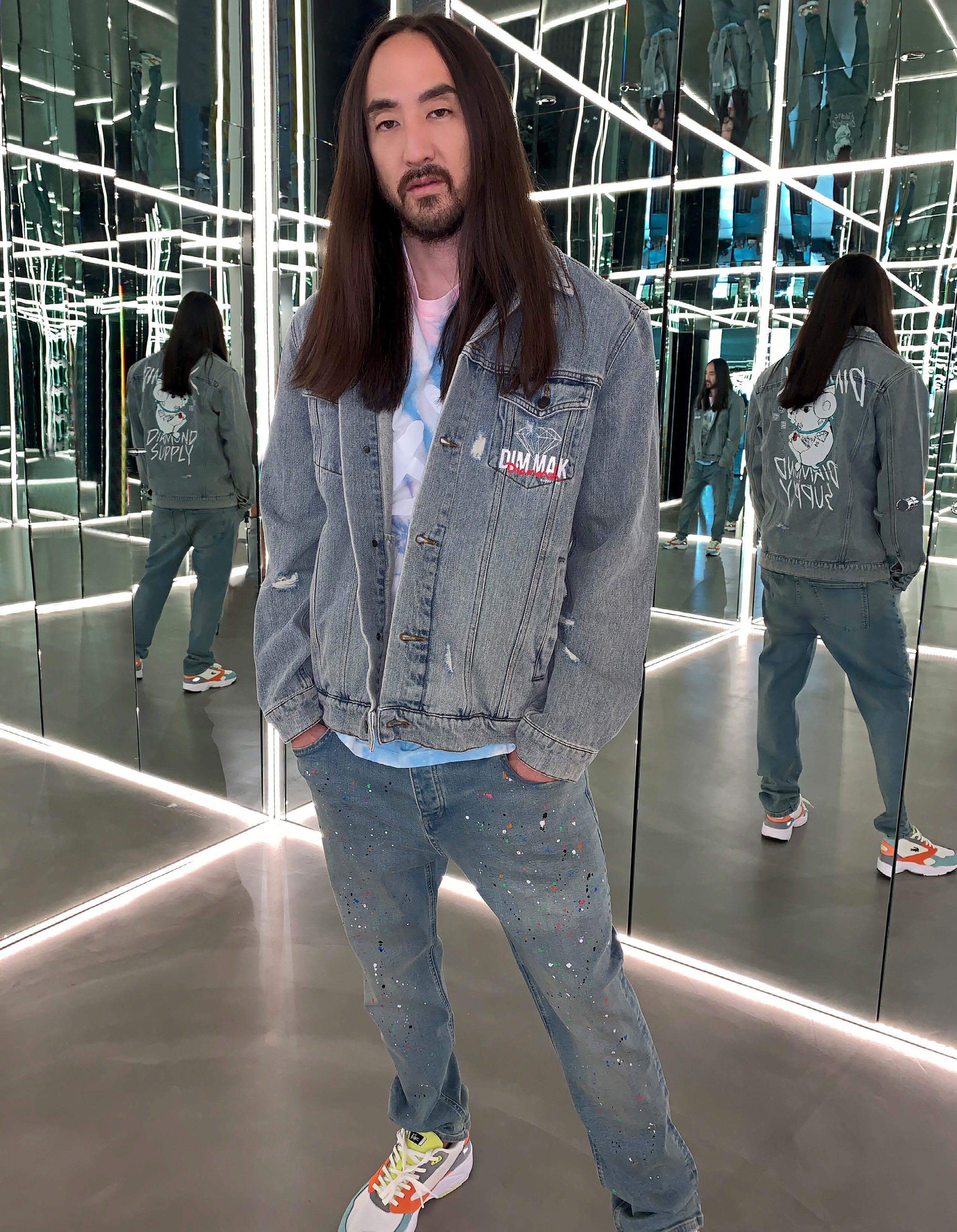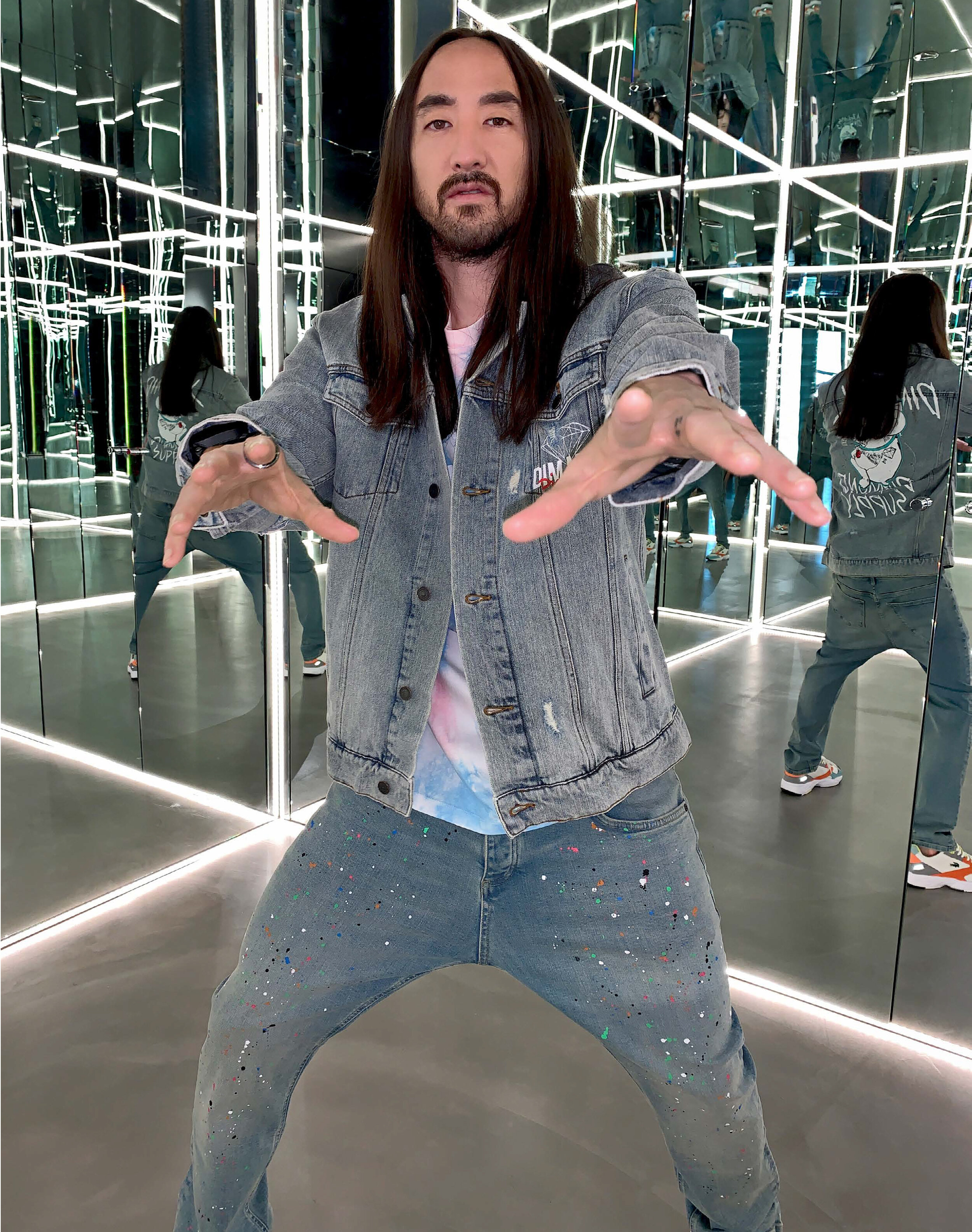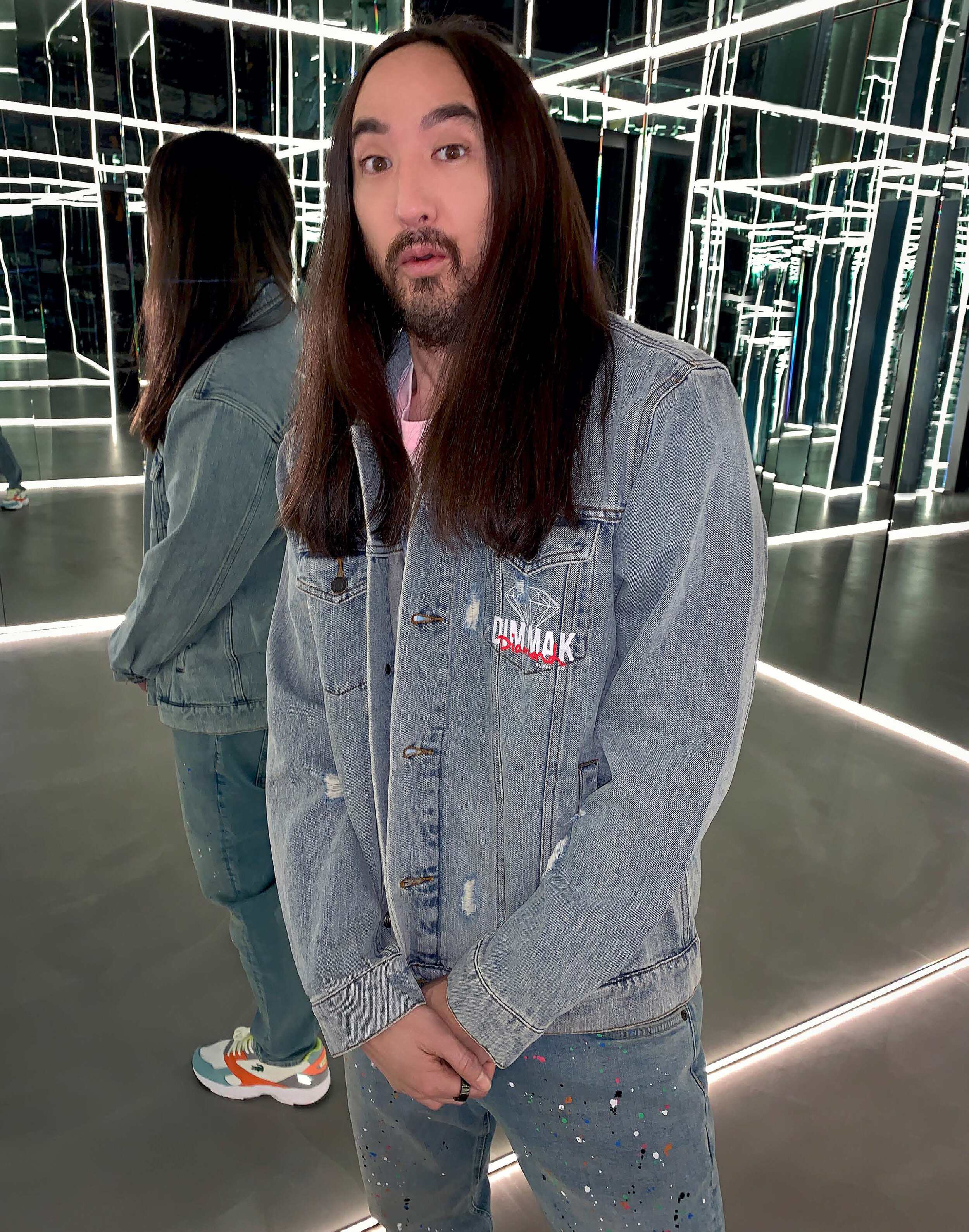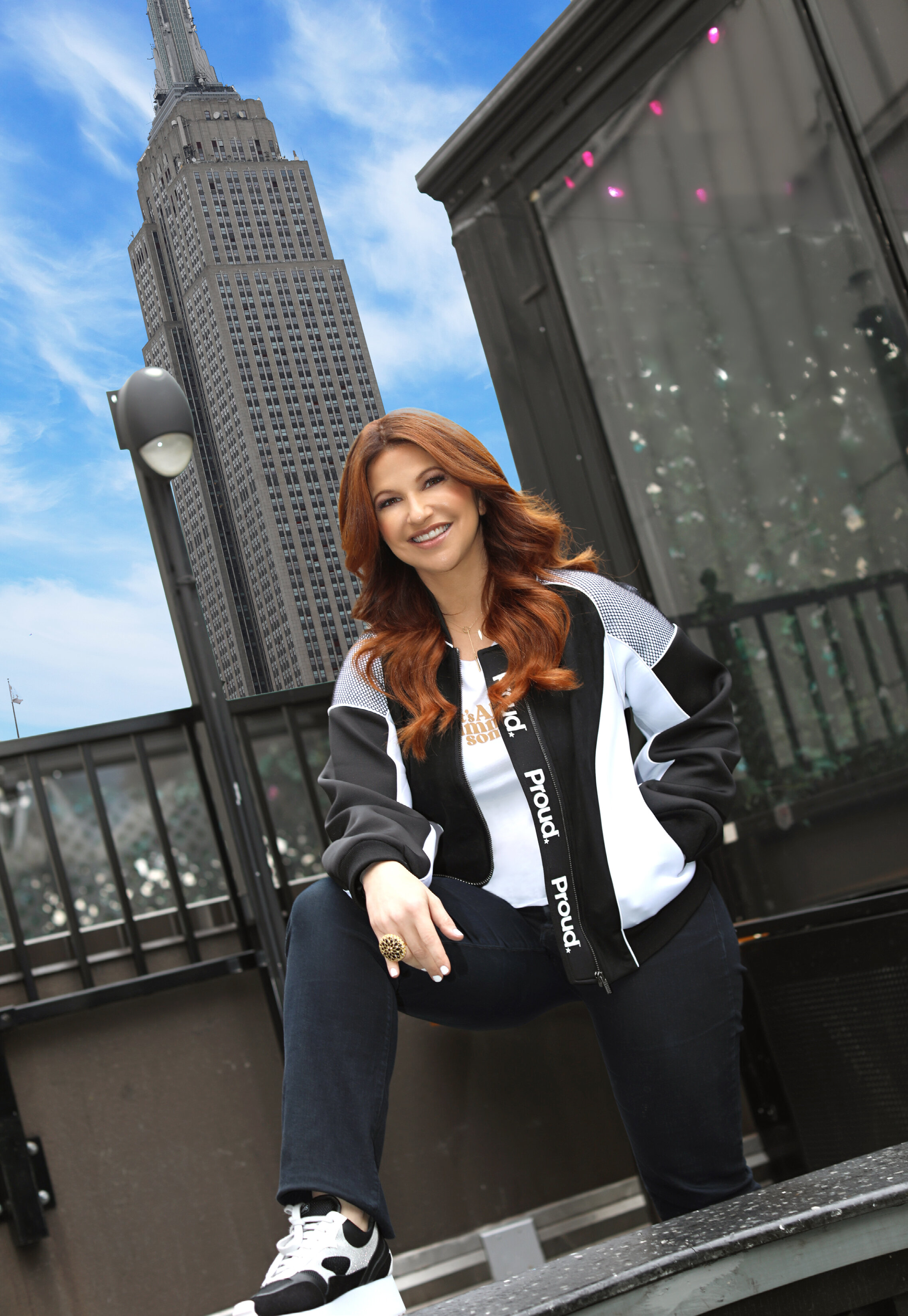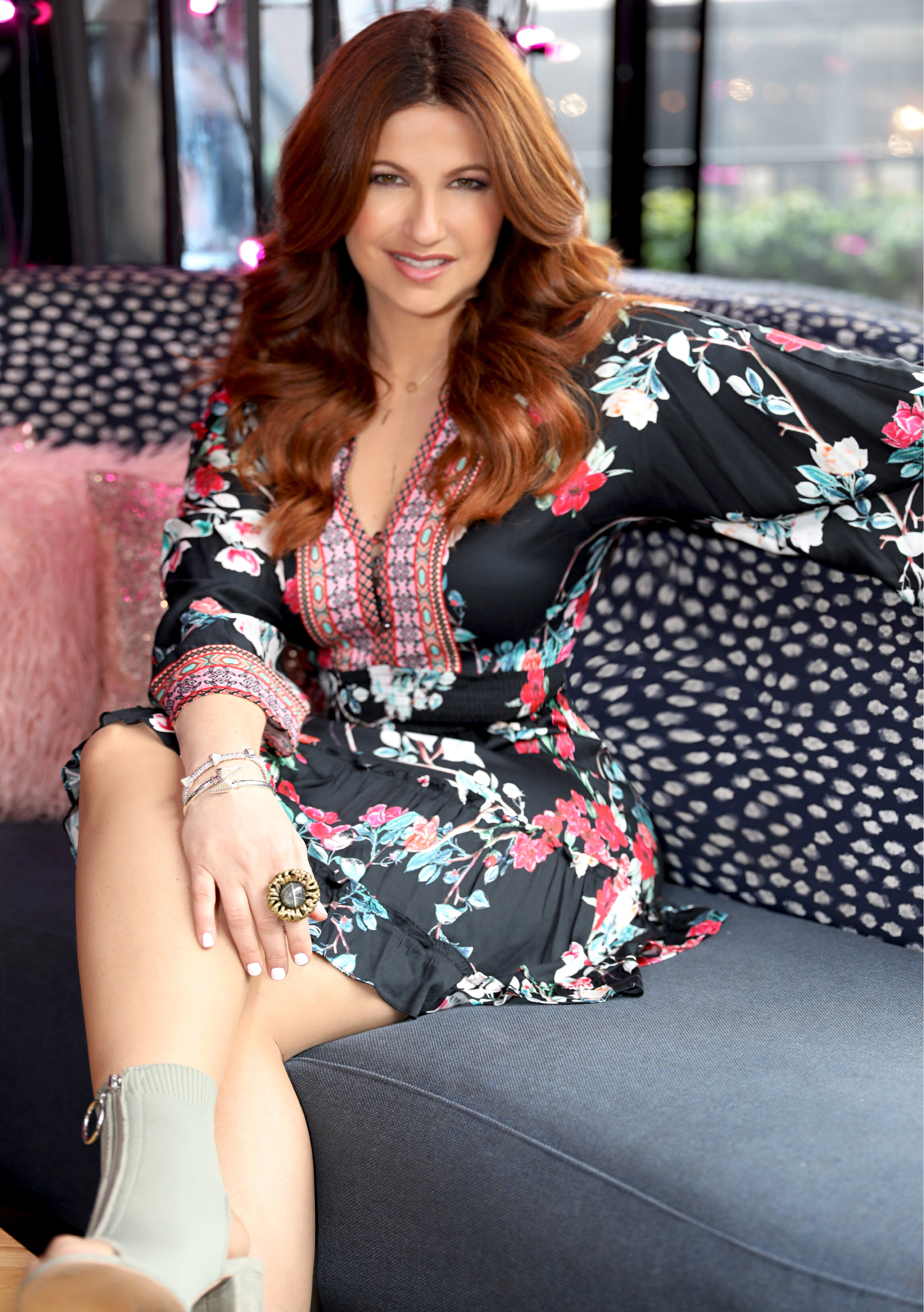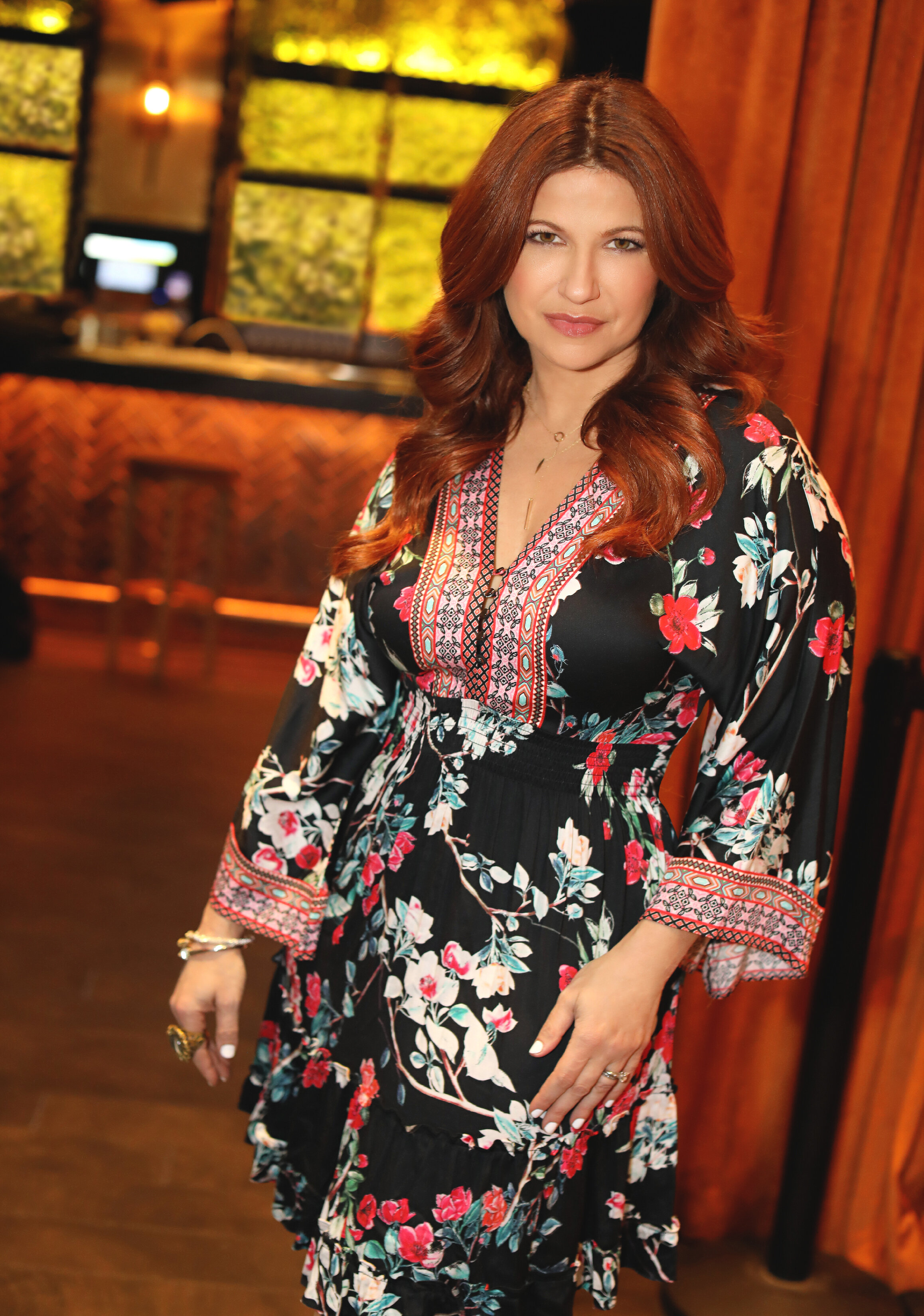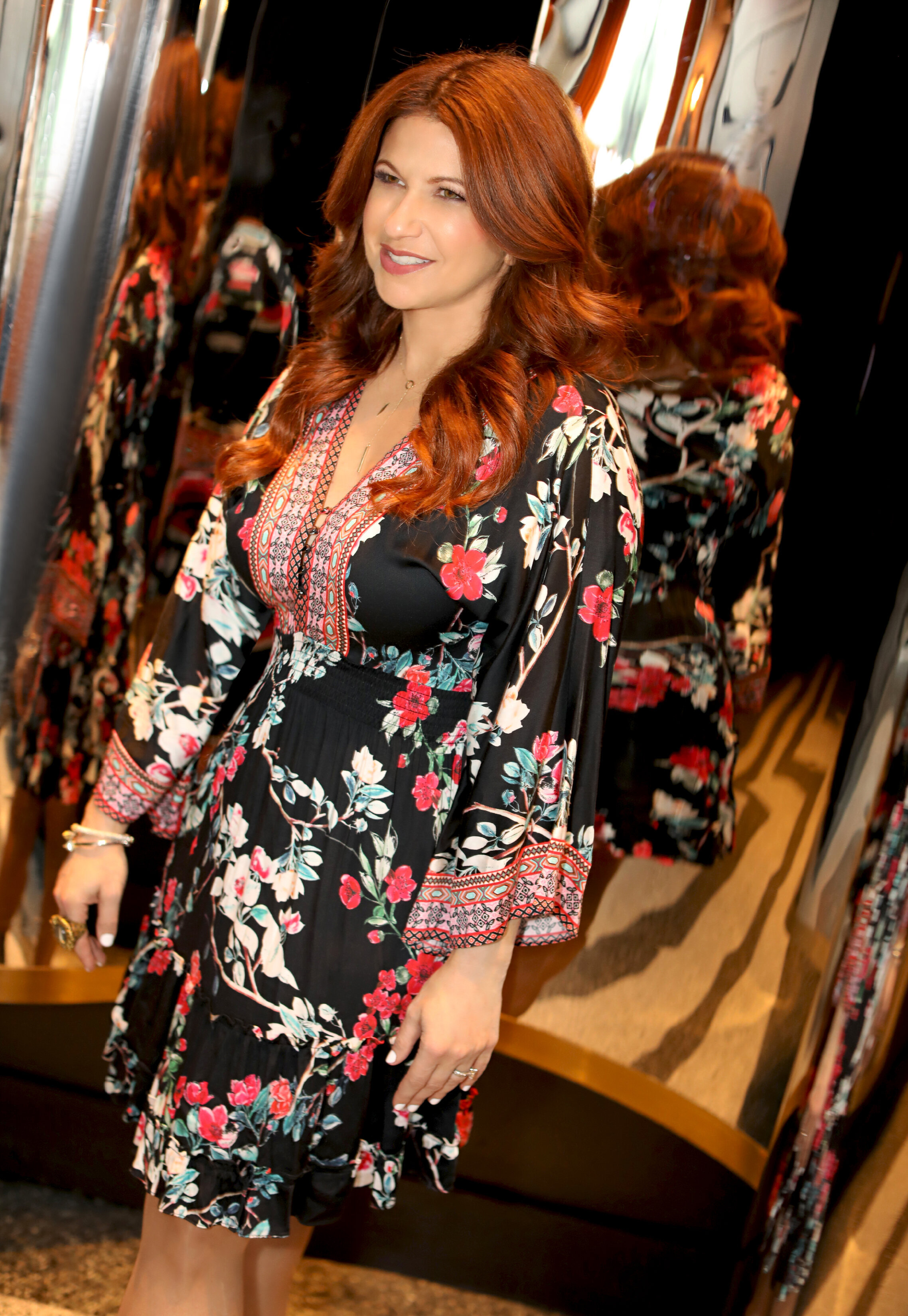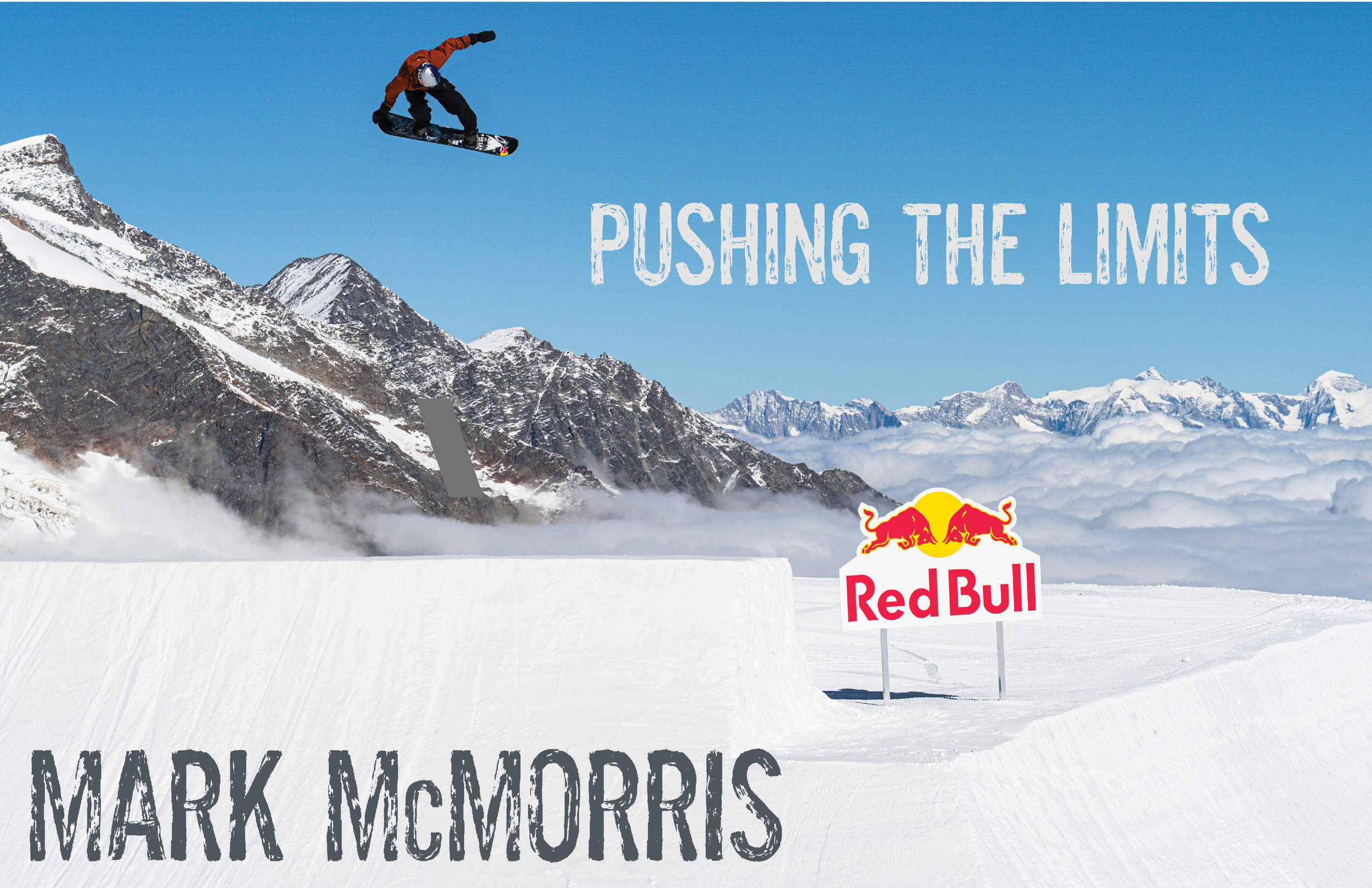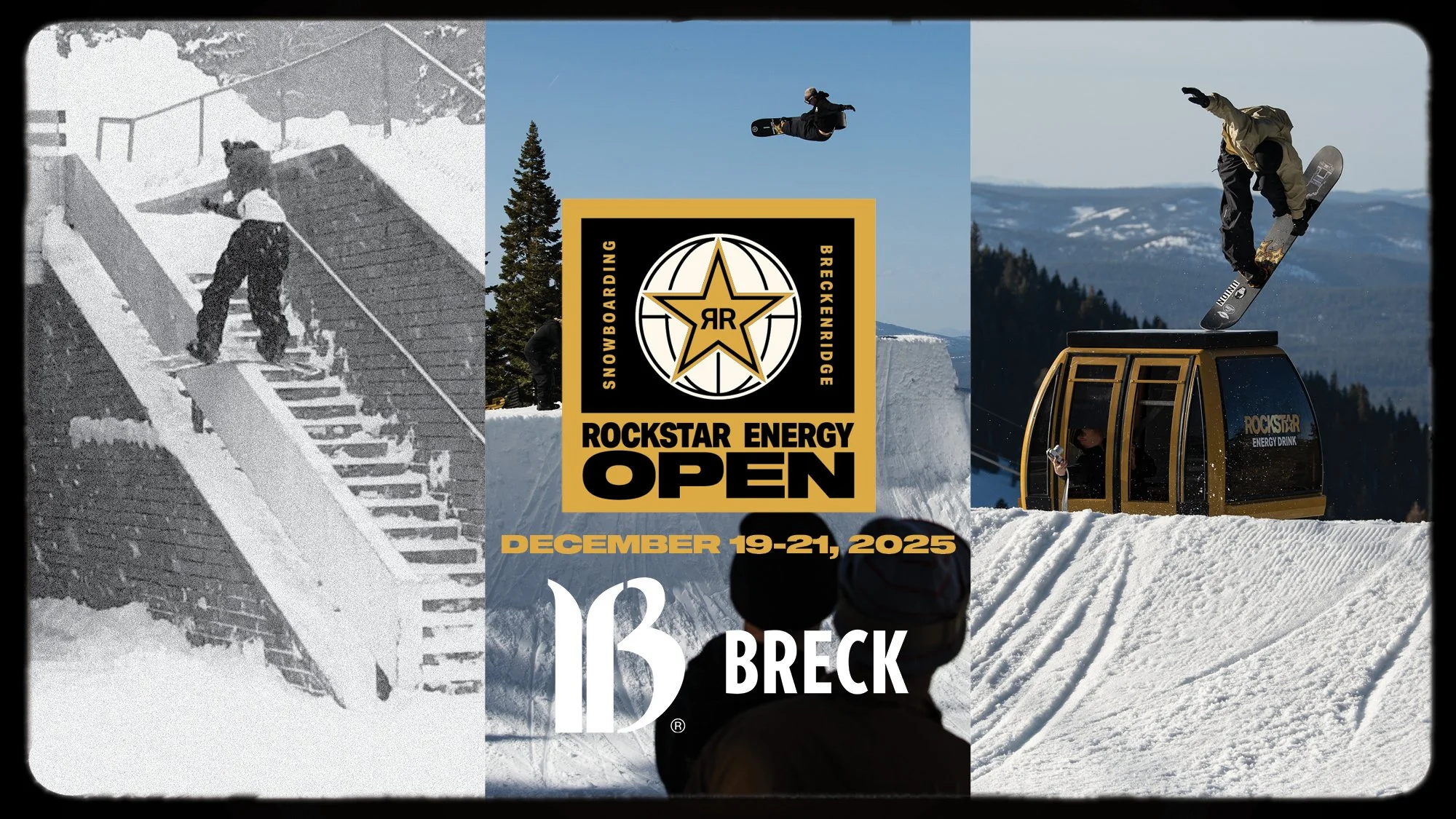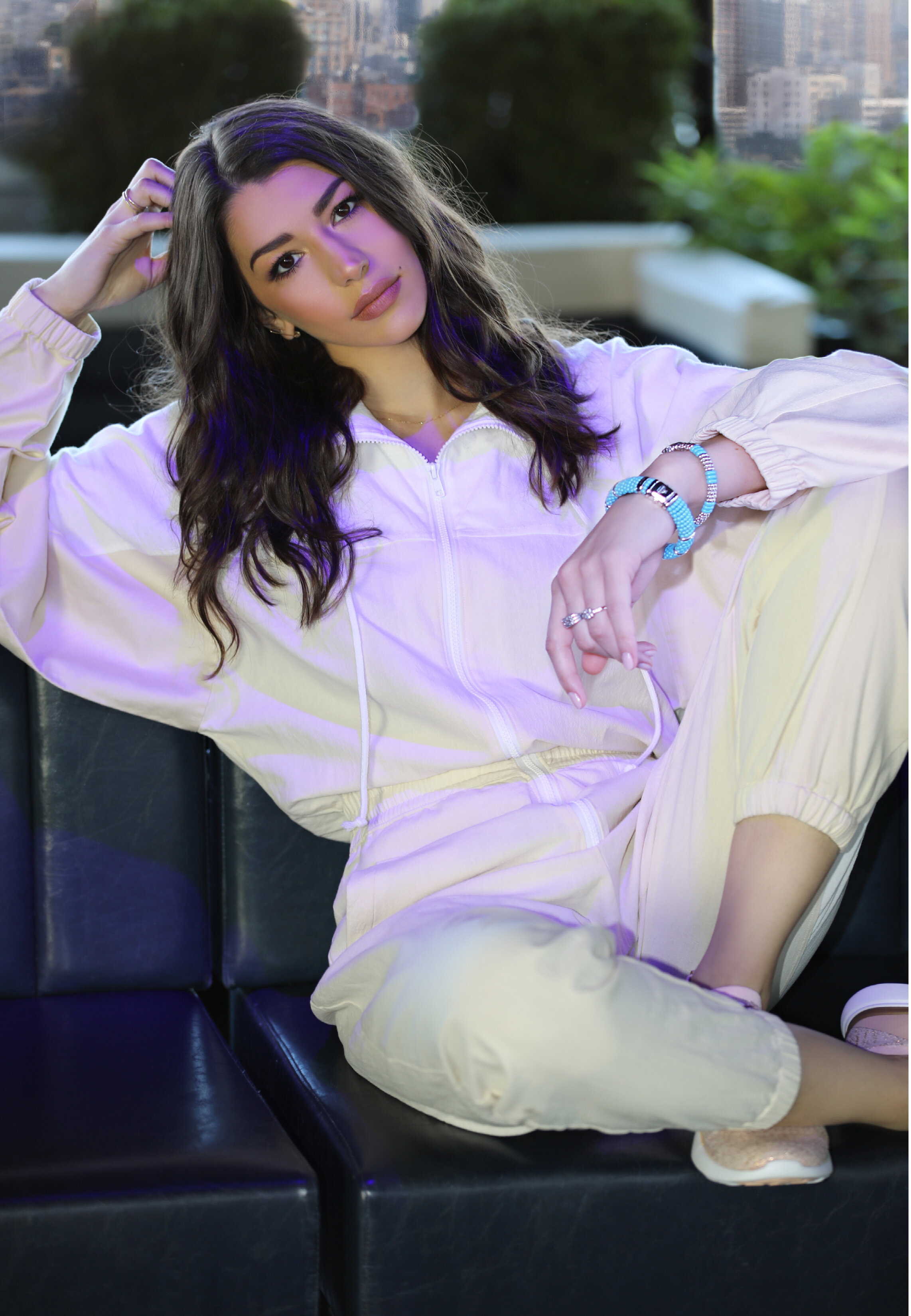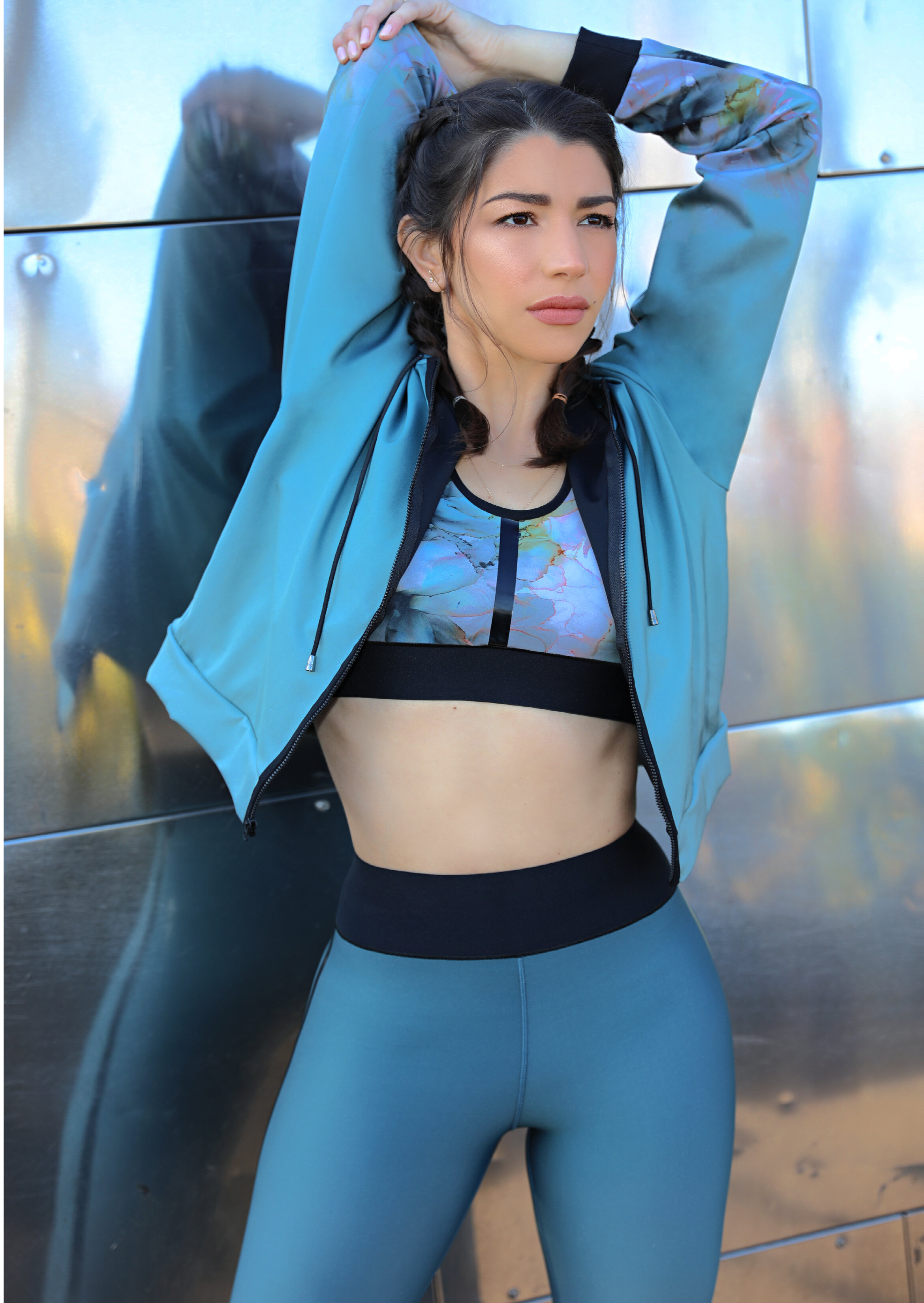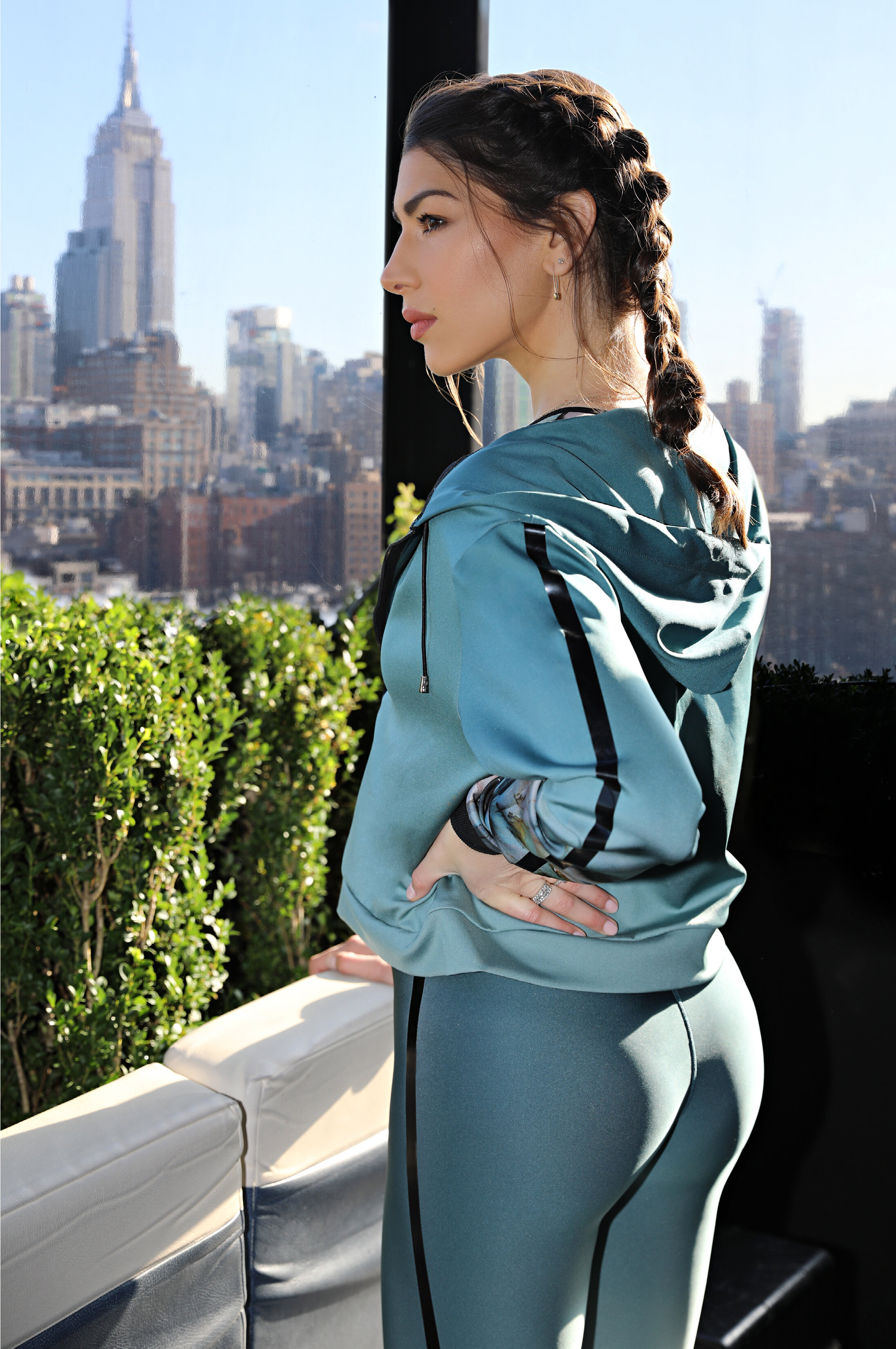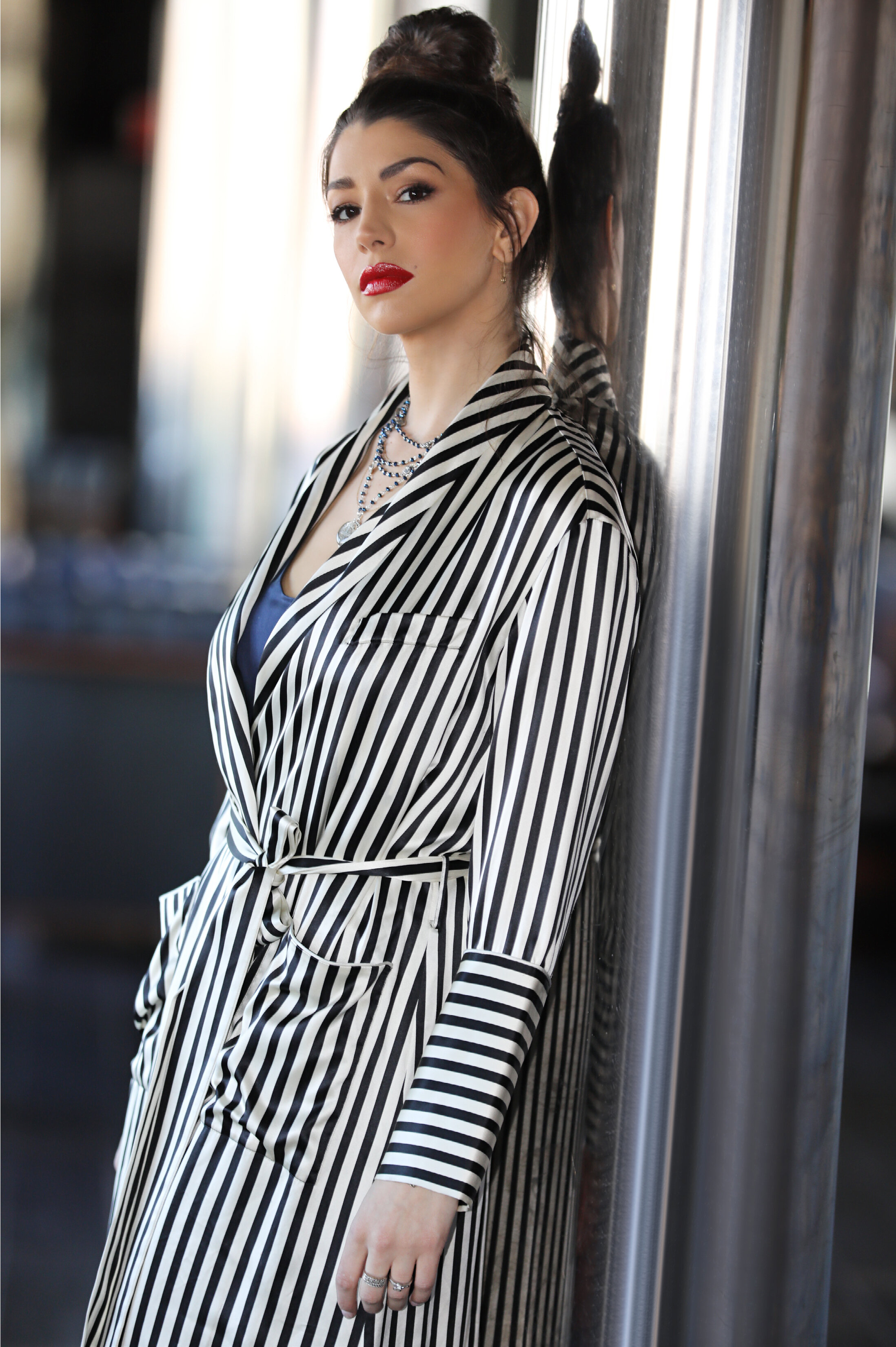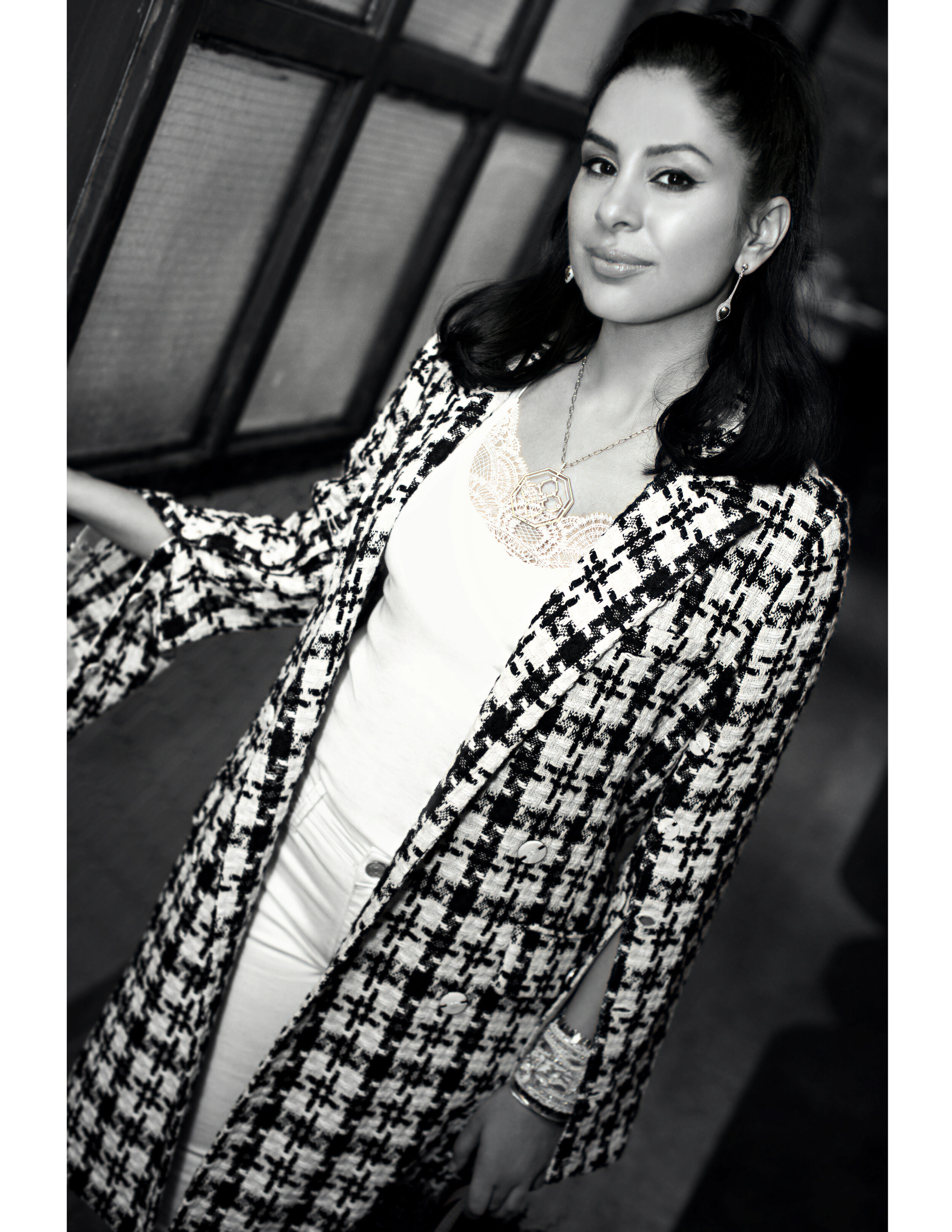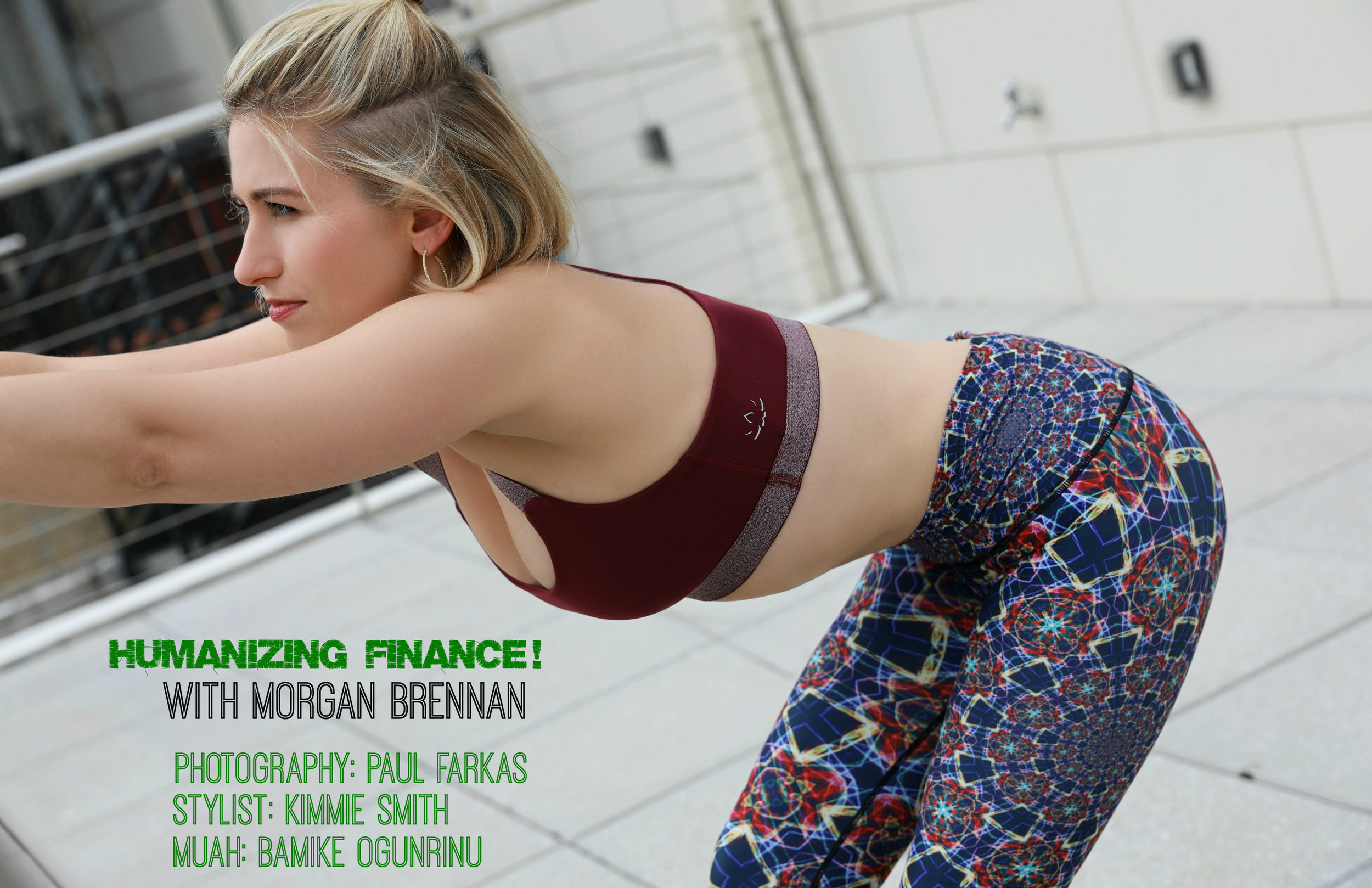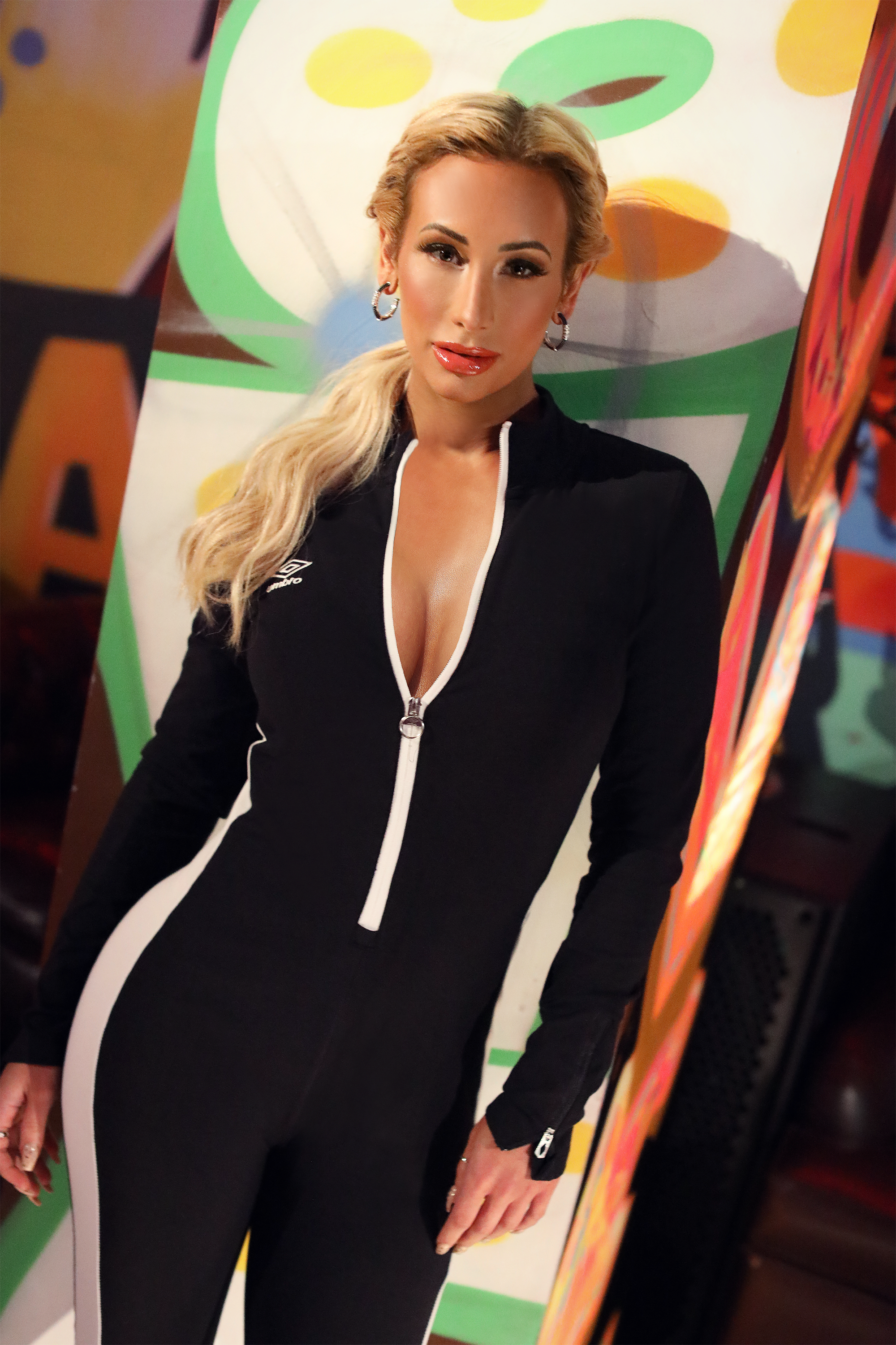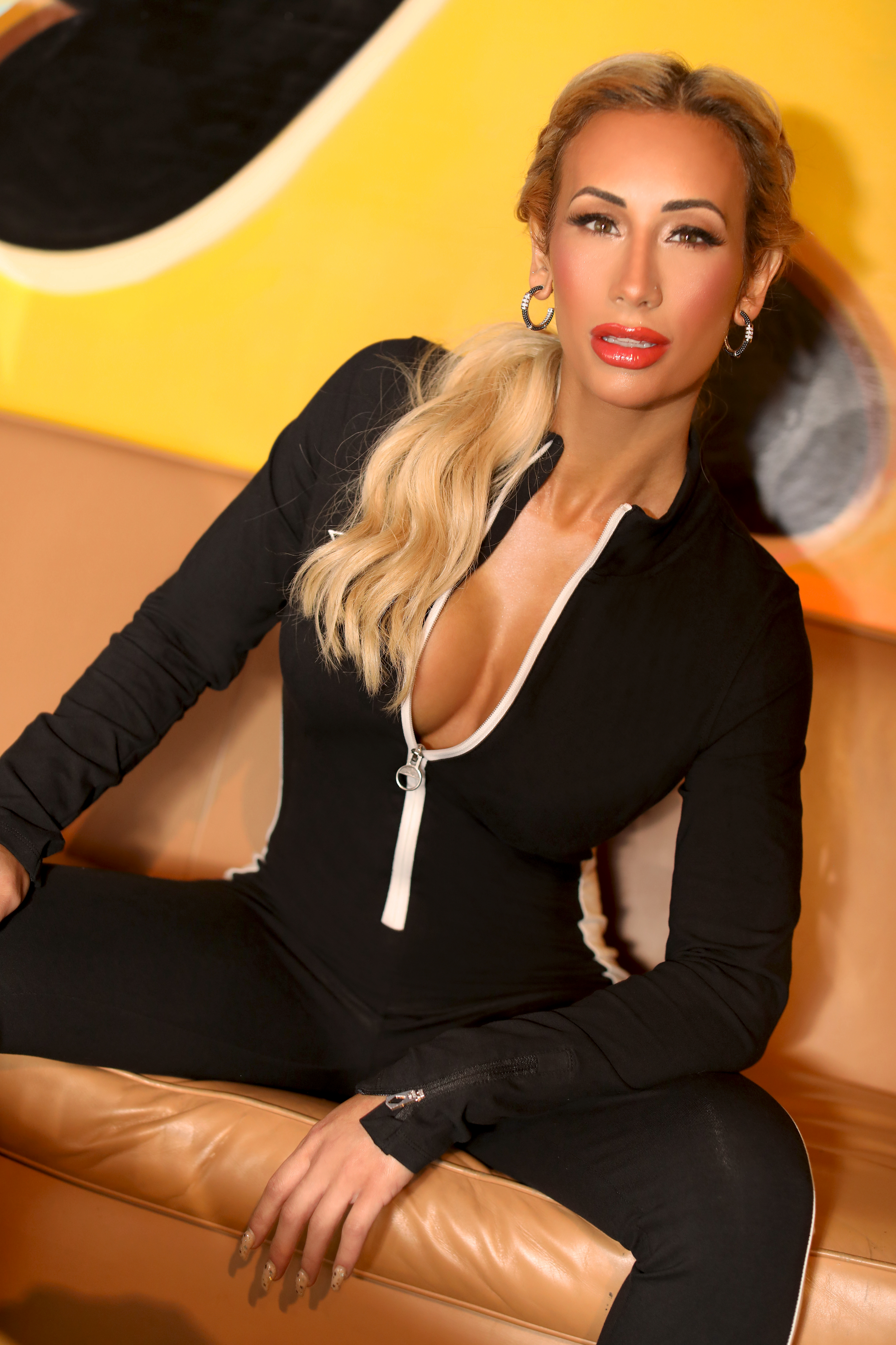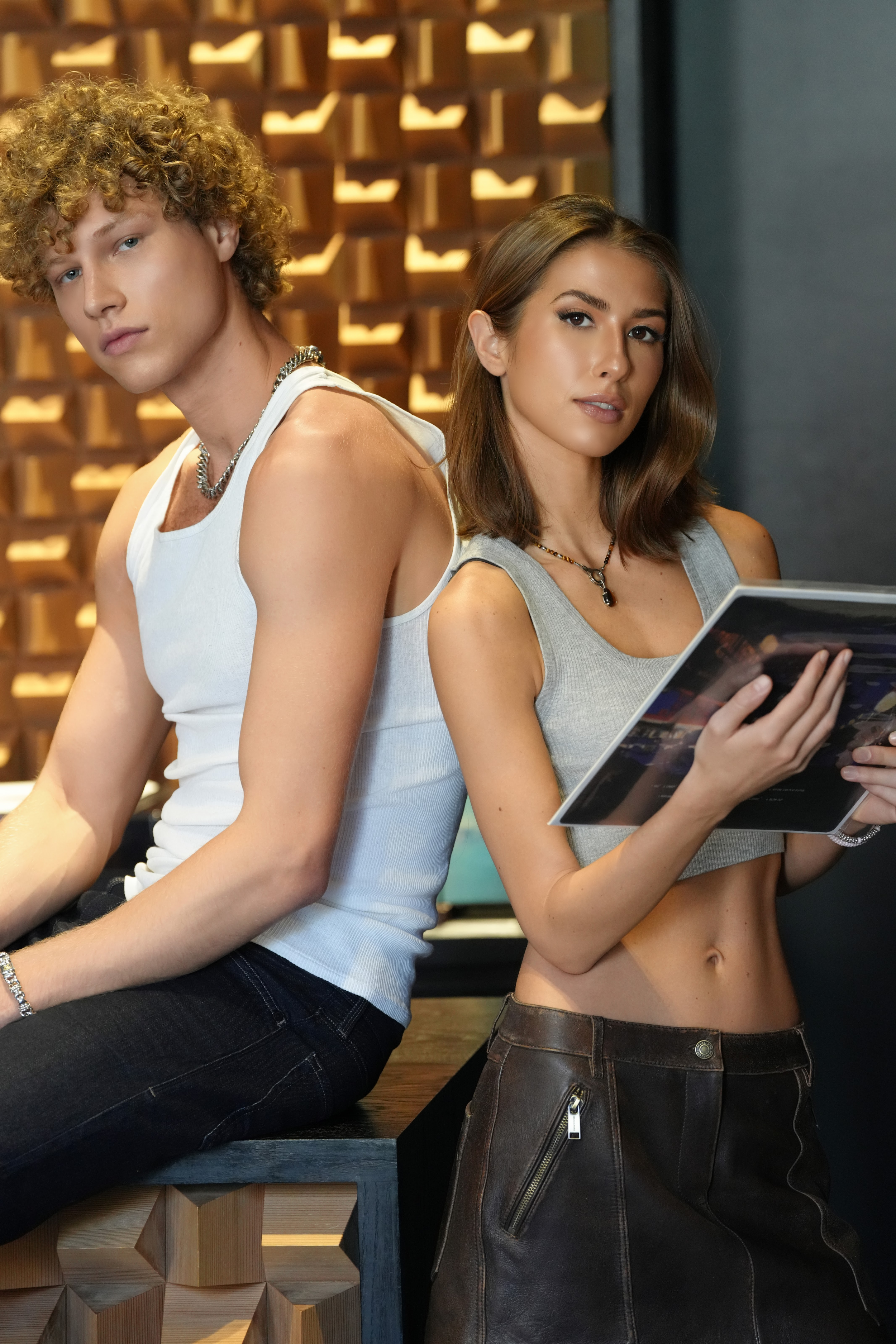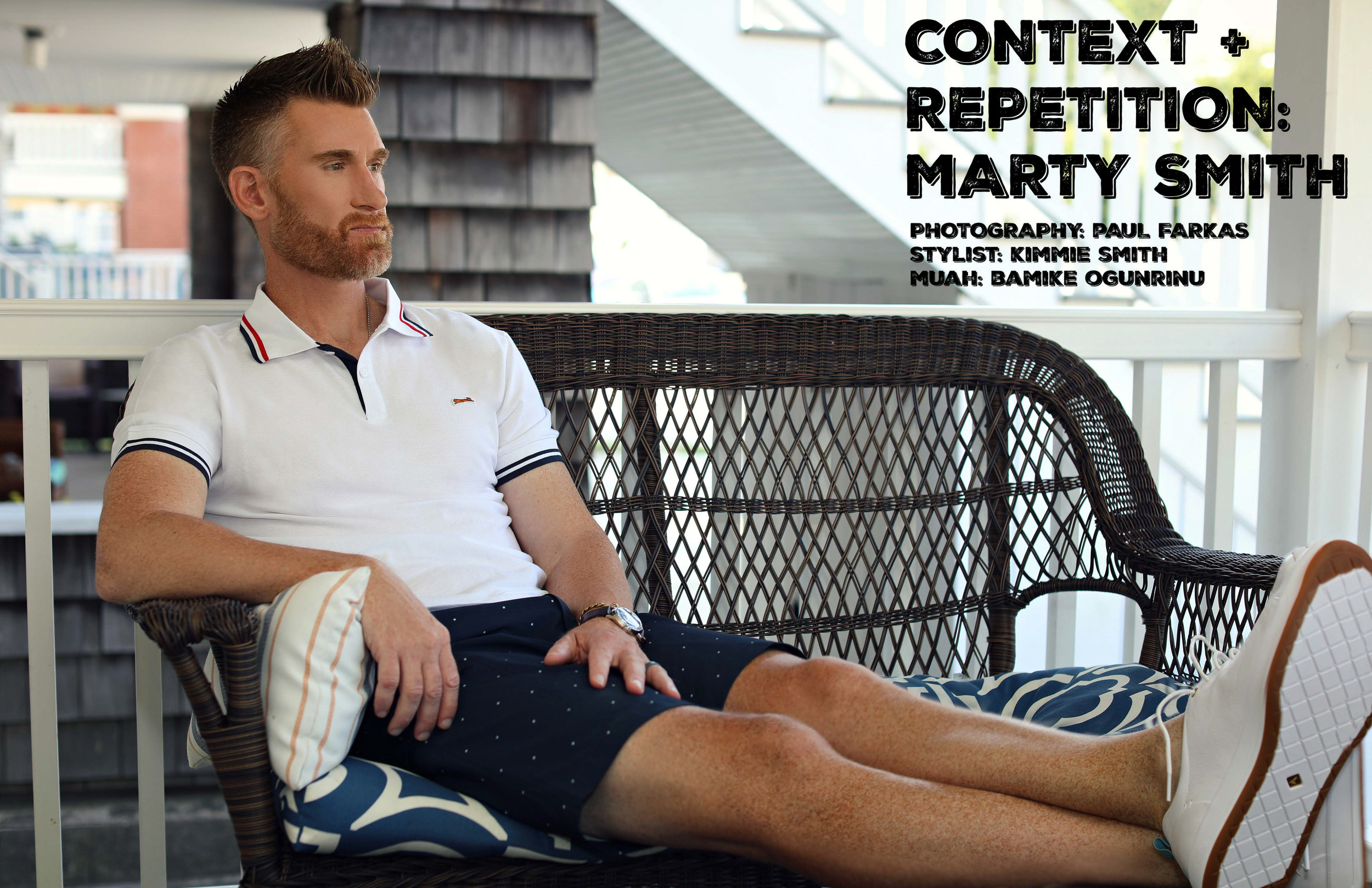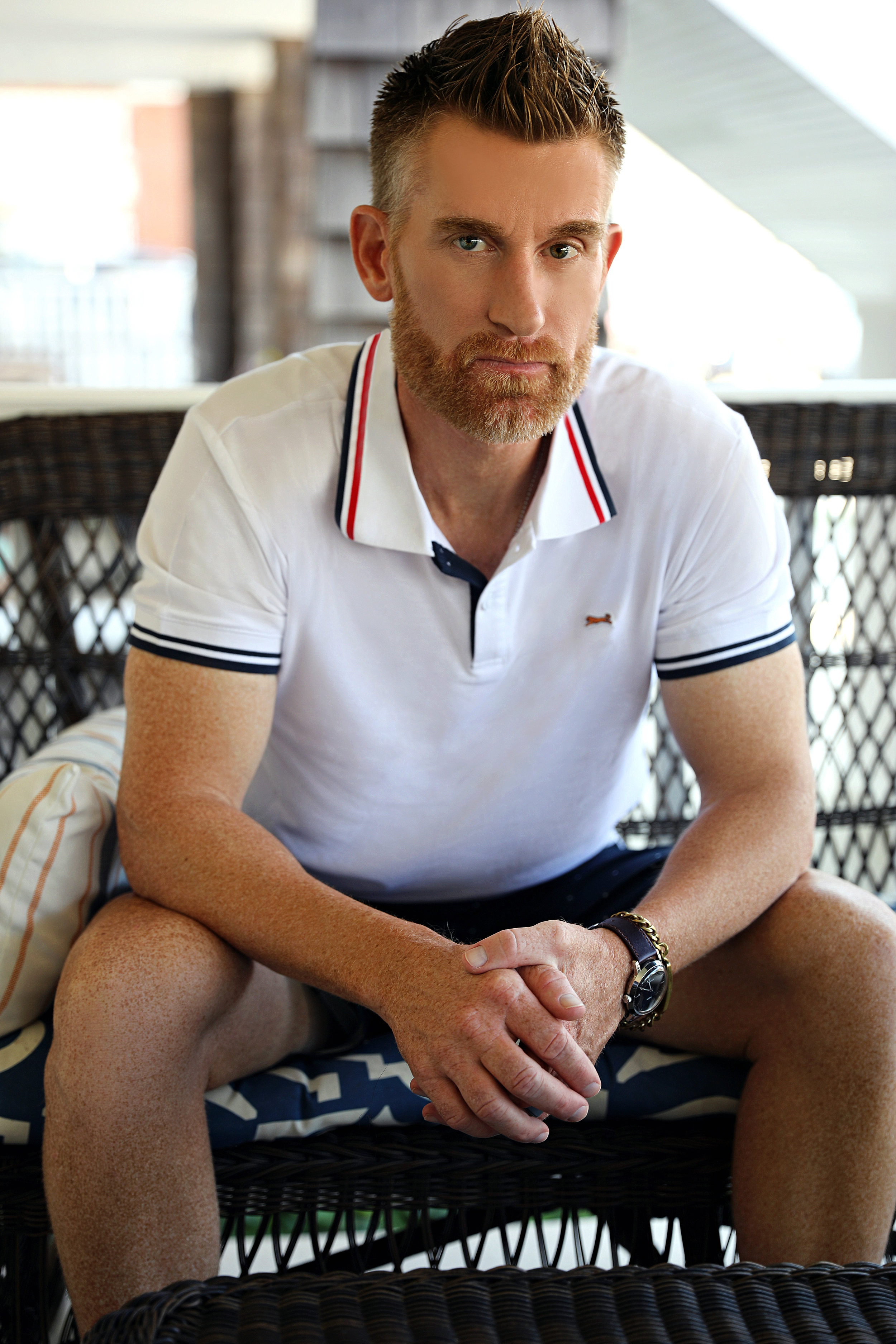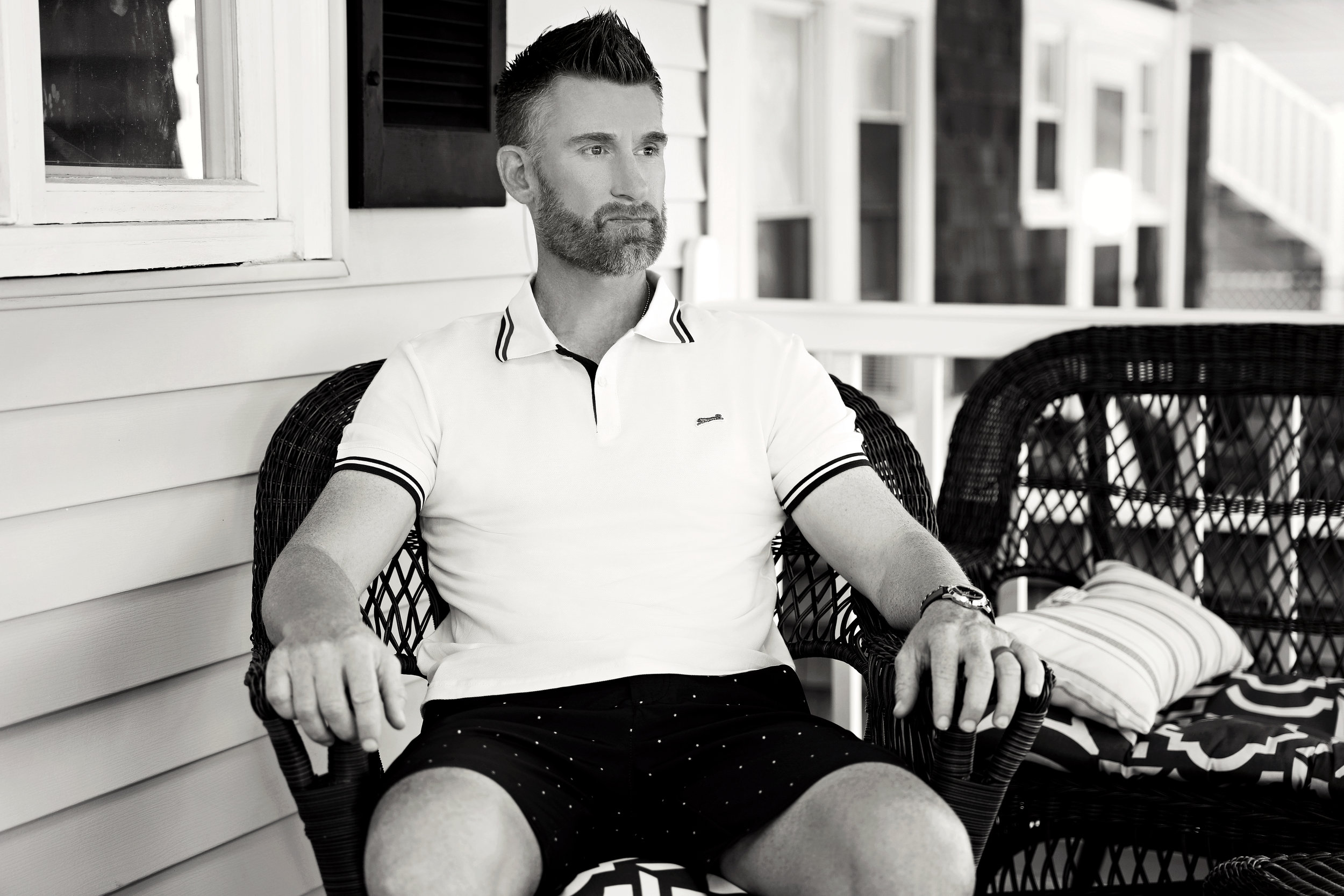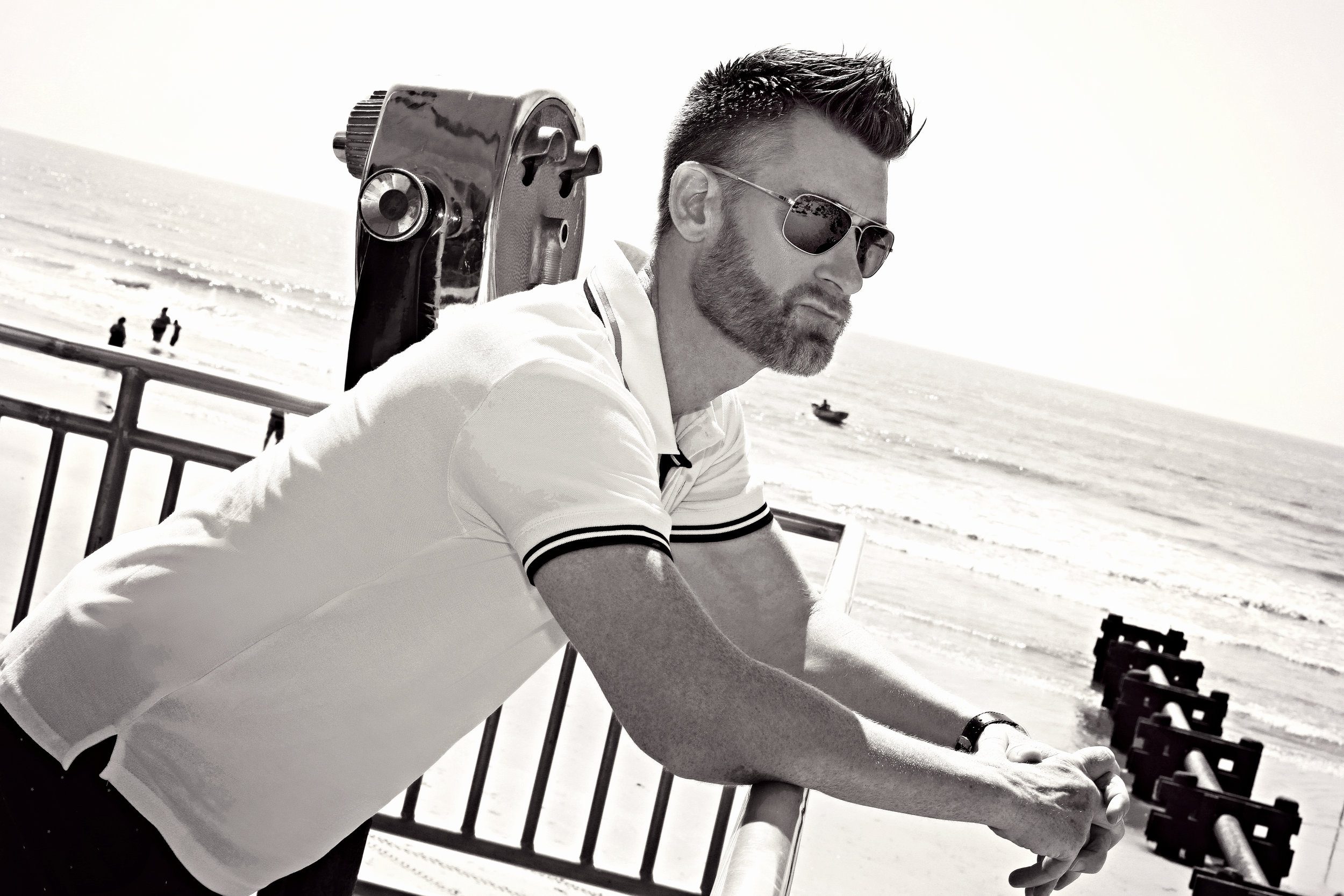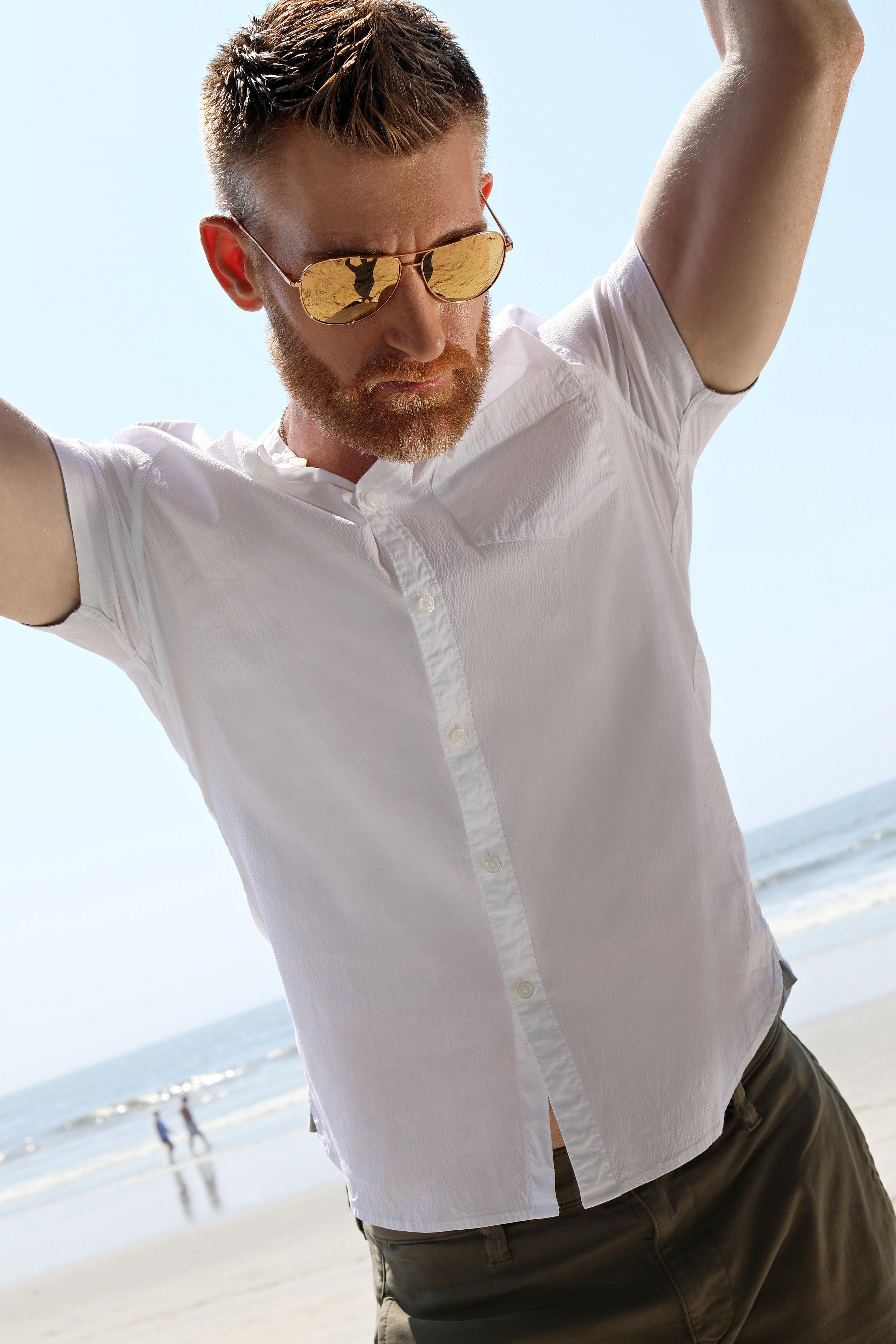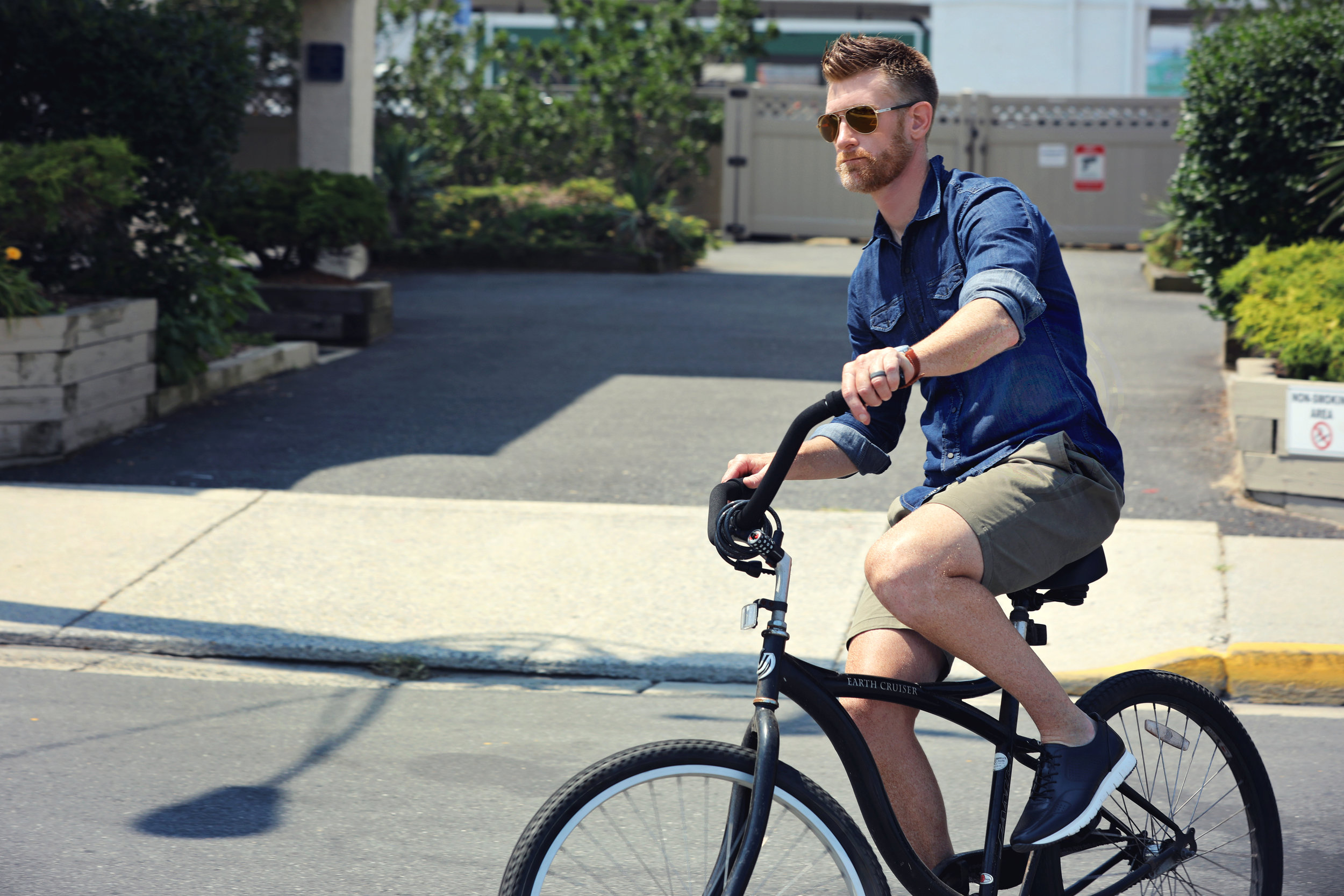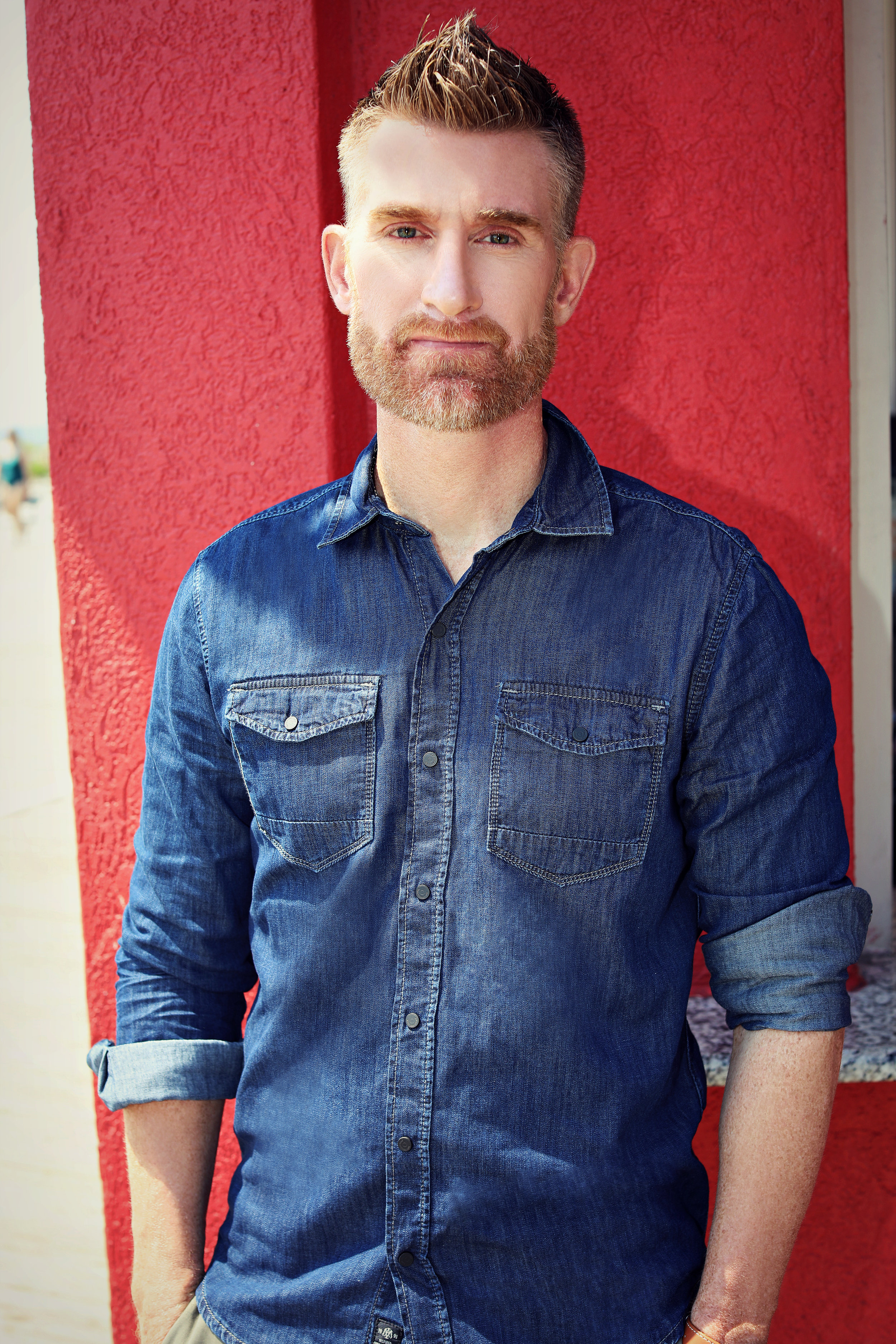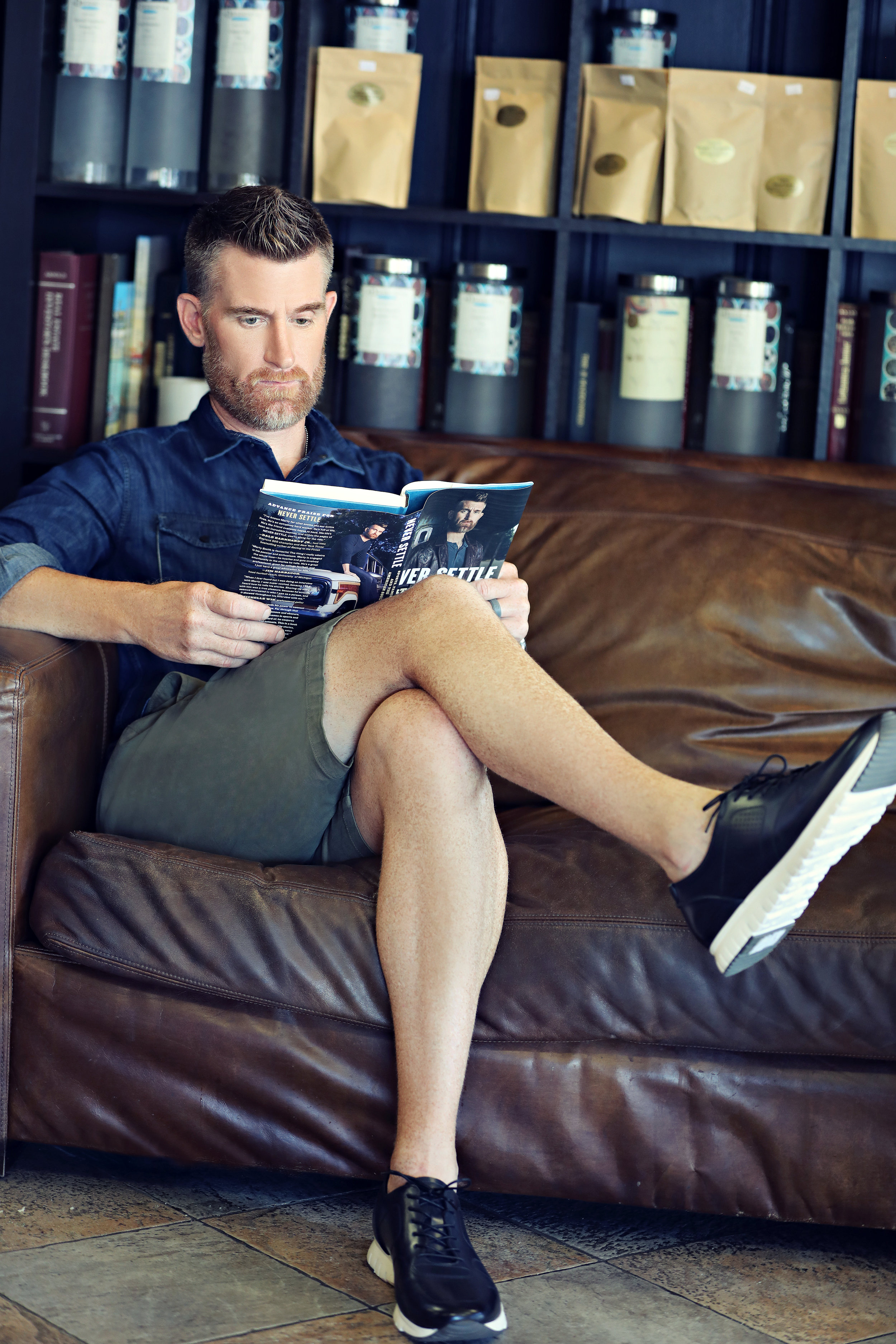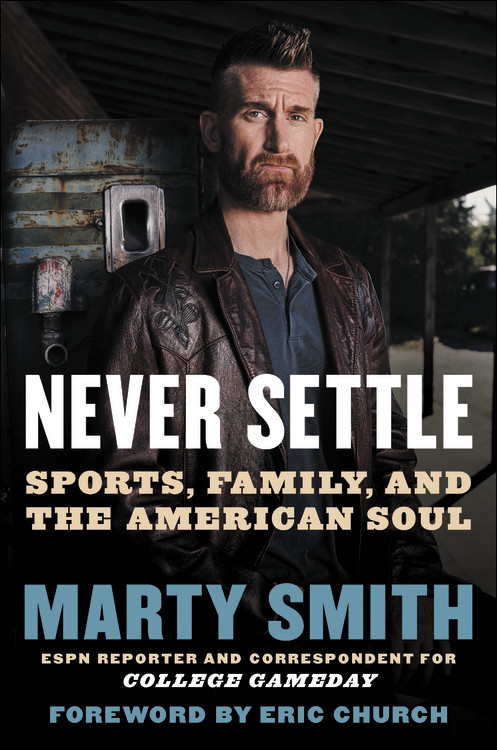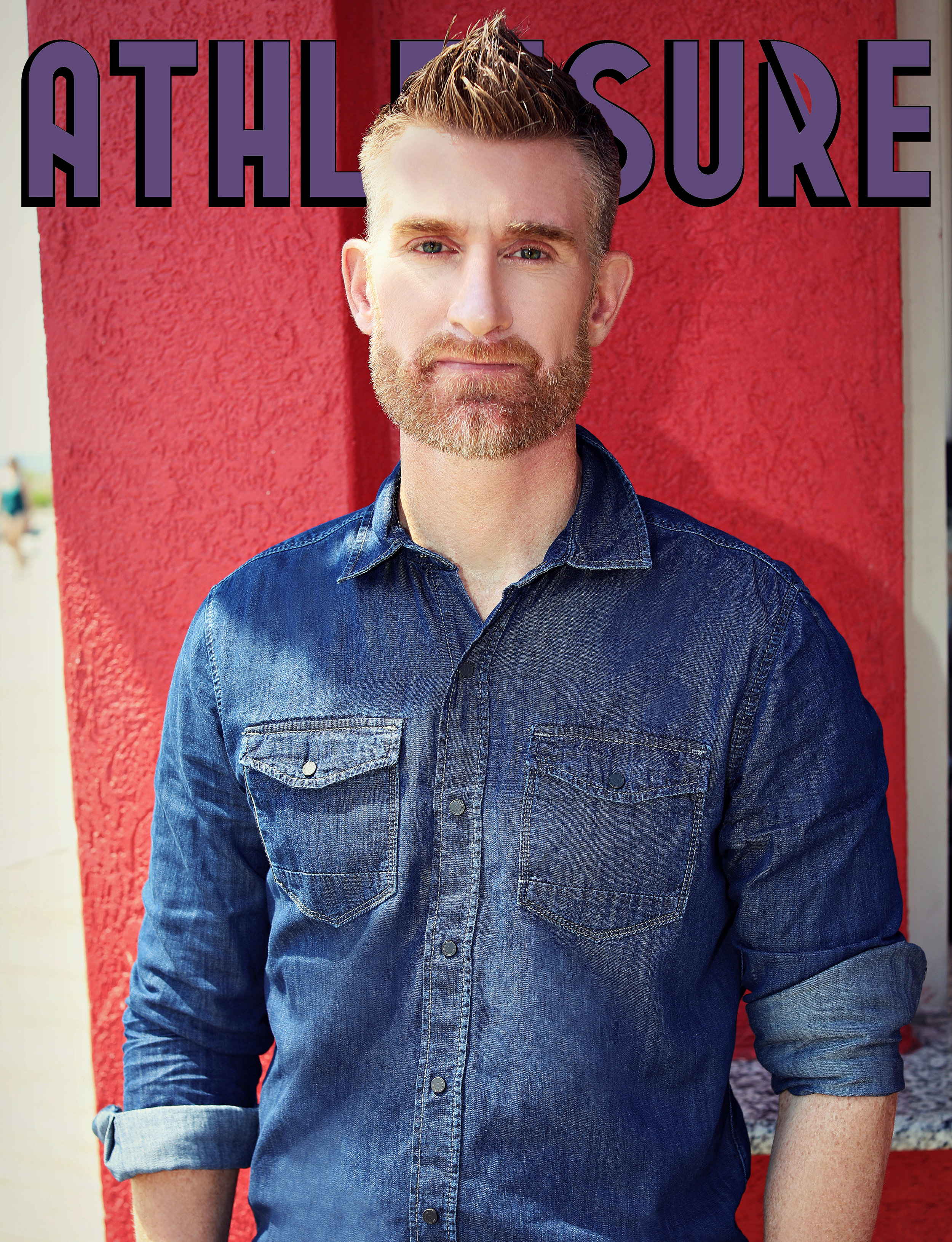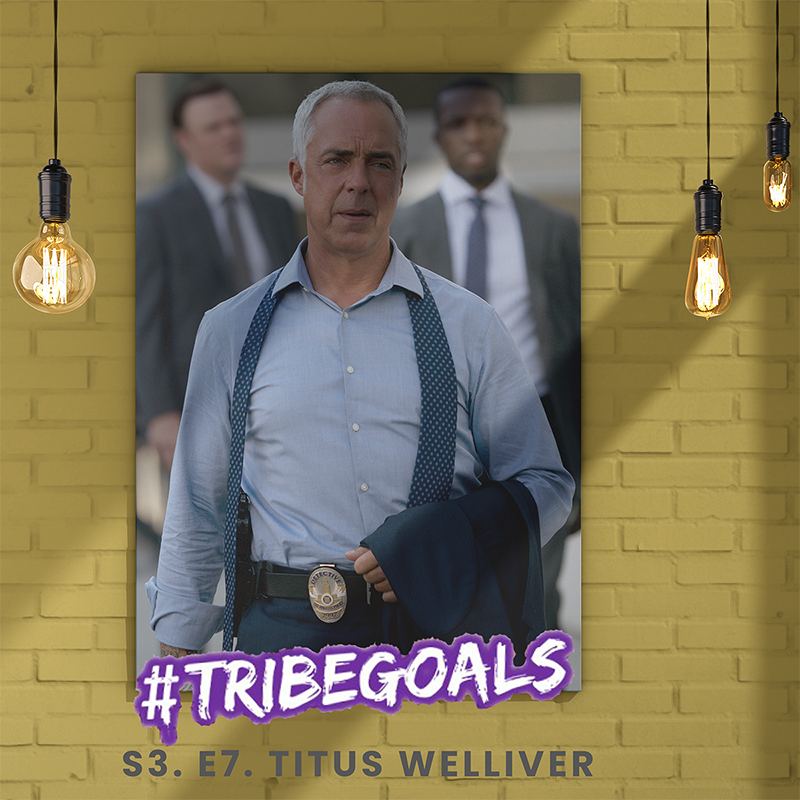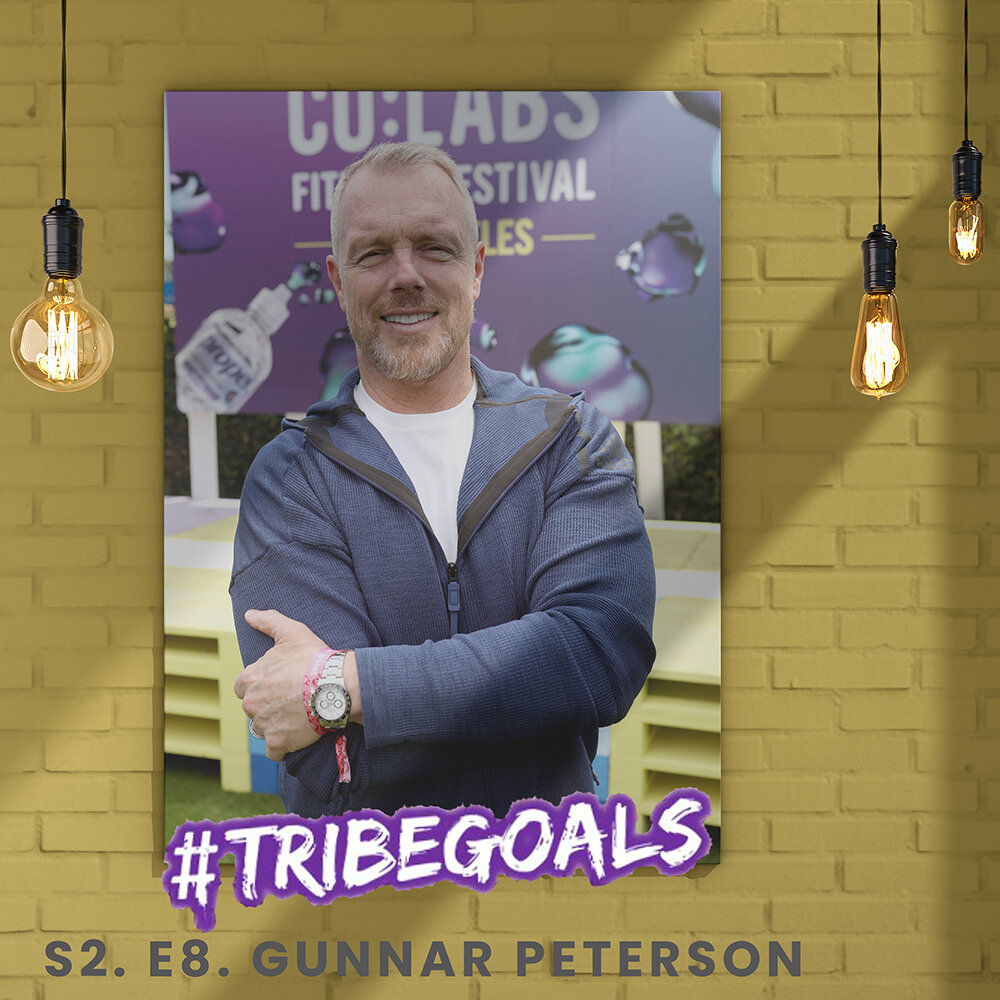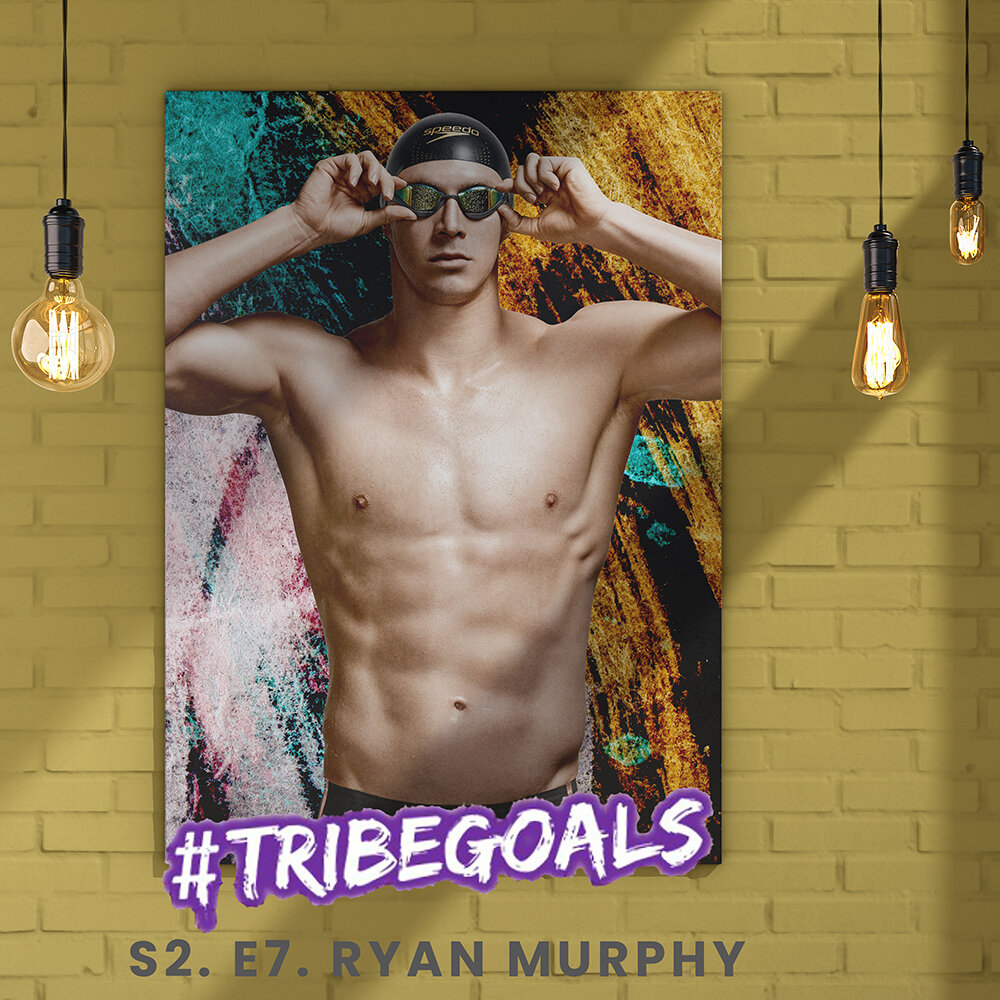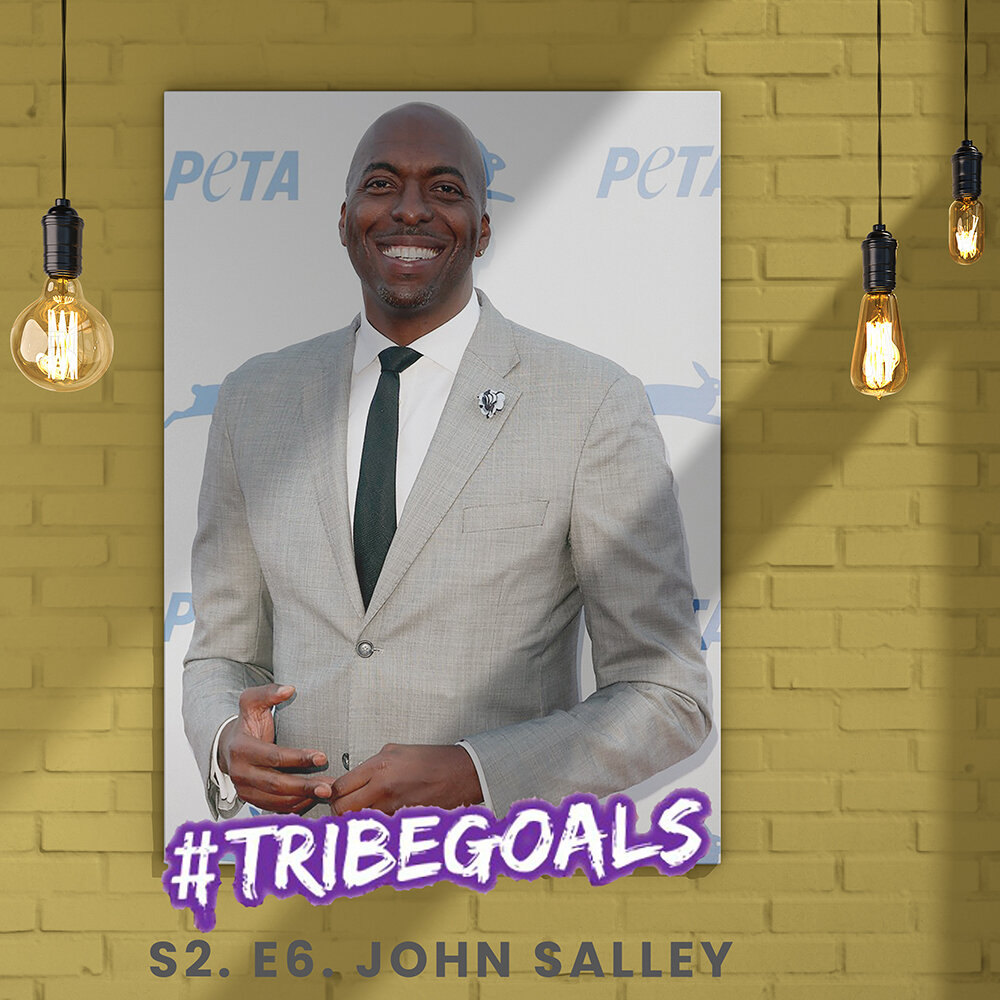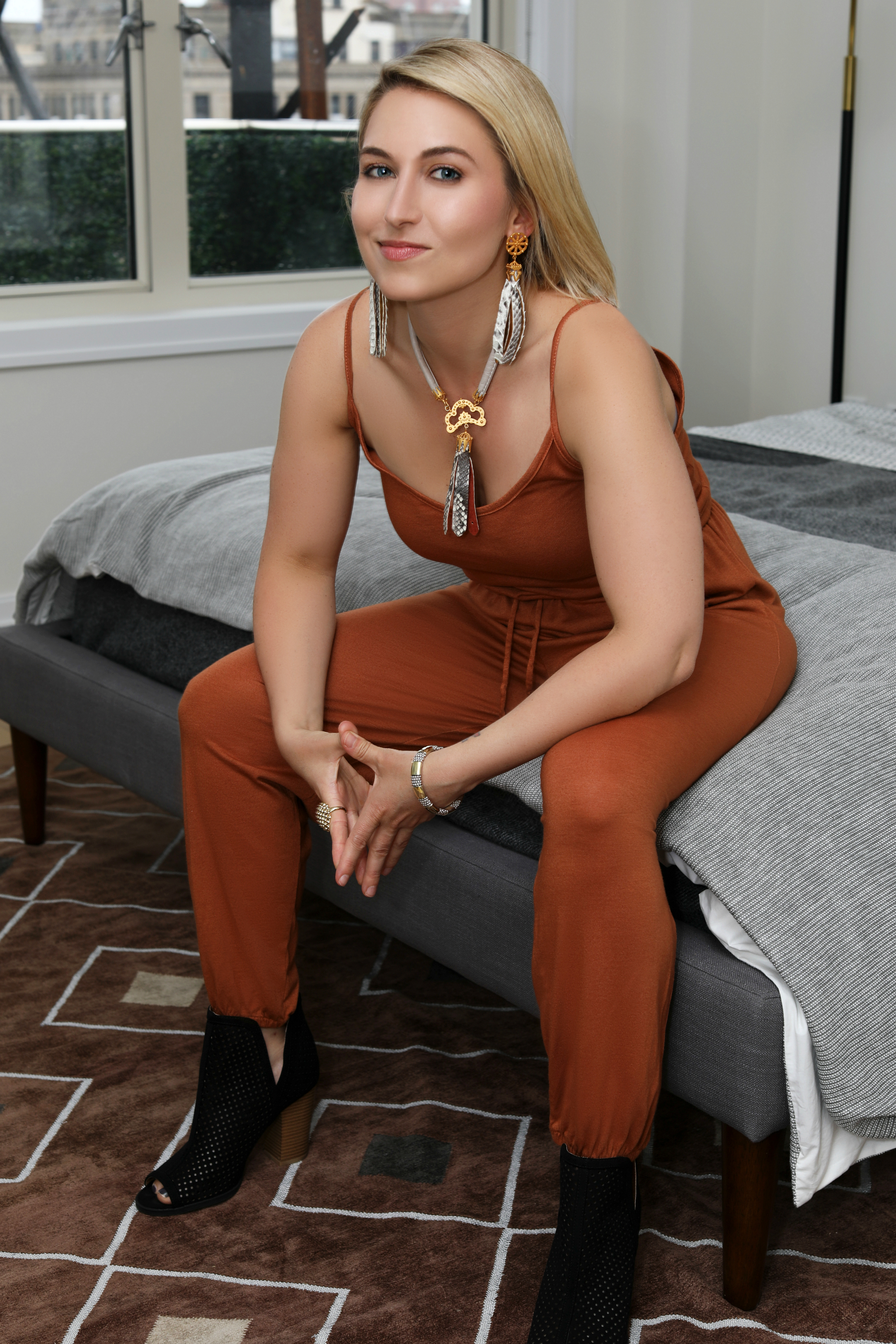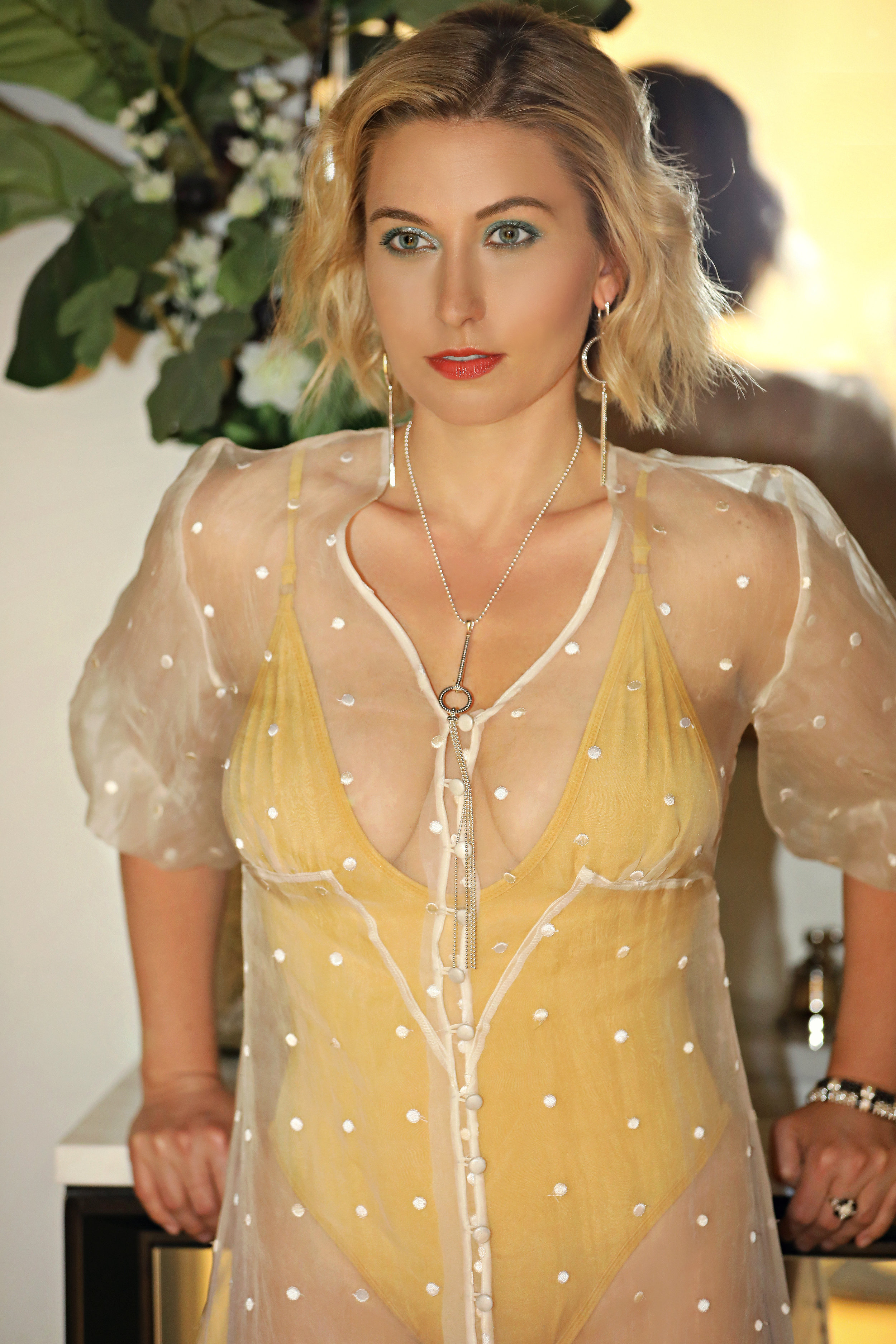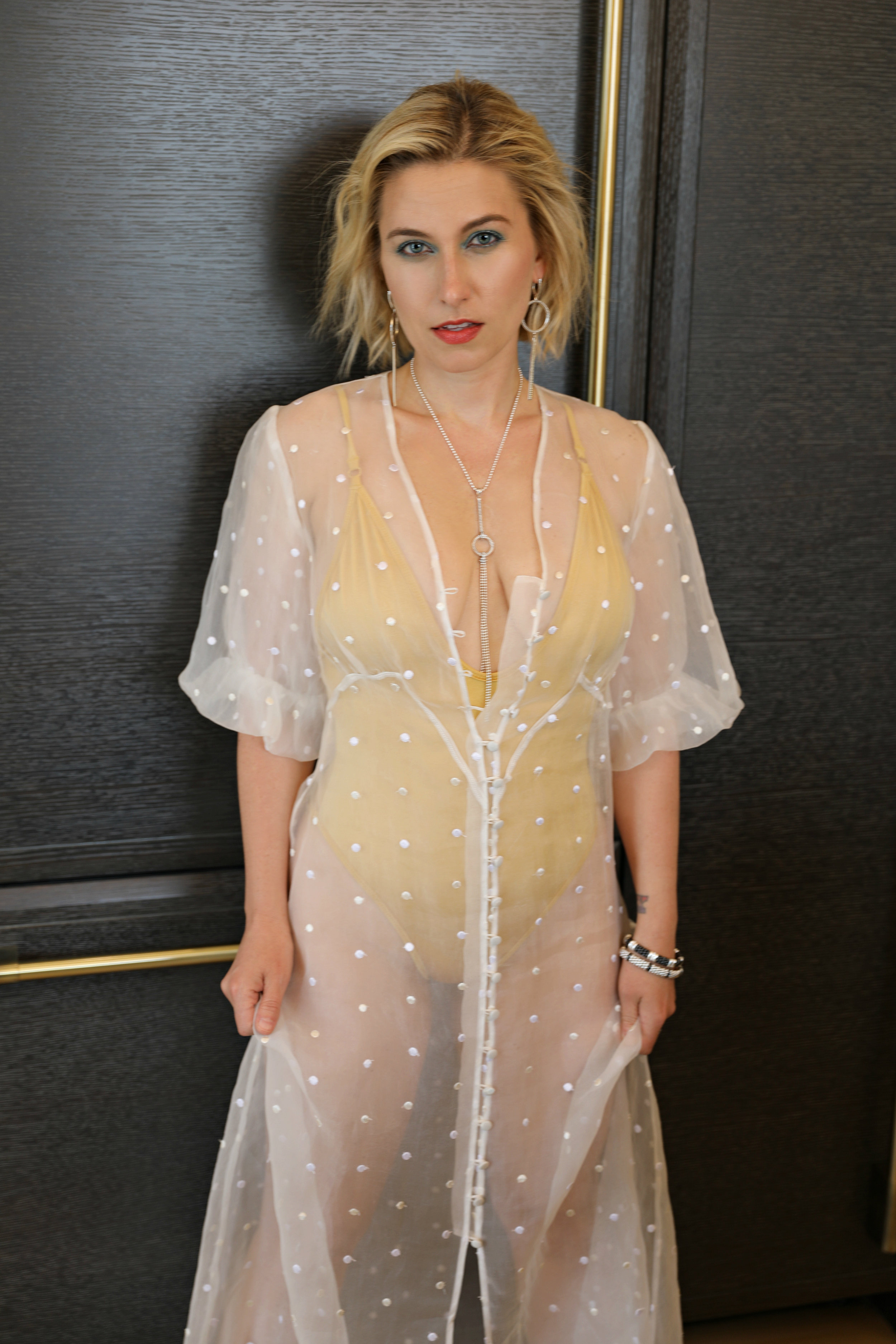We’re excited to share an interview from our Athleisure Mag Summit Series which gives you an indepth look at a brand that we have had the pleasure of including in our photoshoots from celeb covers, model editorials, and even wearing it personally with a number of looks. Virgins Saints and Angels is a brand that includes a number of accessories that tell an array of stories and adds visual texture to whatever your style may be!
We sat down to talk with Cheryl “Finn” Finnegan, Founder and Chief Creative Officer of Virgins Saints and Angels. We talk about the origins of the line, the assortment, her design process, and essentials you need as you begin to build your own collection.
ATHLEISURE MAG: I have to say it is such a pleasure to be able to chat with you finally for this Athleisure Mag Summit Series Virtual Event! This series allows us to talk with great fashion brands that I know our readership and community should know about. Having them hear from the brand, learning about their assortment, and what we can expect from them in upcoming seasons! As you know, I have been a fan of your brand for the past 2 decades from wearing it personally when I’m out and about, for TV segments and also including it in our photoshoots for Athleisure Mag!
In talking with you right now, I am wearing the first ring that I ever received from your collection as that in itself is a full circle moment as it was the first piece that I wrote about for a blog that I started back in 2004 and how was I to know that in 2011, my boyfriend who I am still with who is a Co-Founder of Athleisure Mag, would not only buy this ring without knowing that I knew about it, but he ordered it through Ylang23 which is a retailer that I knew and would talk to off and on when I was working on my site! They knew me and thought it was such serendipity and then around that time, I was in Santo Domingo designing my collab line with Sebago as we were were preparing to launch the collection on HSN and I ended up meeting the leather team that supplied leather for your belts because their company was supplying the leather for my shoes!
CHERYL FINNEGAN: Oh my gosh thank you so much and I just think the world of you!
AM: Same! It’s a brand that I have loved ever since I knew about it, it’s what I wear every single day and I love everything about it. I just want to say thank you for creating it and your aesthetic is something I appreciate and I really love that you are taking the time!
CF: Of course!
AM: So prior to launching Virgins Saints and Angels, I’d love to know about your background because I know you are a fashion veteran as you worked in marketing for Levi Strauss and Co.
CF: Yes, I have been working in fashion since I was probably 16!
AM: Same!
CF: Yeah, starting out in the local department store and moving on from there. I worked with Levi Strauss and I had the best title on the planet! I was called an Image Consultant!
AM: Ok, that is the best title!
CF: It is the best title! I loved handing that card out! So, I was in charge of going out and checking out boutiques. I was searching out for places for us to be in. So I was always on the cusp of what was happening. So when I moved down to San Miguel I originally started doing these plastic woven bags. They were super cute and I reinvented the whole plastic bag in the mercado and I had to brand it because I am a marketing person.
The branding in these plastic bags – I couldn’t sew anything in there and it was cheesy to glue something in there. So I had the weavers who were prisoners, they did that job in the prison system in Mexico – I had them weave the little ring in there and I did a key fob.
AM: Ah I’m seeing where the DNA of VSA came from the minute you said that and now I know why the brand also has key fobs!
CF: Then that key fob turned into a belt buckle which then turned into a ring and then a rosary and that is how it all began!
AM: Yeah, I always wondered what was the piece that sparked everything else – this is fascinating because it’s an extensive assortment that has an array of pieces that speak to each other inside of the collections as well as those adjacent to it, but I couldn’t figure out where it started and what the root was.
CF: Right! I was making these little itty bitty key fobs and I had a sweet little logo under resin and then Fred Segal was buying the bags. But one day he said to me, “do you think that you could just sell me some of the key chains?” I thought that was great because the bags take up major bulk right?
AM: Yes!
CF: So most of the cost of the bag was the shipping. So I thought, I could ship 100 key chains in a little box. So then I started putting in the religious imagery in them. Then I had cute little hangtags on them so it would be Adam and Eve and the cute little tag would say, “They always look better than they taste” or something fun about the Virgin of Miracles or whatever. I had these cute little tags on them and Fred Segal went crazy over them! I was just selling them as fast as they got in and then eventually, it turned into a belt buckle. Literally, I was walking down the street in LA with my belt buckle and Laurence Fishburne’s (Matrix franchise, John Wick franchise, The Amateur) relative stopped me and asked me what I was wearing and I told her that I had just made this belt buckle and it was my prototype. She said that she had to have one and I just took it off my body and I sold it to her!
AM: Oh my God, that is insane!
CF: Then I thought, I think that I could be onto something!
AM: The pieces are so iconic. When we had Lala Kent from Vanderpump Rules as our cover for our MAY ISSUE #29 in 2018, she wore one of your crowns for the cover.
CF: Yes – insane.
AM: It’s just amazing the responses that you get when you’re wearing them even in the wild. On days where I’m running between editor’s appointments and showrooms and I’m just rocking leggings and a top but I have my VSA which takes it to another level, I do get stopped and you have mini conversations about them and it’s so fun to engage with people in that way.
What is your sourcing process like? I do like the elements in the pieces an San Benito and then the Magdalena – where do you get all of these things from?
CF: Well inspiration is local, I mean you’re in Mexico. When I first got here, I didn’t get it. I come from the Midwest –
AM: Same!
CF: Right, your religion is private.
AM: Same! That’s how I was raised too!
CF: I’m from near Chicago.
AM: I’m from Indianapolis originally and obviously, I’m in NY now. But I totally get it. Like growing up there you’re religious, but it’s not something that I would just throw out in conversation.
CF: It’s reserved right?
AM: 1000%
CF: In Mexico, Guadalupe is on every other tattooed man – it’s just very visible. I found it interesting and then I started looking into it more and then I started adding in this Gothic kitsch. I was definitely more of a punk goth chic when I was young. I had the spiky hair and black that was my thing. I definitely have a bit of those elements in every piece that I do. The Magdalena was that ability to wear a rosary and to wrap it around. I particularly love the belt buckles and to me, those were it! That was my go-to piece that I was known for and every celebrity would wear the belt buckle and be pictured in it and you would see it! An earring you may not see necessarily, a ring you may not see, but a belt buckle – you’re going to see that.
AM: I do love the Gothica style of it. I always say that there is this noir/macabre feeling in the pieces that are pleasantly moody where it’s not fully leaning in that direction but you get that essence. I’m not a preppy girl by any means, although I growing up that is how I dressed – hello Midwest. But, I love that I feel when I wear them that it grounds the look, it gives an edge to it. It feels approachable, it has visual texture, and there are always great conversations around the pieces and it goes on for minutes! You see a cross, then there is an interesting design, or some other fun element.
CF: I know! It does kind of push the limits! I will never forget when I was in San Francisco, I was in a store and a woman came in and she told me that her parents had a dining room and it was all in black velvet and had Jesus and Mary in it as they were very religious. This woman was wearing her Virgin of Guadalupe belt buckle and she felt kind of dirty wearing it there – ha! It definitely pushes something.
AM: It does push the limits but you have created this world from the jewelry to the campaign imagery that you put around it that creates a cohesive story and what it means to be in that space. Sometimes our shoots end up popping up so quickly that I may not have time to reach out to your team to put a request in for something that is in a new collection or an archive piece and I will shop my personal VSA collection to bring it to set as it adds that element of drama.
CF: Oh honey! We’re so happy to work with you!
AM: Of course sometimes when there is a tight window you have to make do! You had a cameo set that we pulled a couple of years ago and I had requested various pieces from it as I wasn’t sure how we were going to have it with our model and by the time I saw the looks, I realized that they all needed to be worn together as we shot it at the Algonquin Hotel here in NYC.
CF: Oh yes! I loved that!
AM: Your team was great to work with to get that going. And between the dress and the layers of statement necklaces and the earrings this Cameo Noir moment just really came together. My team was like, wait all of this together and I’m like the whole thing!
CF: You’re too cute!
AM: Where do you start in your design process? Being where you are in Mexico, walking around definitely must be something for the senses and crazy inspiration.
CF: My new collection is just coming out and it’s called Brigid. So, Brigid took me back to my original roots. So when I was first introduced to San Benito, I was in Ireland. I saw the Celtic cross and I remembered being in San Benito and seeing the San Benito Monastery. That was the Celtic cross and I have Celtic roots. So Brigid takes me back to the first trip in Ireland when I was first introduced to that Celtic cross in a town called Kildare. Killdare happens to be the town where Brigid is. I wanted to do something that was very Irish and I started looking back into it and the famous Celtic cross in Ireland is in Kildare and Brigid, she is the only Goddess who is also a Saint. So she is a pagan Goddess and a Saint at the same time.
AM: Interesting!
CF: She is all 4 elements. She is Air, Water, Fire, and Earth.
AM: Now it makes sense with the images that you sent knowing that!
CF: Exactly right? So, I’m tying things back to my Celtic roots but yet, it is so very Mexican inspired for the pieces. All of my pieces are handmade!
AM: That’s another thing that I love about your brand! It already comes out with that heritage aspect to it due to how it is crafted. It is polished not like something that is mass produced, but in a way where you feel that an artisan made it and it is passed down to you. Every time I put it on – even if it is a new piece or one I haven’t worn in a while, you have this feeling that is warm and as if it something that you have had for years.
CF: You need to come down here and come down to the workshop!
AM: I want to come and see this, I would probably freak out!
CF: All of my clients that come to the workshop, they always say, “you don’t charge enough for your pieces.” They are blown away!
AM: I have to say that I have always felt that your pieces are a great price point; however, you have all the people that are making it by hand –
CF: It’s a lot! I have the same workers for 25 years.
AM: Really?
CF: Yes, the same people! They are the best of what they do. They love when I bring a magazine photo in and show them. They love seeing Lady Gaga, Miley Cyrus or a number of the people that have worn their brand. They all have their little alters at their work stations. They really put a lot of love in what they do.
AM: When you make a collection each season like Brigid, how long is that process from concept to finish?
CF: It’s a lot. It can take – Brigid is coming out on Feb 1st and what we do is that we always wear the pieces beforehand. So after awhile in wearing a piece, you can see how it feels and you may say, this isn’t right. So we have to change and we have 2 pieces that we are right now in the process of getting ready. For Brigid, we have been working since Oct on this. It takes a long time and as a designer, I’m working all of the time. You don’t just stop your brain from being creative right? Every time you are looking at something, you’re saying, how does this translate?
It’s very interesting and I love it. I sit with the workers, I don’t hand them a sketch. I sit with them while we are making the pieces. I don’t have my cell phone with me or my laptop, I sit with them and I say, let’s do this and let’s do that. Then, they give me ideas, and we do it together.
AM: I did the same thing with my shoes as there was so much to learn by being able to talk with the artisans that have been doing this for years. I was able to share my vision, how I wanted the leathers arranged and then to watch them put it together, offer directions and adjustments to make a beautiful collection that I sold on HSN. So being in Santo Domingo and to have that experience really opened my eyes to craftsmanship. They knew that product and it was a pleasure to work with them. They knew that leather better than anybody, they knew about the last and so many components of the shoe.
CF: Yes! I have to say that it is very different than going to a factory in China where they are throwing things in a machine and spitting it out. There was a period where there was a copy cat of mine and they were making it in China and you could tell that it wasn’t the same.
AM: You knew the difference! Just the weight alone. It always surprises me that the pricing of your collection is so reasonable and then when you think about the hand made element as well, it’s amazing that your prices aren’t higher.
CF: People know once you start wearing it and playing with it. Our pieces in addition to being hand made are also hand polished. In this industry, when people say handmade – what does that mean because there could be elements that are and others on a machine. I do such a volume that I am fortunate that I am able to keep the prices at where they’re at. That definitely helps and we have a nice kind of flow to our factory – I don’t call it a factory I call it an atelier. We have about 13 people who work with us and every piece has its own hand antiquing. I don’t like that usually in jewelry when you antique it, they throw it in a black pot and they tumble it. I don’t like that. I like to brush it on by hand and I tell them where I want it to be more intense and where I want it to be less intense.
AM: Oh wow that explains something else I have always wondered. It’s yet another little detail that I am learning about you and the brand! I always noticed that it wasn’t the same all over in terms of my rings as I have more in this category than other portions of your line. So I will see certain parts of the ring will look one way or another when I am turning my hand or picking something up. I just thought that my skin was making it do that!
CF: There is a designer that wore my cuff to death in the shower, swimming in the ocean and I ran into her in NY and I said Nicole, would you like for me to replate that for you? It was black! And she was like, it’s my natural patina piece – my personal patina! I was like ok!
AM: Oh wow!
Who would you say is the VSA customer if you had to put a person in a category or categories?
CF: I know! There is the woman that I think she is that is this punk rock cool chick. But it’s so difficult because we have people from Miley Cyrus to Maria Shriver to Marilyn Manson. It is the most bizarre brand. A marketing company will come to me and say who is your customer and I really know that we are all over the board. We are being included in the upcoming season of Euphoria –
AM: Oh yeah, that’s huge! It’s their 3rd season!
CF: Yeah and they’re using my pieces all over! Yeah! So I have that kind of client and I have no idea as I have never seen that show.
AM: I did try to watch it but I feel like the show the cast when it first started they were like 16 but they’re definitely show the cast going through it. They’re drinking, doing drugs, navigating relationships. For me, watching younger kids do that isn’t for me versus seeing the same thing done with adults. But it is an acclaimed show and I know people really love it! I mean Zendaya (Challengers, Dune franchise, Spider-Man franchise), Colman Domingo (The Four Seasons, Fear the Walking Dead, Sing Sing) – so now I feel like I need to get on that train.
CF: I know! I have to watch it.
AM: So now that VSA is in it, I have to support it.
CF: You’re not going to see Zendaya in it but it’s another main character –
AM: Could be Sydney Sweeney (White Lotus, The Housemaid, Eden) as I know she is in it.
CF: I don’t know, but the main character is going to be wearing a signature rosary as that is her thing. You’ll see a belt buckle and you will see everything. I don’t want to say too much but I am excited.
I have also had a number of programs contact me as there is this whole witchy aesthetic that has been going on lately. When VSA started, Passion of the Christ came out, The Da Vinci Code so there was a lot of the religious thing, then we moved into Disney because there was Once Upon a Time –
AM: Yes! Loved that show and the pieces for that were huge as that was such a major collab with Disney!
CF: I fit in with those things personally. Then things got a little boring and now there is this whole witch thing going on. So there’s a movie called Forbidden Fruit that they chose my pieces for and then there is this new series that they are filming in Canada right now and I sent them 150 pieces. They went crazy for everything!
AM: I would love to see them in White Lotus, I don’t believe they are in production just yet. When they were filming in Thailand for S3, I was reached out to by someone working with them and they were looking for designers to partner with. I don’t know if it was for the show or for promotional items that would flow coming off of that and I told them then that they should talk with you and that I would be happy to connect the 2.
CF: Love it! I will tell you that my team is so professional and you have worked with them so many times. We say that we will have it on X date – we do, we have the return label, everything is packaged clean, we do what we say we will do. I don’t know how many people in the industry do that.
AM: Not a lot! Many times I have the request with a buffer and you’ll have some people still missing that window – so crazy!
CF: They’re kind of taken back at how easy it is to work with us!
AM: Oh yes, you guys package it nicely and everything is just ready to go. I find that in this business even though some people don’t do things to standard, when you are not a massive brand or with a massive firm or whatever the case may be, you have to be more on point and easy to work with so that you can continue to navigate and I always appreciate when people take care and pride in what they do! It’s about the details and the follow through!
CF: I also have this immense archive!
AM: I was just going to ask you about that!
CF: It’s massive – it’s crazy! So this program called The Body that is coming out, they shared the storyline and I told them that I would pick all of the pieces so they could give me direction. I gave them my mood board with all of the pieces. The pieces I showed them were not on the website. I can just pull from the archive and it’s so fun and most people don’t know that I do head pieces – I have thousands! I’m not going to put them on my website. People don’t necessarily want to spend a $1,000 on a headpiece that they will wear once.
AM: But it is there should they want it!
CF: It’s been so much fun and I can’t believe that I have had this life.
AM: Your photoshoots are productions in themselves and I get it as we do a number of them here at Athleisure Mag. What is that like as they are immersive and they have such a storyline and you had one that always comes to mind which was a Last Supper motif.
CF: I know! That one was so controversial. I would have surprise photoshoots with my team and that one was a team photoshoot.
AM: Oh wow!
CF: They didn’t know it was going to happen we were just eating like we normally do. I do them at my house, so I have the MUA sneaking in, the costume guy, the hair guy – everyone is setting up. So I let everyone know this is it – the Last Supper photoshoot. I have Mariana there with her long black hair naked, covering her breasts with the black tears and huge belt buckle. We have 12 women dressed super elegantly with the hairdos and I wanted a crystal turkey – the food had to be crystalized! We have so much fun with these shoots and they are all at the office or at my house!
AM: I always enjoy seeing your campaigns, photoshoots, and videos. There have been times that I have used them in terms of creating my moodboards for a shoot or concept. It’s art and it has everything in there.
CF: I go outside of it. When I do Marie Antoinette, she’s going to have the white makeup on and we’re going to go all out. Forget about the hybrid! I’m the real deal!
AM: What do you feel are the 3 key pieces that someone should have if they are just starting our their VSA collection?
CF: Ok, well for certain my Magdalena which is a multi-beaded piece that is super versatile and the first necklace that I designed! It’s still in the line and still my #1 piece. Lady Gaga wears it, Madonna wears it, everyone! That was the necklace that Britney Spears put me on the map. Then when she was going through that period of time where it was about Save Britney Spears was all over the Internet. She decided that she was going to pose naked on the Internet with only my necklace – she is like Maria Magdalena reincarnated. Lady Gaga wore it for her half time show and people choose to wear my pieces during key moments. Miley Cyrus wore that necklace for forever. It means something to them.
I would definitely say a VSA ring. I would also say a belt buckle. These are great statements. A lot of people think that with a belt buckle you have to have a skinny waist – no you don’t. You can wear your belt buckle high on the waist if you want our buckles are big it’s somehow an illusion!
AM: I tell people it’s a look that should be incorporated.
CF: Those 3 items the Magdalena the beaded necklace, the buckle, and the ring. My rings are statement pieces as you know – don’t be afraid of them!
AM: I say that too. You get used to wearing them and I don’t leave the house without them! I would feel weird leaving the house without them. The few times I do, they are probably in my bag waiting to be put back on. I workout in them and they sit in the little ring tray when I am getting my nails done.
CF: It’s like protection.
AM: I do feel that they are a bit like armor when I put them on. I have had them for so long and I like being able to choose a nice arrange of rings as I tend to wear 4 and always 2 from VSA. The fact that you have archives I do want to dig into those as a few years ago I was looking through that with one of your team members because we thought a project was going to take place and I couldn’t believe pieces I was drooling over that I had never seen on the website.
CF: Oh yeah the archive!
AM: Right and to your point, I was like we need to go to San Miguel because I can only imagine!
CF: You and Paul need to come down you would have so much fun! I love how versatile the pieces are the people that love this brand. I remember when Tim McGraw was in a photoshoot and he was styled in various pieces. The shearling coat was Dolce Gabbana and the best photo of all is a full page shot of him in his lounge chair in his office. He had his belt buckle on – VSA belt buckle and his hat and his favorite denim shirt and the credits said that the buckle was designer’s own. He was so proud of wearing that piece. I don’t care that he didn’t say my name –
AM: I remember seeing that picture and looking at the credits and I knew it was VSA!
CF: Yeah! That’s the thing – he chose that outfit because that was the picture and he looked so relaxed and so great.
We get phone calls and emails of people claiming that the pieces have done something to save their life – it is bizarre. We had a woman from NYC call the office and she was crying. She told me that she was weaing the Guadalupe belt buckle in Central Park and walked up to a woman crying on a park bench. She put her hand on her shoulder and said can I help you? The woman looked up and saw the belt buckle and said, “you just did.” The woman on the bench had prayed to Guadalupe asking for a sign or she would end her own life.
AM: Oh my.
CF: I mean, we were all crying by the end of that story. It was just amazing and we get these stories. People from Patagonia that had a life changing event that happened while wearing the necklace and now they aren’t going to take it off. You can’t believe some of the things that we hear and there is a power behind it.
AM: I always feel settled when I wear them it’s putting on those last elements to take on the world like armor.
CF: Listen to us!
AM: I’ve always felt that when you wear an accessory and especially when it comes to jewelry and that skin to skin contact, there is what the designer intended by designing it and then it merges with who you are as a person and then it becomes like a totem in many respects. You wear it every day, stories and moments in time are being associated and there is something there.
CF: I think jewelry does that way more than a sweater or something of that nature.
AM: Totally! I think it’s like when you walk into someone’s home, you feel a vibe because you are in the space of the inhabitants that eat, sleep, and live there and the home becomes an amplifier of the energy and sentiments that are there.
CF: Exactly.
AM: So the pieces that you’re wearing, because it is everyday and next to your skin – it is a thing.
IG @vsa_designs
PHOTOGRAPHY CREDITS | PG 56 - 65 Virgins Saints and Angels | PG 73 - 75 Paul Farkas
Read the DEC ISSUE #120 of Athleisure Mag and see AVANT GOTHICA WITH VSA in mag.


